













Deeply rooted in the Hampton Roads community for 59 years, Checkered Flag is devoted to giving back to the thousands of loyal customers in our community. To that end, we partner with over 65 local educators, charities and community services to create economic opportunity, improve public health, education, and perhaps most importantly of all, inspire civic engagement and service. We’d like to help everyone in our community live their best life.
CheckeredFlag.com
(JTA) – Following the U.S. Supreme Court’s announcement that it would consider a major case on Second Amendment rights, Jewish groups are joining an effort led by a Jewish organization for survivors of domestic abuse to back gun-rights restrictions for people convicted of domestic violence.
Jewish Women International is leading an amicus brief that also includes the organizations representing Reform, Conservative, and Orthodox rabbis, along with several interfaith organizations, in the case United States v. Rahimi.
The case, which the court announced in late June that it would consider in the coming year, concerns whether a law prohibiting people under domestic violence restraining orders from owning firearms is a violation of the Second Amendment, which says the right to gun ownership “shall not be infringed.” Guncontrol advocates worry that the court’s rightward tilt, combined with its willingness to hear the case at all, could point to a ruling that overturns the law.
The faith groups argue that preventing convicted domestic abusers from accessing firearms is not only consistent with the Second Amendment, but also a matter of religious urgency. The Conservative movement’s Rabbinical Assembly, for example, cites the Book of Leviticus in arguing that clergy should not “stand idly by the blood of your neighbor.”
“Rabbinical Assembly recognizes that acts of gun violence, whether perpetrated against the Jewish community or not, are shattering the peace and sanctity of our lives at an alarming rate,” the brief adds.
One story related in the brief, from Rabbi Bruce Kahn of Temple Shalom in Chevy Chase, Maryland, relates how Kahn had counseled a non-Jewish woman who had fled her abusive former
partner and is currently helping her and her children flee the area where her partner lives.
In its brief, Jewish Women International notes that one of its members was shot and killed by an estranged husband in 1988, permanently shifting the focus of the group’s mission “to break the silence about domestic abuse in the Jewish community.” It joins the brief’s other Jewish groups: the Reform movement’s Central Conference of American Rabbis; the Rabbinical Council of America, which is Orthodox; the Jewish Gun Violence Prevention Roundtable; the National Collaborative of Jewish Domestic Violence Programs; and the Women’s Rabbinic Network, also from the Reform movement.
Also represented are more than a half-dozen Jewish members of an interfaith coalition against domestic and sexual violence: the Clergy Task Force to End Domestic Abuse in the Jewish Community, Hadassah, the Jewish Community Relations Council of Greater Washington, the Jewish Council for Public Affairs, National Council of Jewish Women, Network of Jewish Human Services Agencies, and the Religious Action Center of Reform Judaism. Jewish groups and activists have long argued for stringent rules to keep guns out of the hands of people who might use them for dangerous purposes. Multiple Jewish groups, including Hadassah and the Orthodox Union, teamed up to press for federal gun-control legislation in 1968. The 2000 “Million Mom March” for gun control was launched by a woman who was distraught about the 1999 shooting by a white supremacist at a Los Angelesarea Jewish community center in which multiple children were wounded; some of the children’s parents became organizers. And Jewish students and parents from the Parkland, Florida, high school where 17 people were killed in 2018 have emerged as leading gun-control activists in the years since.
jewishnewsva.org
Published 20 times a year by United Jewish Federation of Tidewater.
Reba and Sam Sandler Family Campus of the Tidewater Jewish Community 5000 Corporate Woods Drive, Suite 200 Virginia Beach, Virginia 23462-4370 voice 757-965-6100 • fax 757-965-6102 email news@ujft.org
Terri Denison, Editor Stephanie Peck, Assistant Editor Michael McMahon, Art Director Sandy Goldberg, Account Executive Marilyn Cerase, Subscription Manager Patty Malone, Circulation Reba Karp, Editor Emeritus
United Jewish Federation of Tidewater David Leon, President Mona Flax, President-elect Alvin Wall, Treasurer Jason Hoffman, Secretary Betty Ann Levin, Executive Vice President JewishVA.org
The appearance of advertising in the Jewish News does not constitute a kashrut, political, product or service endorsement. The articles and letters appearing herein are not necessarily the opinion of this newspaper.
©2023 Jewish News. All rights reserved.
Subscription: $18 per year
For subscription or change of address, call 757-965-6128 or email mcerase@ujft.org.
Upcoming Deadlines for Editorial and Advertising
Issue Deadline
September 18 Yom Kippur September 1
October 16 Legal September 29
October 30 Business October 13
November 13 Hanukkah October 27
November 27 Mazel Tov November 10
In synagogue, note the locations of exits, first aid kits, and Automated External Defibrillators
– page 28
Before the Holocaust, the population of the town of Chmielnik, Poland, was around 80% Jewish. Sephardic Jews, having been expelled from Spain during the Inquisition, settled in Chmielnik and eventually built a synagogue in 1638.
After the war, only four Jews remained. Today, the building houses a museum of the town’s Jewish life and history.
Now another Jewish heritage site has been discovered, in an unlikely place.
A few years ago, Marian Zwolski, a businessman from Chmielnik, purchased a former nightclub that had been closed for 15 years. When he opened the door to the basement of his new property, he discovered something unexpected: a mikvah, or Jewish ritual bath.
The bath’s blue and white floor tiles are still there, as are Stars of David on the wall. A smaller mikvah, likely used by women, is in a neighboring room.
“It’s astonishing,” said Meir Bulka, who advocates for the preservation of Jewish heritage in Poland, in an interview with Haaretz. “You enter the basement, and you’re in another world. It’s like a time capsule.”
Just up the stairs from the mikvah — which is full of water — are remnants of the former Sphinx club: a Heineken sign, a pole for strippers, decorations of ancient Egypt, and plenty of mold and leaks, according to the Haaretz report.
Zwolski, who also operates a funeral home in nearby Kielce — the site of a 1946 pogrom that killed 42 Jews — told Haaretz he is hoping to turn his new mikvah into a tourist attraction, possibly a museum.
“I was born and raised here, so I care about the history of the place. I don’t want it to disappear,” Zwolski said. “I encourage the people to remember the past and I also call on you, the Jews, to preserve it and see to it that it is memorialized.” (JTA)

The Anti-Defamation League agrees with Leonard Bernstein’s family: Bradley Cooper’s prosthetic nose in the upcoming Maestro biopic is not an antisemitic portrayal of the celebrated Jewish conductor.
“Throughout history, Jews were often portrayed in antisemitic films and propaganda as evil caricatures with large, hooked noses. This film, which is a biopic on the legendary conductor Leonard Bernstein, is not that,” the group, which monitors and responds to antisemitism, wrote in a statement first published by
TMZ last month.
The American Jewish Committee also sent the celebrity news site a statement defending Cooper, writing: “We do not believe that this depiction harms or denigrates the Jewish community.”
After the film’s trailer dropped last month, criticism erupted over Cooper’s apparent prosthesis. Some said Cooper’s appearance was redolent of antisemitic stereotypes about Jewish noses, while others went further and said it was a literal embodiment of “Jewface,” a critical phrase that has come to refer to portrayals of Jews by non-Jewish actors. The ADL’s statement did not weigh in on the broader question of Jewface.
A day after the trailer’s release, Bernstein’s three children released a statement in defense of Cooper, who also directed the film.
“In happens to be true that Leonard Bernstein had a nice, big nose,” the statement read. “Bradley chose to use makeup to amplify his resemblance, and we’re perfectly fine with that. We’re also certain that our dad would have been fine with it as well.”
“At all times during the making of this film, we could feel the profound respect and yes, the love that Bradley brought to his portrait of Leonard,” it added.
Maestro follows decades of Bernstein’s life and his relationship with actress Felicia Montealegre. Bernstein, who died in 1990, was considered one of the most influential figures in classical music in the 20th century, winning 16 Grammy Awards and countless other honors. (JTA)
Libyan Foreign Minister Najla Mangoush was fired and has fled to Turkey following a meeting last month with Israel’s foreign minister, Eli Cohen.
Libya and Israel do not have diplomatic relations, and when he first announced the meeting, Cohen hailed it as another breakthrough in Israel’s growing ties with its neighbors. Israel normalized relations with several Arab countries in 2020 under the framework of the Abraham Accords and is now publicly exploring an agreement with Saudi Arabia.
The Israel-Libya meeting, which took place in Rome, seemed to fall in the same vein. Mangoush represented the internationally-recognized government of Libya that took shape — alongside a rival government — following the fall of strongman Muammar Gaddafi in 2011. The countries’ chief diplomats had never met, and news of the discussion, which centered on agriculture and protecting Jewish heritage sites in the country, held out the possibility of yet another future accord.
Instead, the announcement sparked outrage in Libya and has led to criticism of Cohen’s conduct within Israel. Demonstrations that saw the burning of the Israeli flag broke out across Libya, and Mangoush has claimed that the meeting was informal and unplanned, and that she raised the issue of Israel’s treatment of the Palestinians. (Israel denies that the meeting was impromptu, maintaining that it was an official sit-down.)
Despite that explanation, she was suspended and then fired, according to Reuters. Libyan Prime Minister Abdul Hamid al-Dbeibeh confirmed the firing in a visit to the Palestinian embassy in Tripoli on Monday, August 28 and vowed not to normalize relations with Israel, according to the Libya Observer.
The New York Times quoted unnamed Libyan foreign ministry officials saying Mangoush had flown to Turkey because of safety concerns.
In the wake of the backlash, Israel’s Foreign Ministry is attempting its own damage control, saying in a statement that it is committed to expanding Israel’s regional ties but that it did not leak the news of the meeting. Yair Lapid, the leader of Israel’s parliamentary opposition who preceded Cohen as foreign minister, wrote on social media that Cohen’s conduct was “amateurish, irresponsible and a serious error of judgment.” (JTA)
What appears to have been the first-ever passenger flight between Saudi Arabia and Israel has taken place — even though the two countries have not yet established diplomatic relations.
An Air Seychelles flight to Tel Aviv made an emergency landing on Monday, August 28 in the port city of Jeddah, where passengers spent the night. The following day, they flew from there to Ben Gurion International Airport.
“I really appreciate the warm way in which the Saudi authorities treated the Israeli passengers,” Israeli Prime Minister Benjamin Netanyahu said in a statement. “I really appreciate the good neighborliness.”
The incident comes amid what are reported to be U.S.brokered talks to establish ties between the two countries. Saudi Arabia would become the fifth Arab country to normalize relations with Israel in recent years, following the four deals known as the Abraham Accords that were struck in 2020.
Relations between the countries have been softening in recent years, and Saudi Arabia began allowing Israeli planes to pass through its airspace last year. Last month, Israelis participated in a global video game competition in Riyadh, the Saudi capital, and reported having a positive experience. Because there are no direct flights between the countries, the Israeli competitors traveled through Dubai — a city they could not reach directly before the United Arab Emirates established ties with their country in 2020. (JTA)
— Last week we did it: My wife and I dropped our eldest son off for his first year of college. As you can imagine, it is a heady, emotional moment. There is pride and joy mixed with anxiety and the bittersweet sense that this primary chapter of parenting is ending. As parents, we’ve asked each other so many questions in the weeks leading up to the big day. Will he eat? Will he meet new people? Will he take advantage of all the school has to offer? What will his Jewish experience be like? What about all the reports we hear of the challenging climates on many U.S. campuses for kids who support Israel? Will he be forced to defend Israel’s right to exist in the face of those who would delegitimize Israel?
We tried to breathe and remind ourselves of two important points. First, this was our son’s challenge, not ours. Ultimately, he will need to navigate these challenges — and so many we haven’t even imagined. Had we prepared him to do that? This question led to the second point: Everything he needs to face these challenges he learned at synagogue.
Obviously, there is some hyperbole in this kind of sweeping statement. We are grateful for many valuable experiences, including a wonderful Jewish day school, excellent summer camp experiences, and Israel travel. We are also in awe of the dedicated Hillel professionals on many campuses who support our students. Still, I would argue that our family’s commitment to attending synagogue regularly taught our sons a world of lessons. I don’t just say this because both of their parents are rabbis (I imagine that created a host of challenges that they will one day write about). I believe this is true of all the active “shul kids” in our community.

So, what were those lessons?
How to speak to people of all ages. Synagogues are unique places for intergenerational interactions. Our kids would seek out their friends each week, but after services, we always found them at tables interacting with adults and seniors. We always appreciate that the children
learned how to articulate their thoughts and listen to others. This kind of interaction is a real-world skill that we know will serve our students well in college.
How to sit with people you disagree with. This is an essential lesson for all of us. Synagogues comprise people who share their Jewish beliefs but not necessarily their politics. Over these last few contentious years, we have seen that people have a lot of difficulty sharing space with those with whom they disagree. We are proud that our children learned that, despite our differences, people in our community shared a common faith, which was a place to start. We could wish those across the aisle (pun intended) a “Shabbat shalom,” and save the arguing for the way home. These lessons are crucial; our students won’t share the same beliefs as all their teachers or classmates, but they know that we need to find the common humanity in those we disagree with so we can encounter each other with patience, care and understanding.
The importance of standing up for Judaism and Israel. With the rise of antisemitism and anti-Israel sentiments, it is as important as ever for our students to know how to advocate for the Jewish community and to have a sense of pride in who they are. Our synagogue had swastikas spray painted on our doors a few years back. Our congregation’s children were encouraged to attend the solidarity service that night. Every seat was filled with members and caring neighbors. Our children learned a few valuable lessons that night.
First, antisemitism is unacceptable and should never be tolerated. Second, we have allies who care about and will stand with us. Third, showing up when your community needs you. Everyone — synagogue members, Jewish community members, leaders from the greater community — was at that service. This imperative to show up is true for Israel, the Jewish community, and anyone else who is targeted.
How to work a buffet. Kiddush is an amazing educator. First, the experience of
eating with so many people leads me to believe that our students will be ready for dining halls, receptions, and parties. They learned from kiddush about manners and food safety and how to gently chide the person who puts the tuna spoon in the egg salad. They also learned the art of small talk. The ability to chit-chat with people you don’t know opens doors to friendships, making seemingly big places a little smaller. As a parent, it doesn’t hurt to know my boys can make a plate and clean up after themselves. Most of the time.
Caring for others. Children who grow up in synagogue learn how a community cares for its people. Each week, they hear a “Mi Sheberach” list, where the names of those who are ill are shared and remember that there are people who need visiting or
friendly calls. They know from shiva that we take time and sit with those suffering from loss. Our students going off to live in a community of their peers will know that we need to and how to care for others.
There are countless other lessons: “attend the guest lecture,” “welcome strangers,” “dress neatly on special occasions,” “don’t sit in so and so’s seat.” There are certainly others. What we recognize, though, is that despite reports to the contrary, the synagogue remains an essential building block of the Jewish community and the formation of thoughtful, caring young adults.
The views and opinions expressed in this article are those of the author and do not necessarily reflect the views of JTA or its parent company, 70 Faces Media.

Liz Dovrat
(J. The Jewish News of Northern California via JTA) — Ask a rabbi about self-driving cars and you’d better be ready for a long answer.
Self-driving cars — also known as robotaxis, autonomous vehicles, or driverless cars — with their whirring sensors and their odd, almost tentative movements, have become a familiar sight on the streets of San Francisco.
Familiar they might be, but not without controversy. With local incidents of self-driving cars trying to drive into active fire zones, stalling en masse, and even crashing into a fire truck last month, reports of autonomous misconduct have been plentiful. Regardless, the California Public Utilities Commission in mid-August expanded commercial robotaxi service to daytime hours in San Francisco for GM’s Cruise and Alphabet’s Waymo autonomous vehicle divisions. City officials are opposed to the expansion, citing safety and other concerns.
And yet the all-electric fleets offer intriguing Shabbat possibilities — not least for observant Jews who traditionally refrain from driving and using electricity on the day. So, what do local rabbis say?
“As an Orthodox Jew, in order to evaluate new realities, they are going to try and understand how they work and categorize them within already existing precedent in Jewish law,” says Rabbi Joel Landau of Adath Israel, an Orthodox synagogue in San Francisco.
There is one existing piece of technology that might offer a clue, he says. It’s the Shabbat elevator, which automatically stops and opens its doors at each floor, negating the need to press a button.
It may seem that an autonomous vehicle, if pre-programmed, could possibly meet the same requirements as a Shabbat elevator. But Landau says it’s not that simple.
“Not everyone is happy with a Shabbat elevator,” he says.
Many elevators make adjustments based on the weight of the passenger, he says, which negates their neutrality, so to speak. By contrast, a running escalator or moving walkway might be OK.
If self-driving cars react to a passenger’s weight or position, that alone might rule them out for Shabbat use among observant Jews. The same is true if riders would need to activate anything to start the ride. Landau says he’s sure the technological know-how to make a Shabbat-compliant autonomous electric car could be developed. He’s just not sure it should be.
The issue of driving on Shabbat was addressed in the Conservative movement back in the 1950s when rabbis allowed
driving to synagogue for services as Jews moved into the suburbs and lived too far from shul to walk. Still, the movement does not encourage driving on Shabbat.
“The ideal is that one does not drive on Shabbat and that people live close by to their Jewish communities — to walk to synagogue, share meals, raise families,” Rabbi Amanda Russell of Congregation Beth Sholom, a Conservative synagogue in San Francisco, says.
But not everyone can reach that ideal, she says. “We know that to be in community on Shabbat, many people have to drive.”
But what about self-driving robotaxis? Would they be better than driving?
“Funny you should ask about this,” Russell says. “These cars have become a small topic of conversation at Beth Sholom, simply because they are taking up precious parking spots in the early morning for daily minyan and on Shabbat!”
Annoyance aside, Russell says the question comes down to the way the cars operate, what they are used for and whether they undermine the spirit of Shabbat. If “pre-arranged and prepaid,” she says, self-driving cars could be “more ideal” on Shabbat than someone driving even an electric car.
So how do self-driving cars really work? Could they really be Shabbat-compliant?
To put it simply, an autonomous car is equipped with an array of sensors and imaging devices, including cameras and LIDAR, which is the spinning device atop the cars that uses light to measure distance. While GPS helps the car map its route, it’s all those sensors that help the car navigate a chaotic street environment.

Right now, riders access the cars through apps on their phones, but pre-arranging a robotaxi pickup is possible.
“To make it permissible, one would want to make the arrangements before Shabbat: pickup and drop-off locations, payment, etc.” Russell says. “That would prevent the passenger from having to use their phone, any ride-share-related technology and any form of money, all of which are prohibited on Shabbat.”
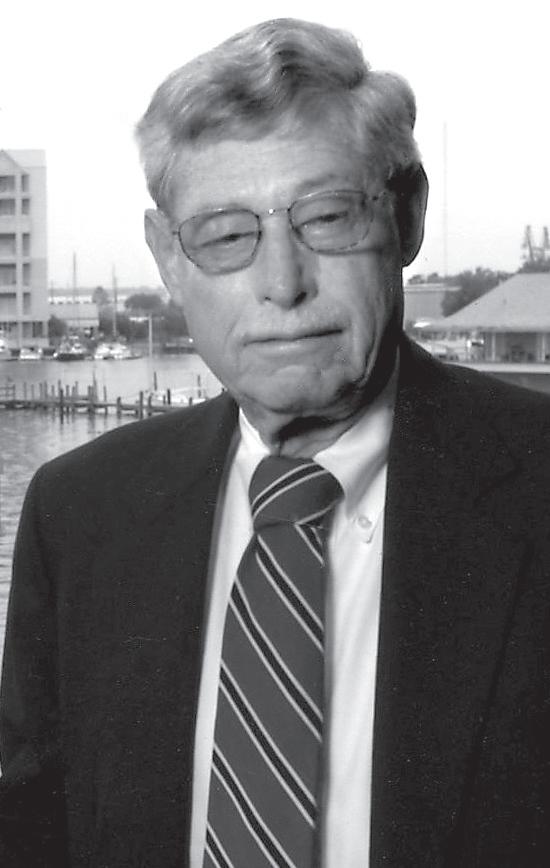
Russell and Landau both say that focusing on keeping the spirit of Shabbat is a crucial guide. Landau says that even if self-driving cars can technically be used — an assumption that hasn’t been truly tested yet — he doesn’t believe that most observant Jews will tap on the Waymo app a few minutes before sundown on Friday.
“Not everything you could do, you should do,” Landau says.
Exciting choices abound at Norfolk Academy, and each one helps spur curiosity and develop character. In our community of trust, children grow to value the path of integrity and discover their voices. From first grade to graduation, student voices are shared, heard, and respected.
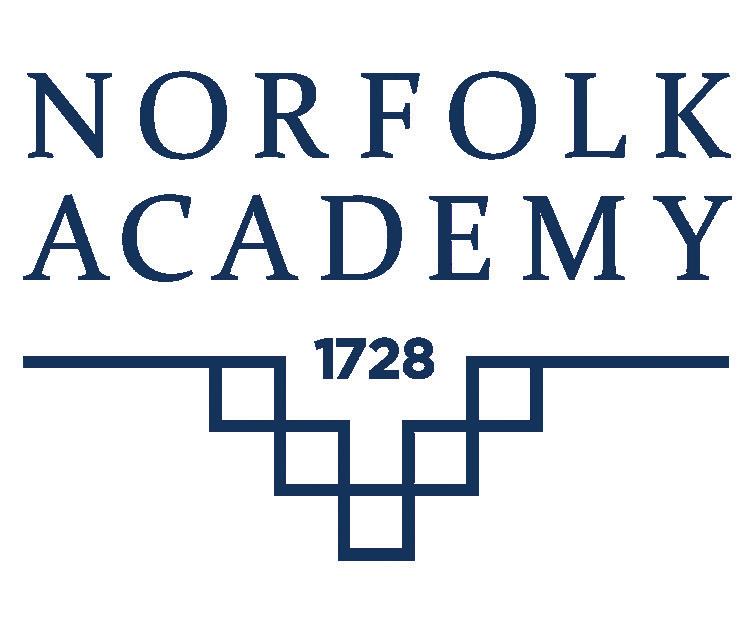
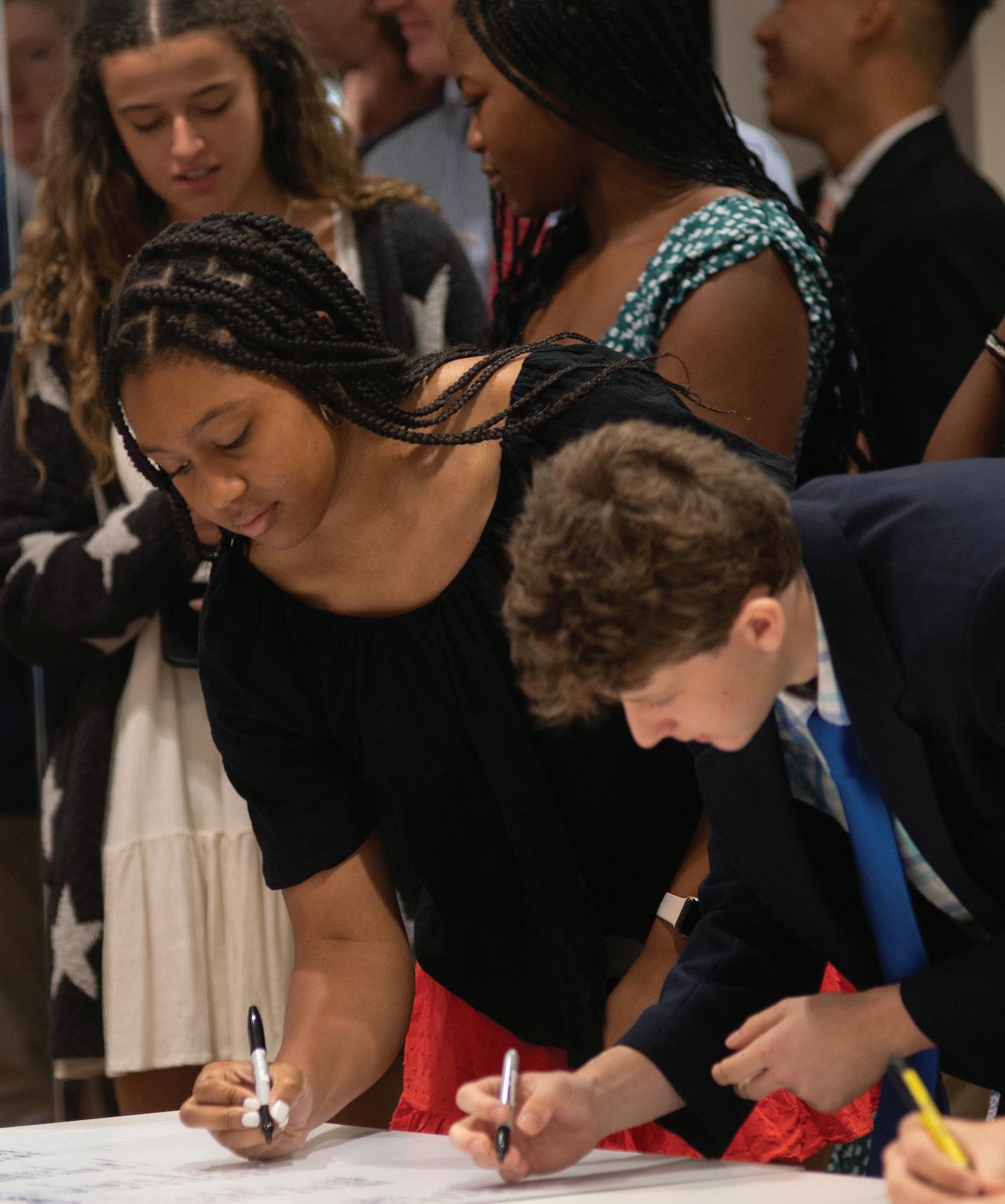

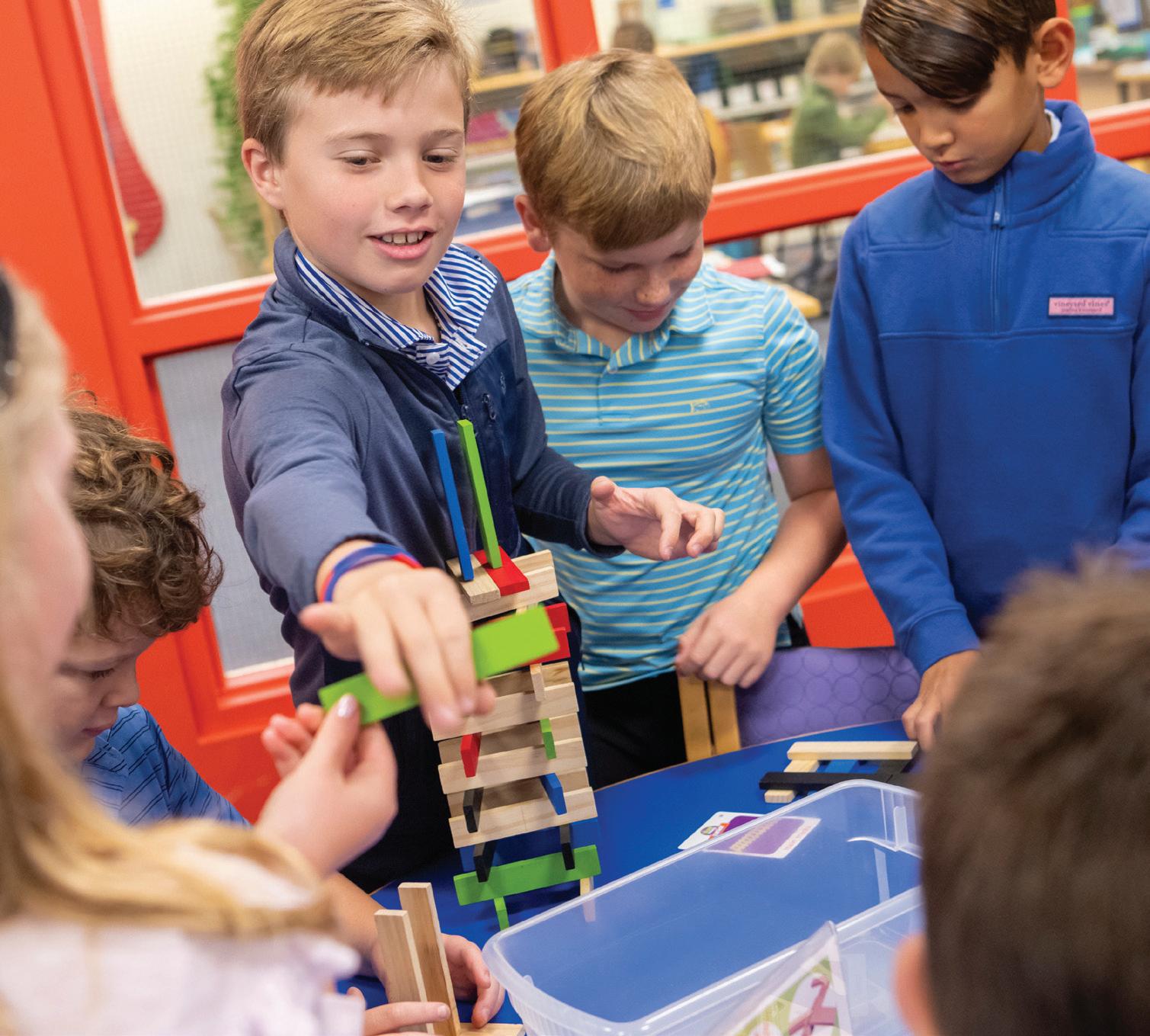
Jewish News staff report
Agroup of Jewish philanthropists created Birthright Israel in 1999 with the goal of giving every eligible young Jewish adult around the world the opportunity to visit Israel. The 10-day, mostly free trip aims to motivate young people to explore their Jewish identity and support for Israel and to maintain long-lasting connections with the Israelis they meet.
Trips are available in various forms – including groups
from universities or alumni of youth organizations, while others might focus more on outdoor adventures, cuisine, or resume building. Some trips group participants by age or by geographic area, among the many options.
Of the more than 800,000 young people who have travelled to Israel since the program’s inception, many have been from Tidewater, including several on recent trips.
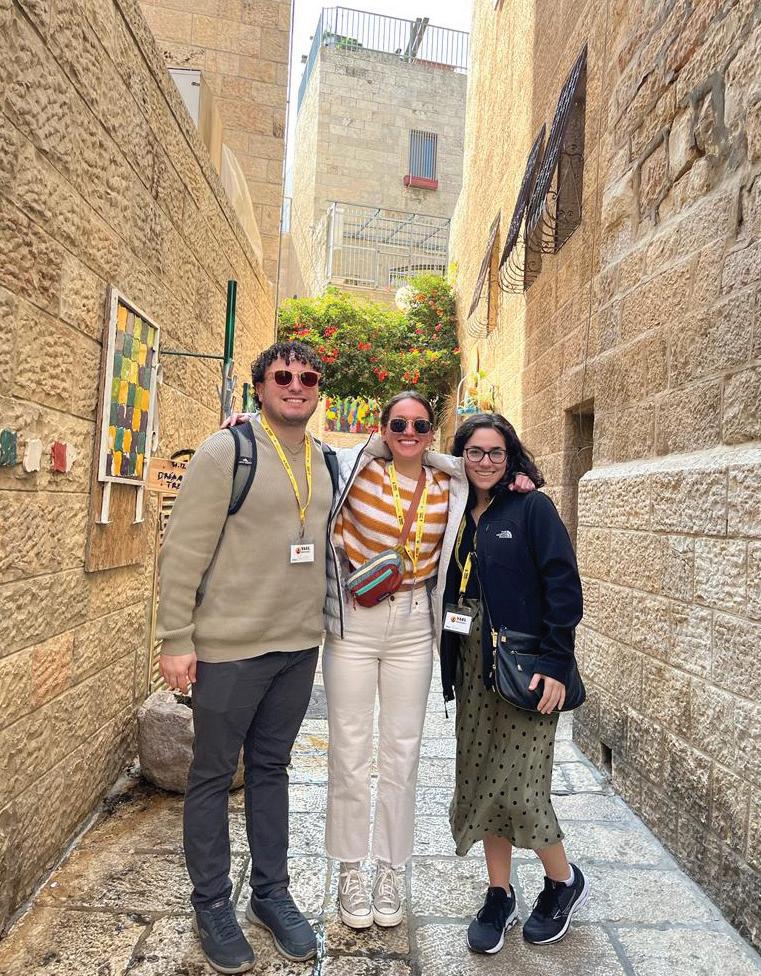
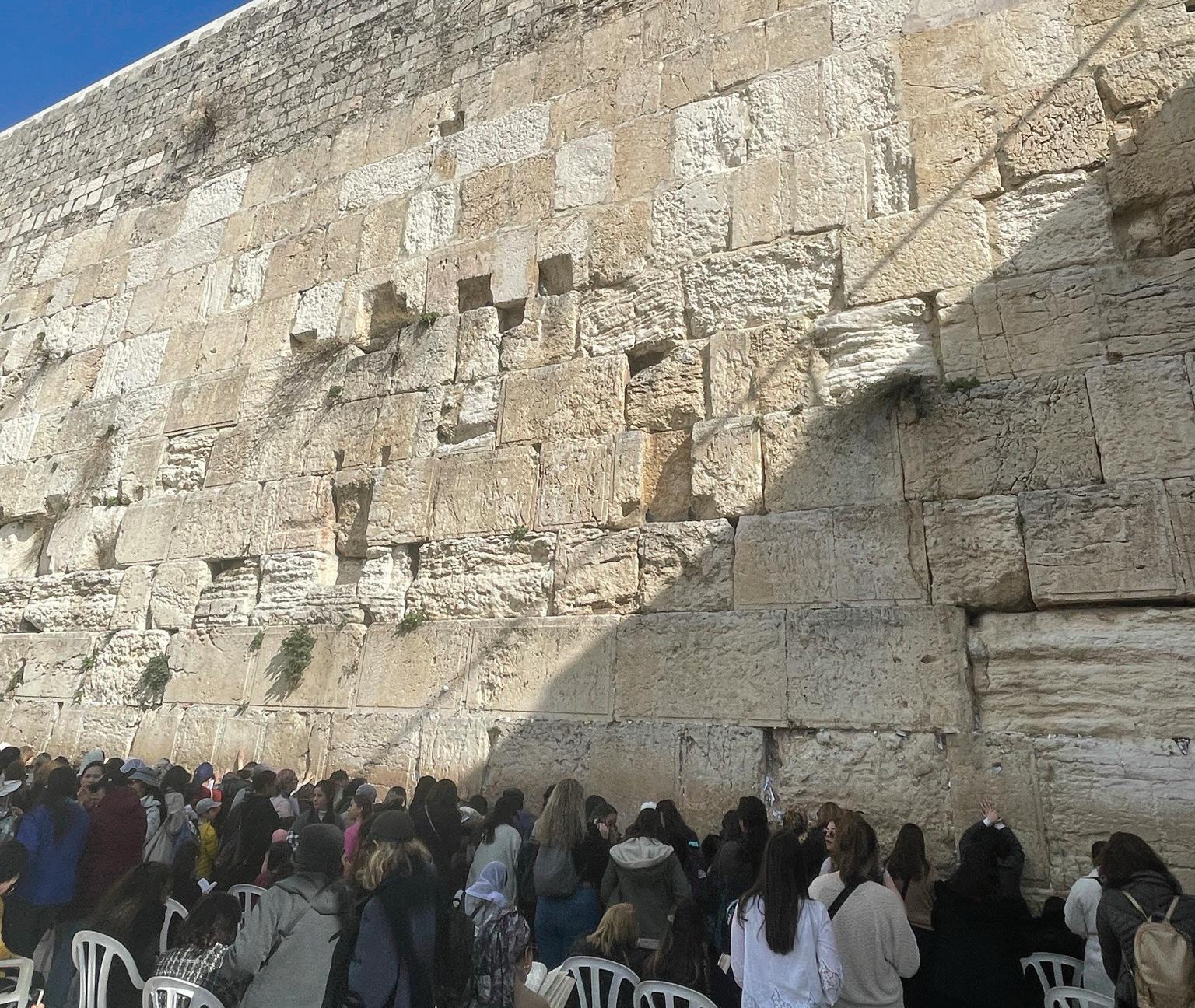

Milo Sforza, from Virginia Beach and a student at Virginia Tech, says, “I was brought a lot closer to my
faith by Birthright. Since then, I have become a lot more involved with my community.” Sforza joined a December 2022 Birthright trip sponsored by Hillel at Virginia Tech.
In January, Hunter Thomas’ Birthright experience was with an older cohort of 21- to 26-year-olds. “After meeting IDF soldiers and seeing the diversity in Israeli society and Jewish culture, Israel feels more ‘real’ to me,” he says. “It is more than the headlines and photos and videos we see in the U.S.”
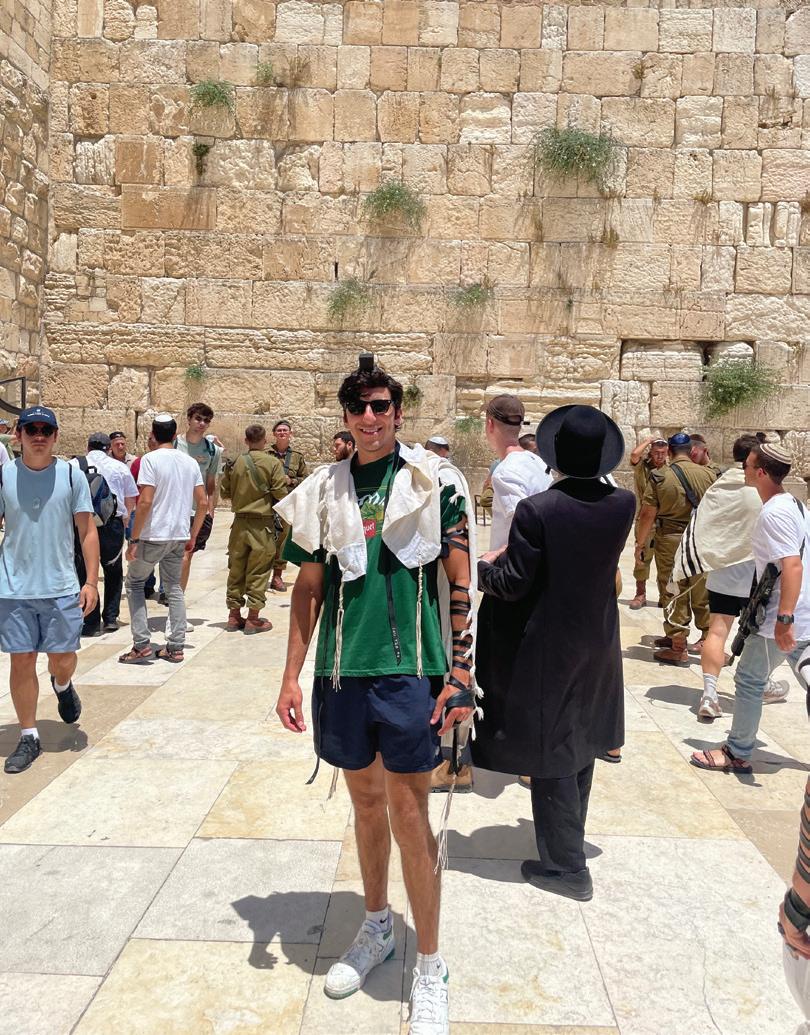
Samantha Strauss also travelled last January. “I was not raised religious and am only half Jewish, so I have struggled with that identity. My desire to practice Judaism strengthened, but more importantly my connection with the community strengthened.”
Andrew Gross and many of his fraternity brothers took the Chabad of Tulane University’s trip this summer. He says that the eight Israelis on his trip were one of the highlights of his experience. “The Israelis showed me the importance of being an advocate for the country through

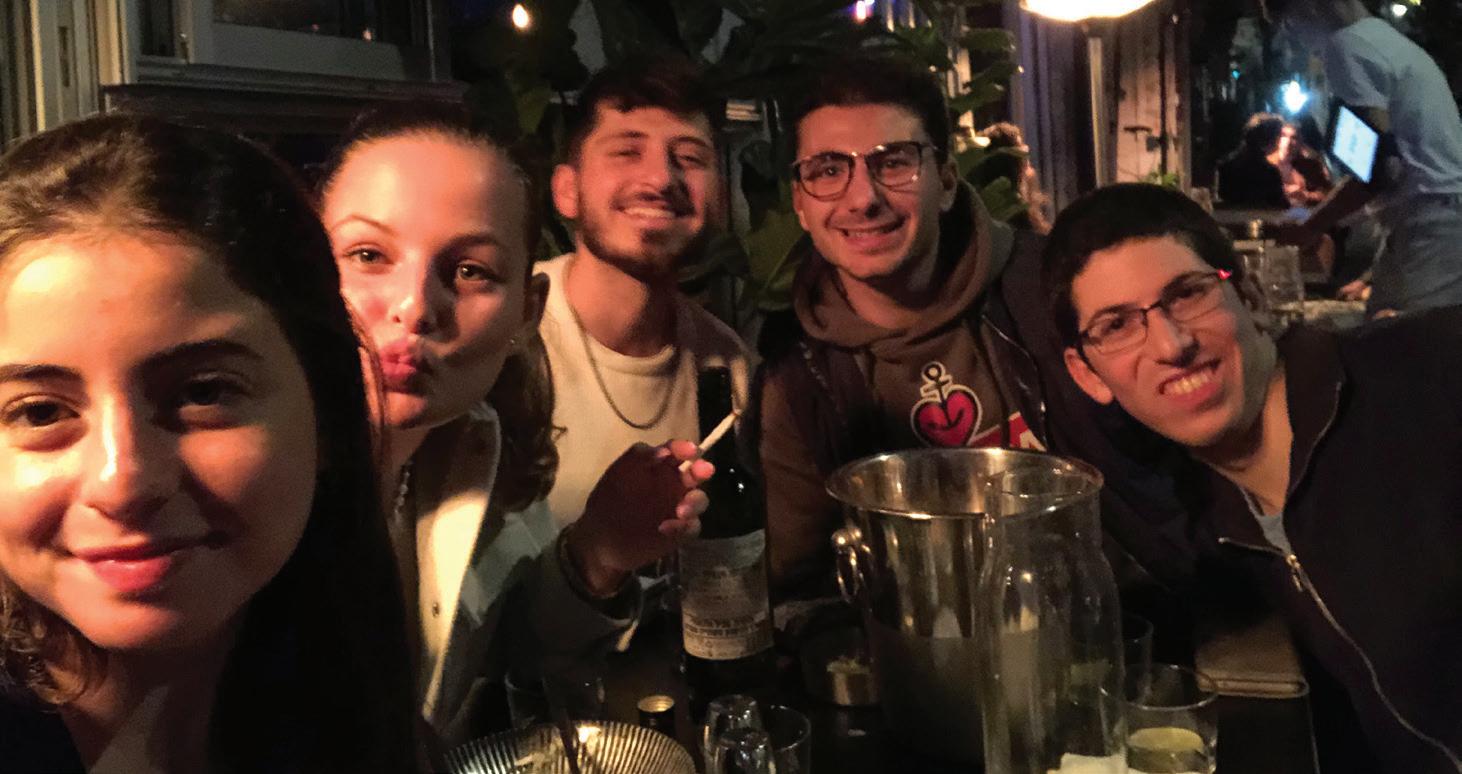
sharing their own experience with me.
“I found Birthright to be a life-changing experience. I can confidently say that I will be visiting Israel in the near future. I think my trip to Israel strengthened my Jewish identity and demonstrated how lucky I am to be part of the Jewish community.”
Birthright Israel has been a long-time beneficiary of the United Jewish Federation of Tidewater’s annual Community Campaign.
“We appreciate all of the donors from our community
who have played a role in helping send 70 to 80 young adults from Tidewater to Israel on various Birthright trips each year,” says Betty Ann Levin, executive vice president/ CEO, United Jewish Federation of Tidewater.
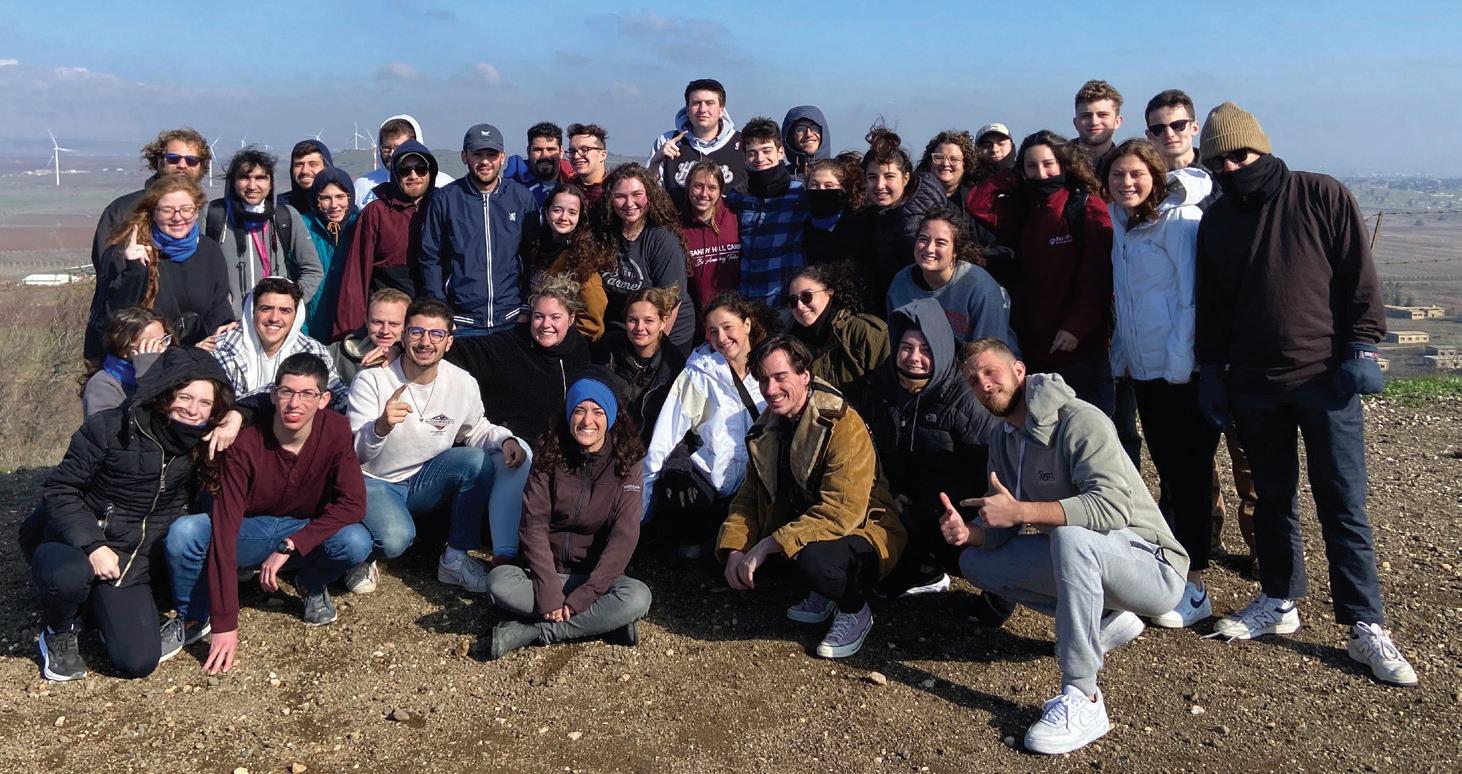
“What an incredible investment our community is making by providing so many with this opportunity!”
This is part of a series spotlighting local and overseas partner agencies that are beneficiaries of the United Jewish Federation of Tidewater’s annual Community Campaign.
As the Chief Executive Officer at the Peninsula Foodbank, she believes the Foodbank not only distributes food but is also the spokesperson for those who otherwise don’t have a voice.
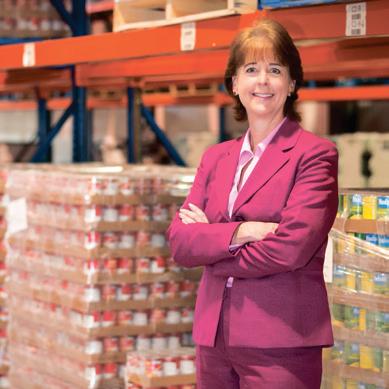
“There are so many low income individuals who haven’t received any benefit from the recovering economy and those who because of their life circumstances need help every now and then. We are there to help ensure their voices are heard.”
“Since 2004, when I started with the Foodbank and got to know Payday Payroll, I have always felt that Payday has been involved and helped to build it’s business through positive support for others in the community, both non-profits and start up businesses. I particularly appreciate the generosity that Payday has shown to the nonprofits in our community.”

Our client relationships are anything but transactional. We are long-term partners, dedicated to the success of our clients, and most importantly, their people.



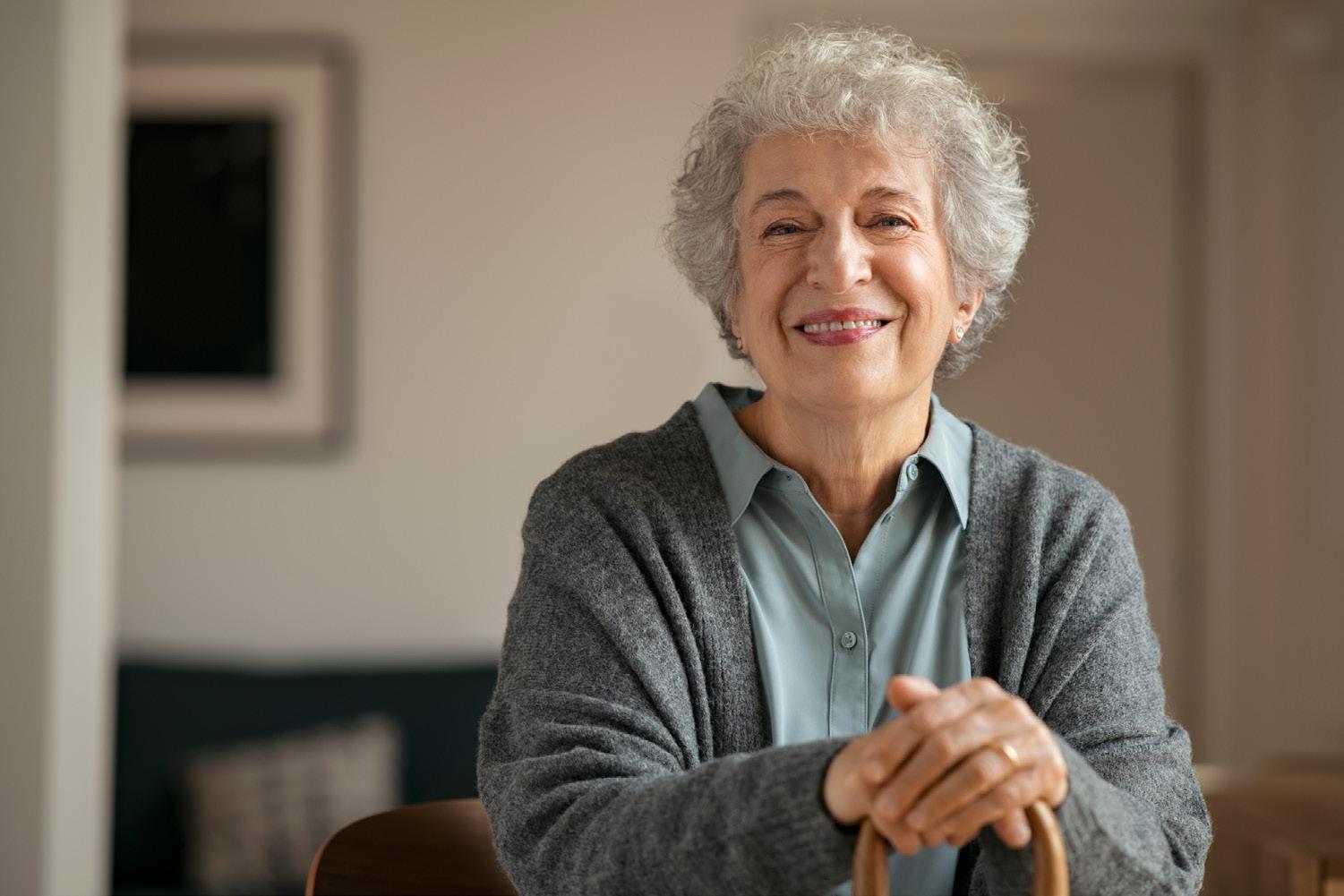
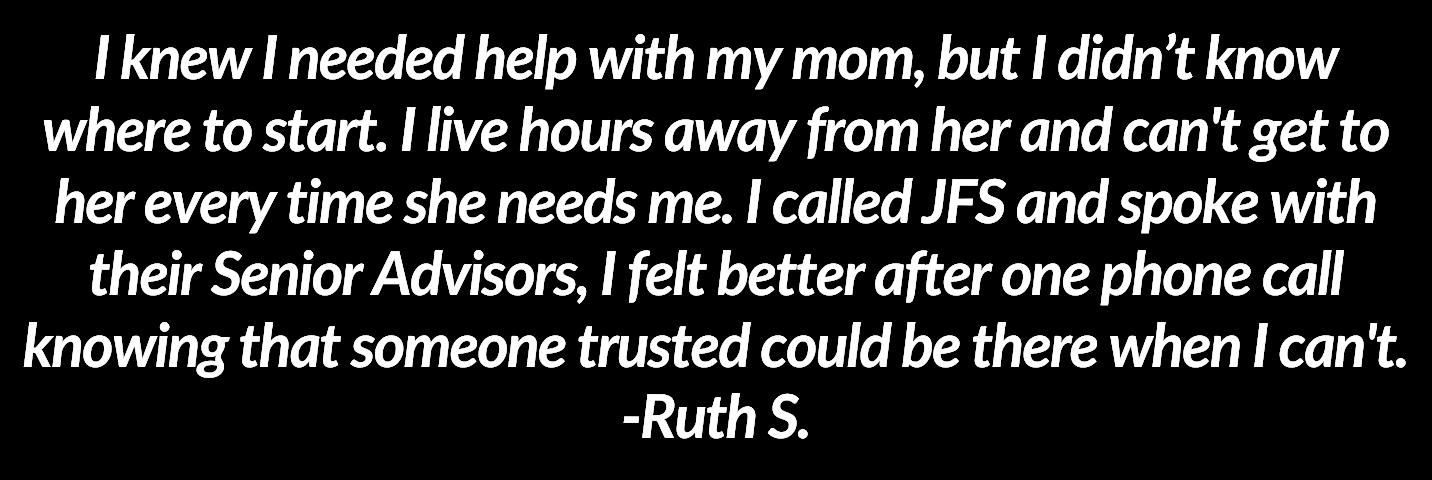
Andrew Lapin

(JTA) – The State Department condemned far-right Israeli National Security Minister Itamar Ben-Gvir for saying that Jewish rights to freedom of movement in the West Bank trump those of the territory’s Arab residents.
Both Ben-Gvir and the Israeli prime minister’s office fired back, claiming that his statement had been misunderstood and that he had been referring to Israeli settlers’ rights to protection from Palestinian terrorist attacks.
Ben-Gvir lives in the Israeli West Bank settlement of Kiryat Arba and made the comments in an appearance Wednesday, August 23 on Israeli Channel 12.
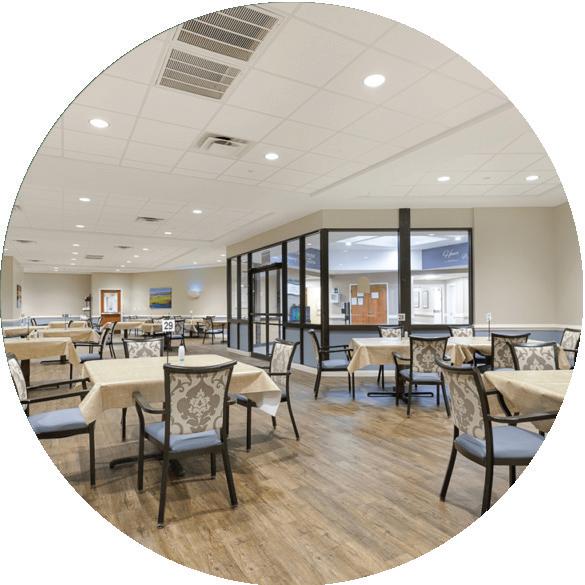
“My right, my wife’s right, my children’s right to travel on the roads of Judea and Samaria is more important than Arabs’ freedom of movement,” he said, using the Israeli government’s preferred term for the West Bank.

Turning to Arab Israeli journalist Mohammad Magadli, Ben-Gvir said, “Sorry, Mohammad, but that’s the reality, that’s the truth. My right to life precedes the right to movement.”
The remark was criticized by a series of public figures and activist groups. The Palestinian Authority called it “racist and heinous,” and additional condemnations came from Israeli opposition politicians and liberal American Jewish groups. PalestinianAmerican supermodel and activist Bella Hadid went after Ben-Gvir’s comments on her Instagram page, which has nearly 60 million followers.
The State Department condemnation marked the latest diplomatic flare-up between Israel and the United States. The Biden administration has previously objected to inflammatory statements or actions from far-right members of Prime Minister Benjamin Netanyahu’s governing coalition including Ben-Gvir.
A State Department spokesperson denounced Ben-Gvir’s comments, telling the Times of Israel that the United States “strongly condemn[s] Minister Ben-Gvir’s inflammatory comments on the freedom of movement of Palestinian residents of the West Bank.”

The spokesperson added that the U.S. “condemn[s] all racist rhetoric” and that remarks like Ben-Gvir’s are “incongruent with advancing respect for human rights for all.”
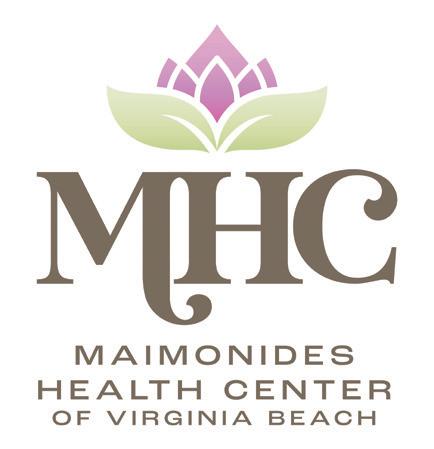
The administration has criticized Israeli settlement activity and supports the establishment of an independent Palestinian state alongside Israel. Human rights groups in Israel and abroad have documented that Palestinians face restrictions on their freedom of movement within the territory occupied by Israel, needing to traverse checkpoints and lacking access to some roads. Israel says that access roads to settlements, and restrictions on Palestinian travel, are meant to prevent terror attacks on Israeli civilians.

comes new ownership. We pride ourselves with
same high standard of exceptional care you have come to expect.
State Dept. condemns far-right Israeli minister for saying his right to travel in the West Bank is ‘more important than Arabs’ freedom of movement’

As the High Holidays approach, we find ourselves standing at the threshold of a new year, an opportunity for introspection, reflection, and renewal. These sacred days present a unique opportunity to embrace mindfulness, fostering a deeper connection with ourselves, our community, and our Jewish heritage.
Mindfulness is about being present and fully aware of our thoughts, feelings, and actions. It allows us to cultivate gratitude, compassion, and an understanding of our purpose. As we engage in prayer, self-examination, and acts of kindness during this season, let us also focus on the legacy that those before us have left behind – gifts that can help shape the Jewish community we are today and our commitment to secure its future in Tidewater.
Legacy gifting is a powerful way to ensure that our values and passions endure beyond our lifetime. By making a planned gift to the Tidewater Jewish Foundation, we can support the causes, organizations, and initiatives that matter most to us. Through legacy gifting, we become partners in building a vibrant and resilient Jewish community for generations.
During this sacred season, let us reflect on the impact we want to make on the world and how we can align our philanthropic goals with our values. By engaging in mindful acts of tzedakah (charitable giving), we sow the seeds for a more compassionate and just society today and tomorrow.
TJF stands ready to assist you in creating a meaningful legacy. Our team of professionals offers personalized philanthropic advisory services, helping you explore various giving options, including bequests, charitable trusts, and endowed funds. Together, we can ensure that your legacy gifting plan reflects your vision, values, and aspirations.
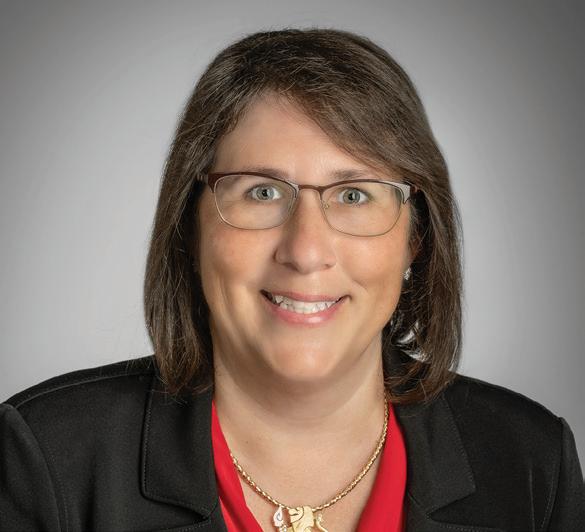


As we immerse ourselves in the transformative power of these High Holidays, let us embrace mindfulness and the profound impact of legacy gifting. Partnering with TJF can leave a lasting imprint on our beloved community, securing its future and safeguarding our Jewish heritage for years to come.
May this Rosh Hashanah and Yom Kippur be a time of deep introspection, renewal, and a commitment to leaving a meaningful legacy for future generations. Shana Tovah!
(JTA) — Israel won its first-ever gold medals at the Rhythmic Gymnastics World Championships in Valencia, Spain, last month, improving on last year’s silver medal and solidifying its place as a global powerhouse in the sport.
On August 25, Israel’s team topped China and Spain to take gold in the allaround group category. On August 27, Israel won gold in the combined exercise, beating out China and Ukraine. The team also finished fifth in the hoop final.
Linoy Ashram, who became the first Israeli woman to win an Olympic gold medal with her rhythmic gymnastics victory at the Tokyo Olympics in 2021, served as an assistant trainer to the team. She retired from the sport last year at age 22.
“I think you can hear in my voice how excited we were and how we screamed yesterday, and what a crazy achievement we had yesterday,” Ashram told Haaretz
The gold medal-winning performance featured a three-minute ribbons and balls routine set to a dance track mixed with the chorus of Diva, by Israeli singer Dana International — which won the 1998 Eurovision song contest. It also featured a three-minute hoop routine with music from Israeli actress Gal Gadot’s 2017 film Wonder Woman.
“We are really happy that we managed to get this medal and that we got the chance to scream out the anthem from the podium,” said Romi Paritzki, the team’s captain.
The team had won the all-around competition in the European championship last year and added two silvers and a gold at this year’s competition.
The silver medal win at last year’s world championship secured a spot for Israel in the group competition at the 2024 Paris Olympics.

Raised in a home rich with Jewish traditions and values, Yarden says she cherishes her heritage and actively engages with the Jewish community within and beyond her home. With a family deeply connected to Israel, her personal and academic journeys have been enriched by her time living there – from ages five to 12 years old.

Pursuing the practice of women’s health, Yarden’s commitment to her studies is reinforced by the importance of balance and finding outlets beyond academia, which include her dedication to her community. She teaches Hebrew at a local
he recipient of the 2023 Feldman Family Medical & Health Professions Student Scholarship is Nophar Tzilil Yarden, a third-year medical school student at Virginia Commonwealth University. The scholarship is administered through Tidewater Jewish Foundation.synagogue twice weekly, fostering connections and exemplifying the values of diligence, community strengthening, and a strong sense of her Jewish identity.
“Empowering and investing in the next generation of medical and health professionals within the Jewish community is a responsibility and a privilege,” says Dr. and Mrs. William Feldman. “By establishing the Feldman Family Medical & Health Professions Student Scholarship through Tidewater Jewish Foundation, we aim to nurture talent, promote education, and foster a spirit of service that aligns with the values and traditions of our heritage. Through this scholarship, we aspire to contribute not only to advancing healthcare, but also to the strength and vibrancy of our Jewish community, ensuring a legacy of care and compassion.”
Sunday, September 10, 10 am – 1 pm
Amy ZelenkaIt’s that time of year – Super Sunday season. And United Jewish Federation of Tidewater is excited to follow the success of last year’s (2023) Community Campaign, which exceeded $4.95 million. This year’s challenge for UJFT and the community is to hit the $5 million milestone. Super Sunday, which marks the start of the campaign, works best with a strong turnout of volunteers and a terrific philanthropic response from members of the community. Everyone is needed!
The annual Super Sunday phone-a-thon has long been a connector for community members; providing an opportunity to engage in uniquely Jewish conversations. This year, weather-permitting, the event will be held in the beautiful Marty Einhorn Pavilion on the Sandler Family Campus. Traditional Super Sunday T-Shirts and kosher snacks will be available to keep volunteer callers well fueled.
For decades, each year (and for nearly 20 years at the Sandler Family Campus), community volunteers have gathered to “make the calls that make a difference” in the lives of Jews in Tidewater, in Israel, and around the Jewish world. It’s a terrific, energetic event where community members have a chance to meet one another, reconnect with old friends and meet new ones. The synergy of 50 - 80 volunteers all making calls in support of the community is truly something to behold. The event draws volunteers of all ages (and is an especially great way for young adults to meet one another and help build community for the future).

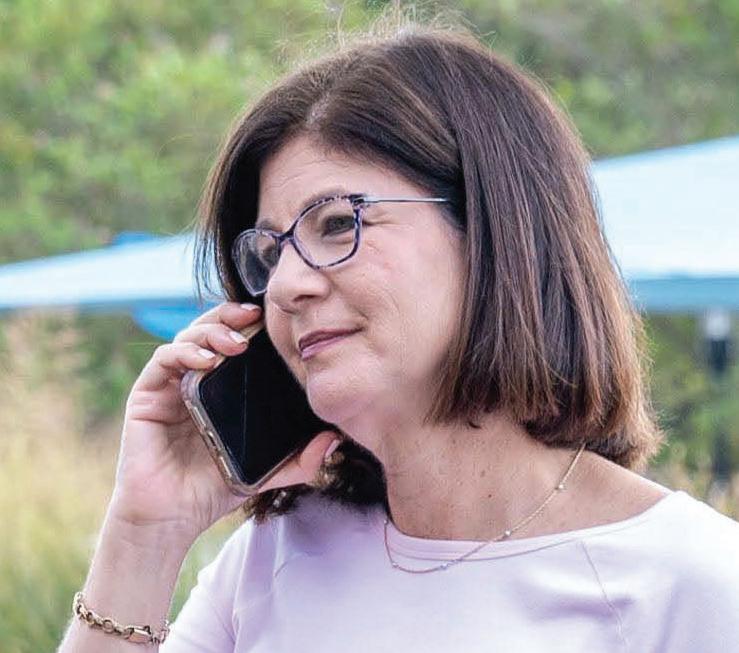

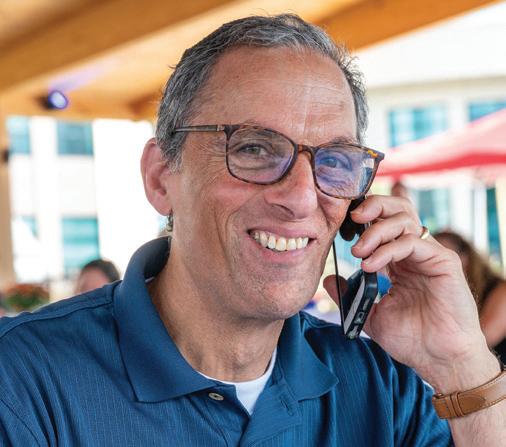
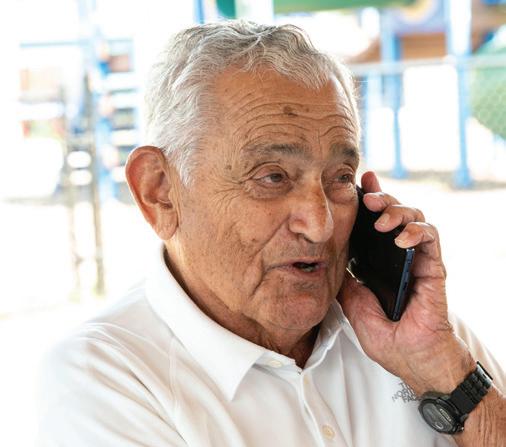
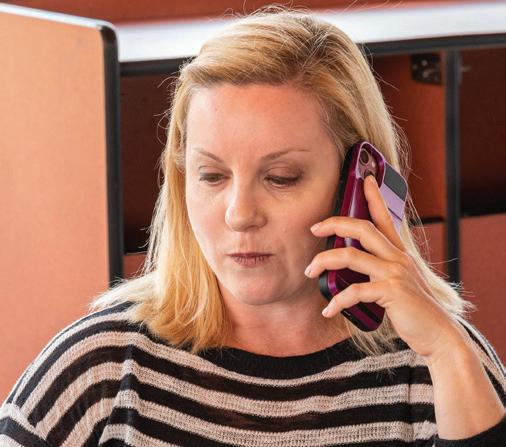

This year’s theme: “Today… Tomorrow… Always…” embodies the spirit of the Community Campaign – raising dollars to meet current needs, planning for emerging needs, and envisioning a safe, secure, and thriving Jewish community of the future.
The current climate of rising antisemitism and
threats against Jewish communities (including here in the United States) is a real cause for concern and for immediate response. The Federation and its Jewish Community Relations Council continue to work with local, state, and national partners to educate the community, be prepared, and respond when necessary. In addition, UJFT has enhanced its relationship with Secure Community Network (SCN) to ensure that all communal spaces where the Jewish community gathers are made safe and resistant to threats.
Combatting antisemitism, ensuring a secure Jewish community, funding a multitude of Jewish education programs, building Jewish identity in children and teens, and helping vulnerable Jewish individuals at home and abroad, and continuing to meet ongoing needs in Ukraine… These are some of the ways the Community Campaign (with individual support) is making a difference.
There are three ways to help.
One option is to volunteer to MAKE calls on Super Sunday. Volunteer caller training takes place at 9:30 am. Everyone will hit the phones at 10 am to start the conversations. Come for an hour or two. Each effort truly makes a difference.
The second way to help is to take the call between 10 am and 1 pm. The volunteer caller will be so happy you answered! And you’ll be fulfilling a mitzvah.
The third option is for those who prefer NOT to be called on Super Sunday, but still want to give. Make a gift early by visiting the UJFT website at www.jewishva.org. From the home page, click on the DONATE TODAY button in the Community Campaign box. Click to donate. All gifts received on the website between now and Super Sunday will be counted in the Super Sunday total.
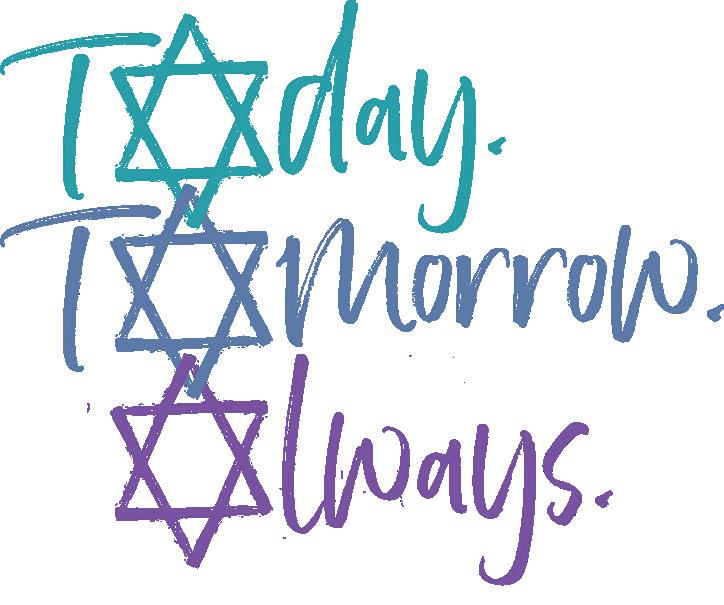

September 10, 2023, 10 am ADD A TOUCH OF CLASS TO YOUR LIFE WITH FINE CRYSTAL, FINE ART, FINE FURNITURE and FINE JEWELRY & ACCESSORIES







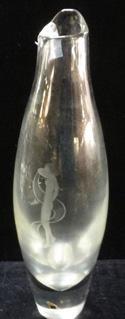




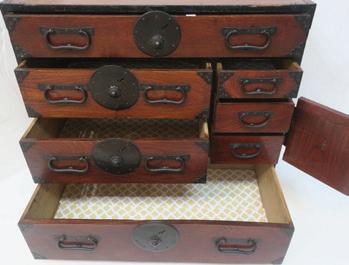





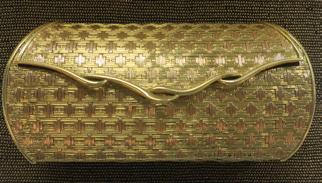
Check the Website—Plan to Preview Week of Sept 4–Sept 9 Bid Live Online, Live on the Phone, Absentee Bids Accepted, or Best of All
18 E Mellen St, Hampton, VA 23663 Catalogue online after Friday, September 1


For more information about Super Sunday, visit www.jewishva.org/supersunday.
For more information about the UJFT Community Campaign, contact Amy Zelenka at the Federation at 757-965-6139 or azelenka@ujft.org.
TOGETHER, we’ll work hard this year to raise additional dollars to meet growing needs.
TOGETHER… we’ll repair the world.







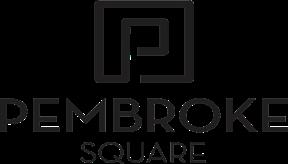
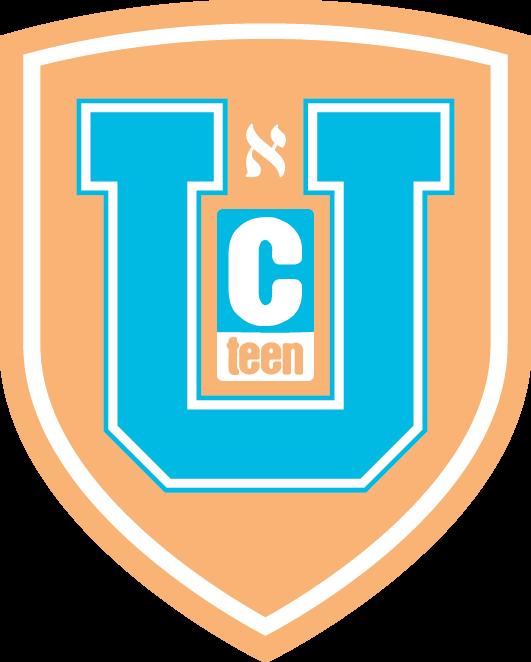

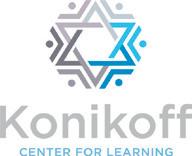

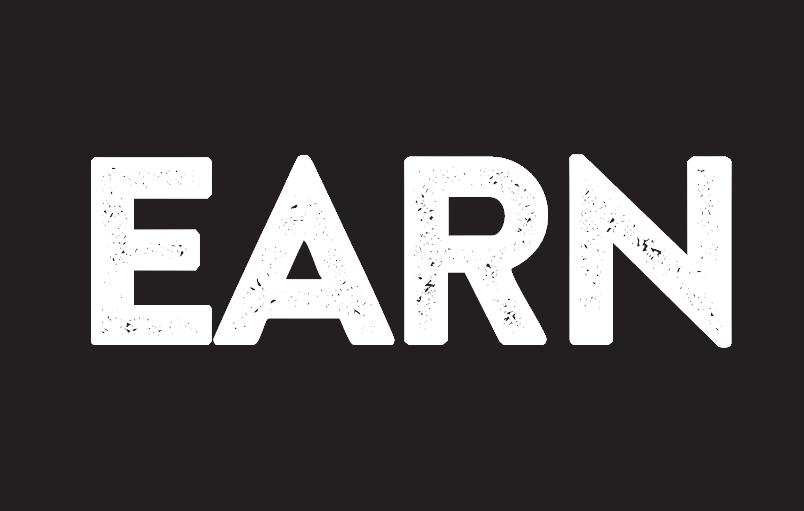

My friend, Cantor Jennifer Bern Vogel, was the first person I ever heard remark that “the High Holidays are never on time. . . they’re either ‘early’ or ‘late’ this year.” This year, however, I think they’re as close to ‘on time’ that they’ll ever get. Rosh Hashanah starts at sunset on Friday, September 15.



Still, a lot of hectic activity is taking place, as if the upcoming High Holidays’ arrival is a surprise. Congregations are busy preparing for services, meals, and other programming and family and friends are planning gatherings before and after services. Clergy, of course, are also a bit occupied . . .
In addition to the obvious (praying and eating together), we’re also making memories, the topic of this section’s feature, in which we asked several locals to share their earliest memories of Rosh Hashanah. From birth to sermons, the recollections begin on page 20. Thank you to all who responded!

Today, a major part of a synagogue’s prep for these days of worship focus on security. Mike Goldsmith, regional security advisor for Secure Community Network, offers some advice on awareness that we can all employ – whether we’re in our sanctuary, in a movie theater, we’re
shopping, or are at work. The article is on page 28.


Each year in advance of the holidays, Jewish Family Service reaches out to Jewish residents of non-Jewish senior facilities and conducts food drives to help feed hungry families. Both are important and appreciated efforts. Learn more on page 32.







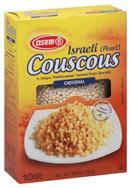




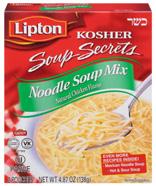


Tashlich takes place in various forms throughout Tidewater. Our article on page 29 shows how creative area congregations are in conducting the practice. We hope you enjoy these, as well as the other articles and information in this section. Mainly, however, all of us at Jewish News hope you have a peaceful, safe, healthy, and happy New Year!
L’Shana Tova!


 Denison Editor
Denison Editor


That’s the question Jewish News posed to a variety of people of a variety of ages. With the assortment of backgrounds, there’s no surprise that the recollections are also diverse – from serious to playful. No matter where on the spectrum they fall, however, all are heartfelt. What’s your memory?
[ Lawrence Steingold ]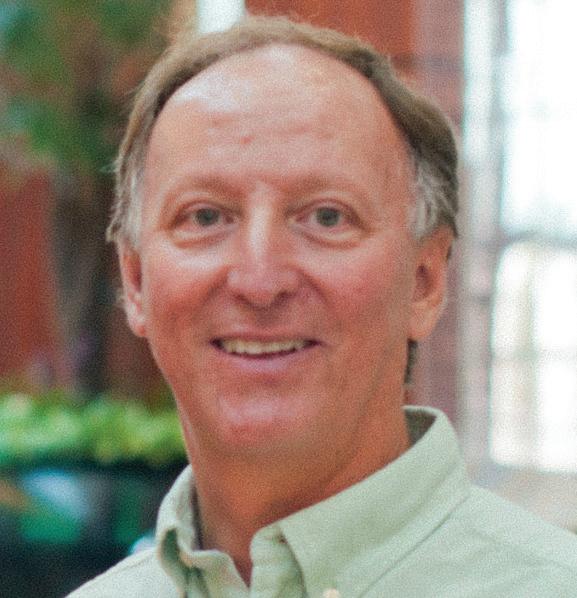
My earliest memory of a Rosh Hashanah celebration was on Spotswood Avenue in West Ghent, the home of my maternal grandparents.
It was a busy and lively time with my mother’s two sisters and brother, along with their spouses and a load of grandchildren. My grandfather, Isaac, who was a trustee at Congregation Beth El, spent most of the holiday at services, and we waited “patiently” for him to get home. At the home, there was lots of cooking – truly authentic Jewish foods that only were made around holiday time.
With our grandparents having immigrated from Eastern Europe a half century earlier, we were aware of the importance of the holidays with them.
Eating sticky honey with apples. You have to dip the apple in the honey and play apple games.
Igrew up in Baltimore, Md., a Jewish community so large that seven students in my first-grade class had the last name, Cohen (and none were related)!
We celebrated Rosh Hashanah with my Orthodox grandparents who still lived in my father’s childhood home and in walking distance to shul. Each New Year, my grandmother baked the same dessert: a yellow cake with pareve chocolate icing and coconut shavings. Even more memorable to me was after the meal; while my father, grandfather, and brothers were benching, I was in the kitchen with my mother and grandmother handwashing the dishes. I took such pleasure in this activity – while also knowing that I was having fun while Roger and Gregg were stuck at the table!
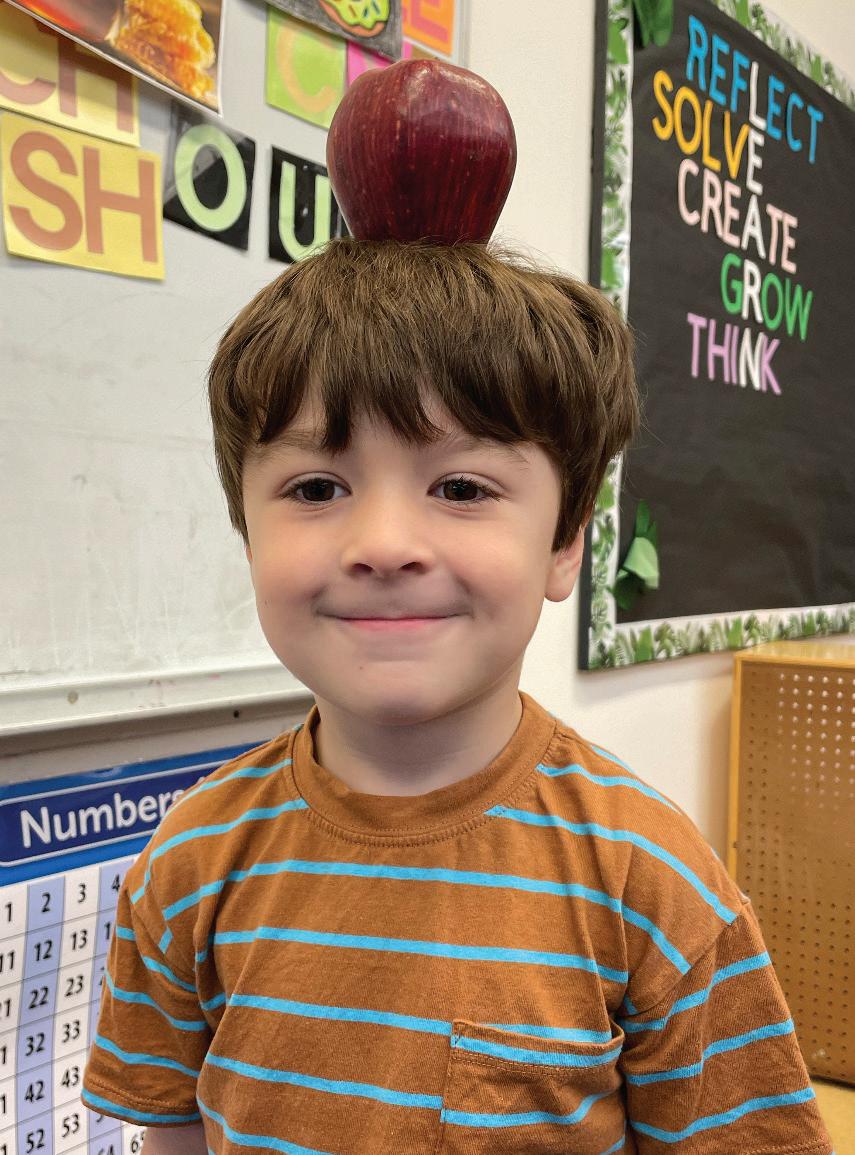
My earliest memory is having Rosh Hashanah lunch at my Grandma Lil’s house.
Since we went to Beth El, and my uncle and aunt went to Temple Israel, they were always waiting for us! During the meal, the different sermons from each service were discussed. Eventually, the meals moved to my parents’ and uncle and aunt’s houses. Now, we host one or both of the meals! From generation to generation.
Iremember attending services at Gomley Chesed in Portsmouth.
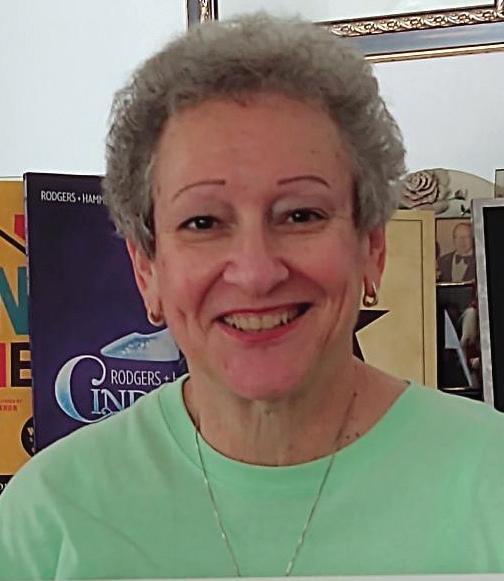

Even at a young age, I could sense the excitement of everyone being together. The women were pinching my cheeks, and the men were telling me jokes and “stealing” my nose. I was always fidgety in my seat where we sat behind the Peck clan.
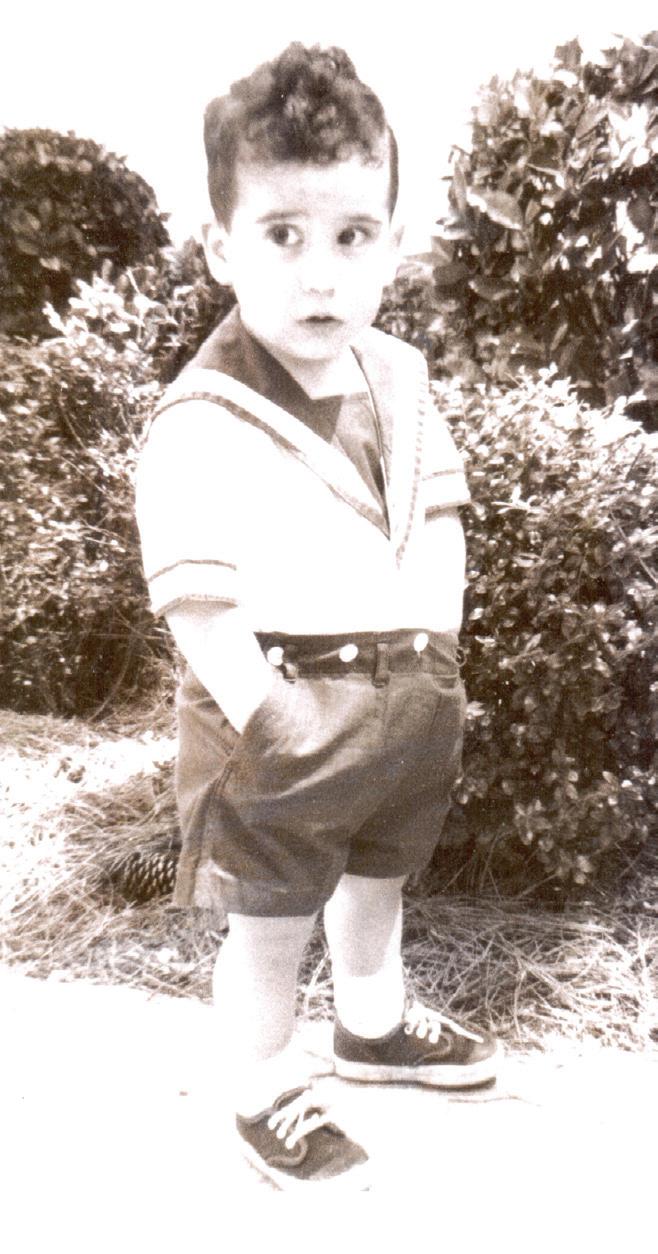
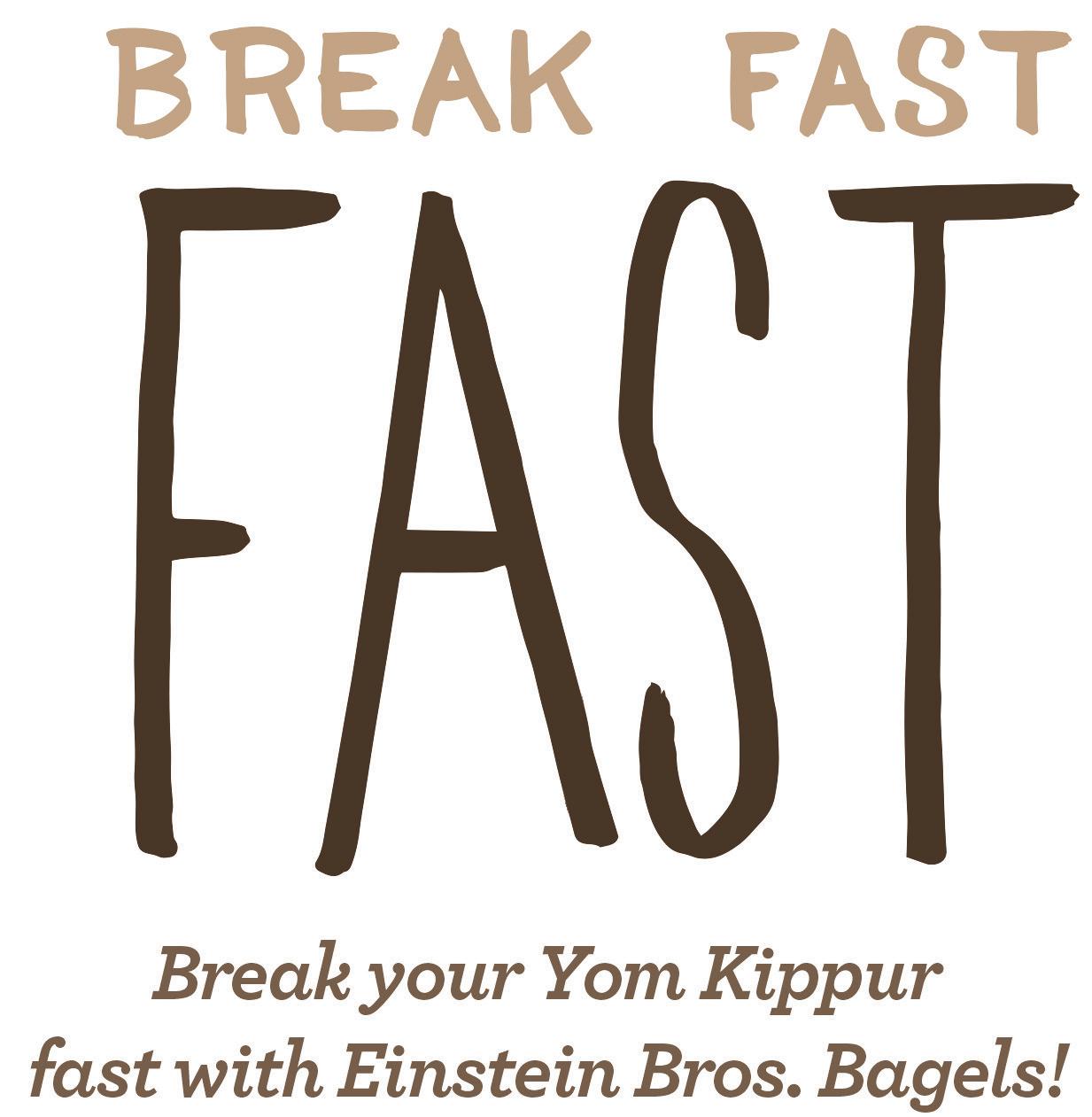

My father has a great deal of joy when he talks about how he was called up to the bimah on the second day of Rosh Hashanah, just a few days after I was born, and I was given my name, Aviva Yocheved. That would be the earliest memory.
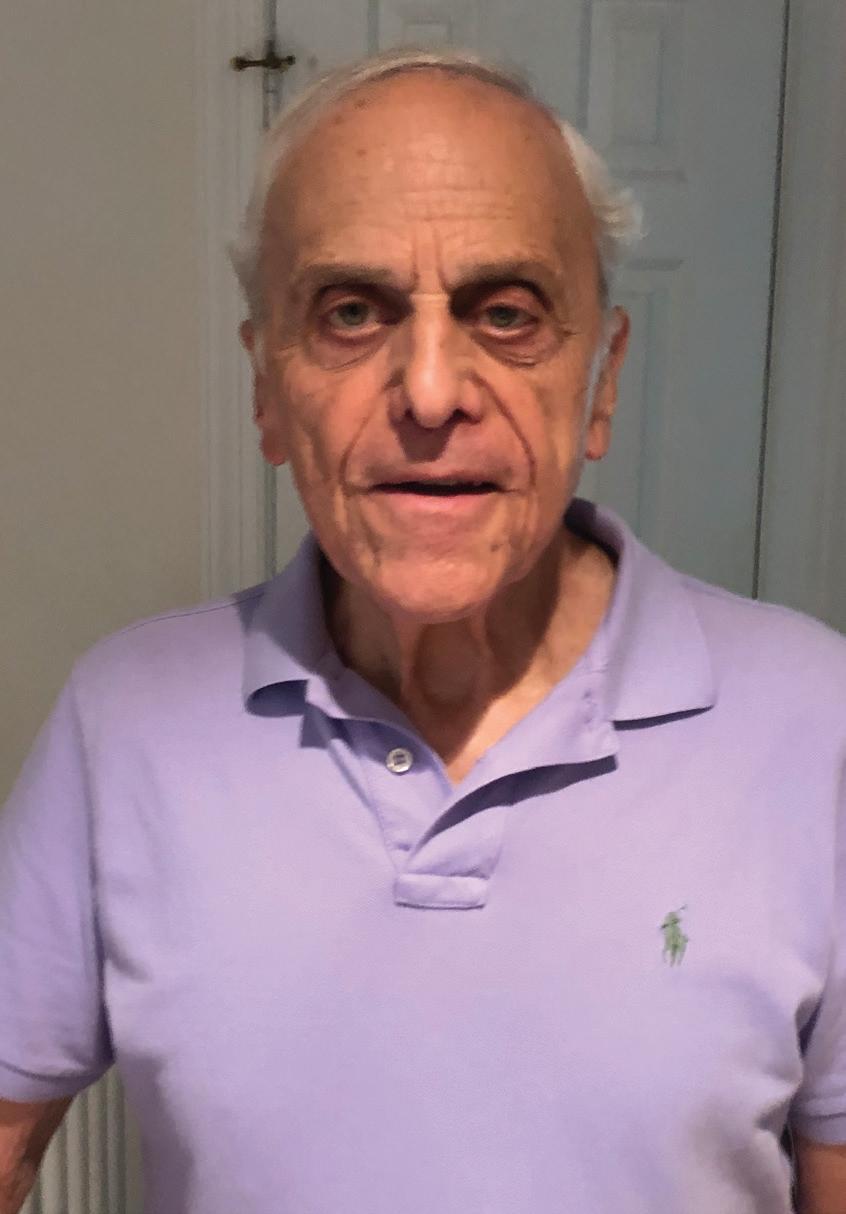
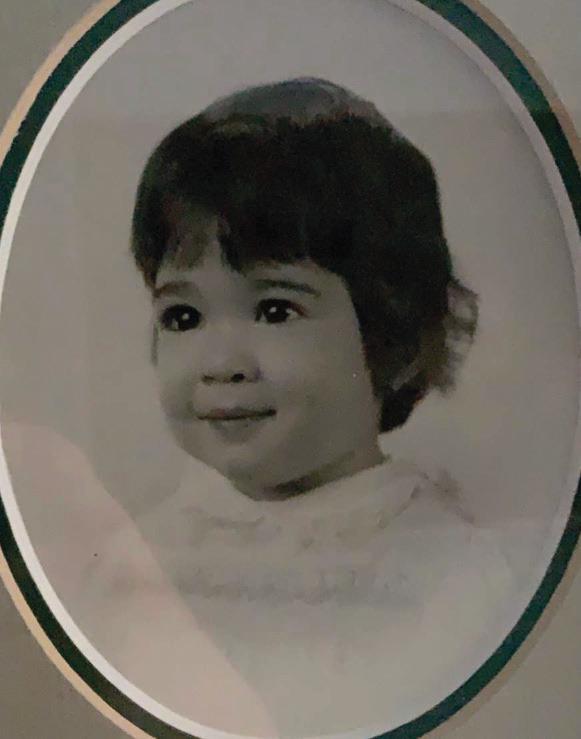
Ihave a vague recollection of my family’s moving in with my grandmother in Berkley for a couple of days, in addition to a “fuzzy” memory of my sitting with my father in the old Mikro Kodesh Synagogue when I was an elementary school boy. It’s so “fuzzy” in my memory because it was so long ago!
For a few years in the late 1970s and early 1980s, we would have lunch after services at my parents’ apartment and then visit my great-uncle and great-aunt Herman and Sallie Sacks at their home. It was always an enjoyable visit.
One of my earliest memories is of my grandfather calling out the notes to the shofar blower. It seemed to me at the time to be an important job, and I felt very proud!
Iremember driving down the FDR Drive in Manhattan and seeing cars full of Jewish families all dressed up heading to Rosh Hashanah dinner. It resonated with me even then and filled me with a sense of community.

• Family owned and operated since 1917
• Affordable services to fit any budget
• Advance funeral planning
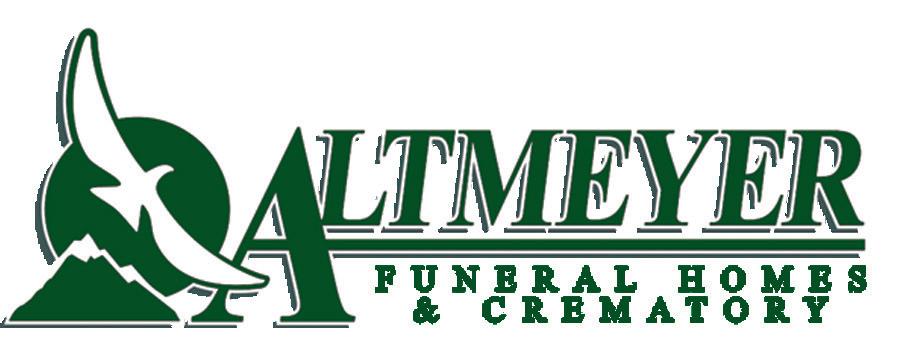

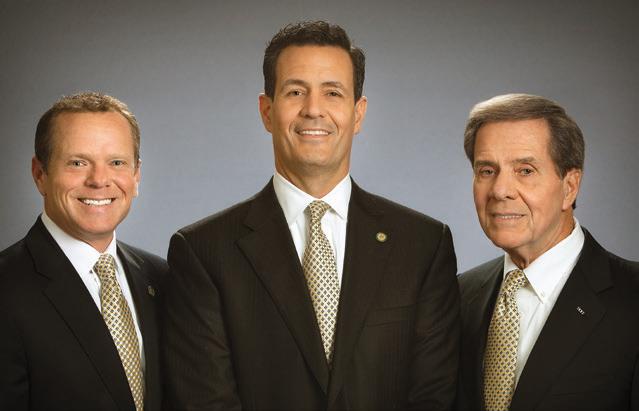
• Professional, experienced, caring staff
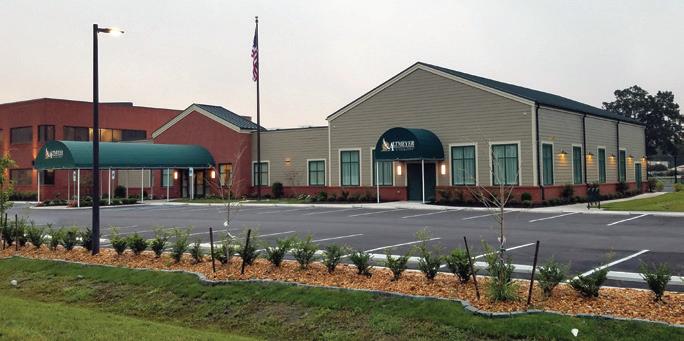
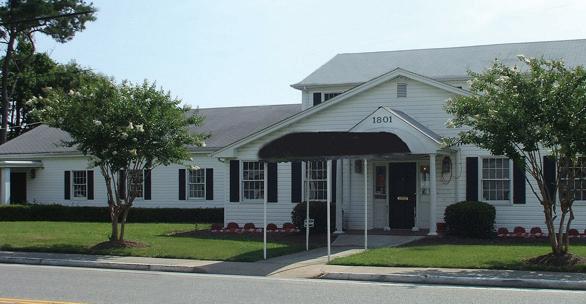
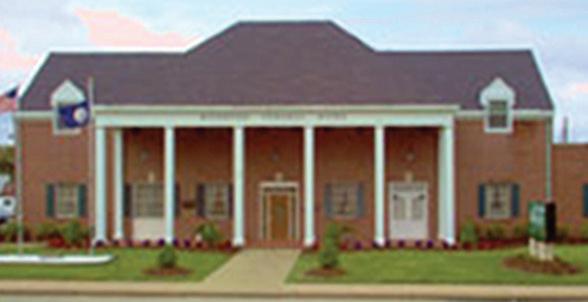
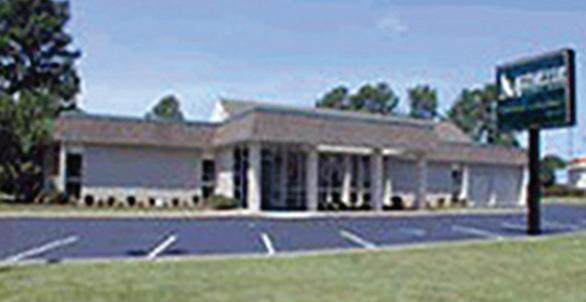
• Flexible burial options
• Flexible payment options
Approved by all area Rabbis and Chevrah Kadisha
CONGREGATIONS
B’NAI ISRAEL CONGREGATION
420 Spotswood Ave., Norfolk, VA 23517 757-627-7358
bnaiisrael.org, office@bnaiisrael.org
Rabbi Shlomo Eisenberg
ORTHODOX
BEACH COMMUNITY SHUL
3400 Holly Rd, Virginia Beach, VA 23451 757-938-0625
www.jewishvb.org
rabbi@jewishvb.org, info@jewishvb.org
Rabbi Meir Lessoff
CHABAD LUBAVITCH OF TIDEWATER/ CHABAD HOUSE
1920 Colley Avenue, Norfolk, VA 23517 757-616-0770
Rabbilevi@chabadoftidewater.com
www.chabadoftidewater.com
Rabbi Aron and Rychel Margolin
Rabbi Levi and Rashi Brashevitzky
COMMODORE URIAH P. LEVY CHAPEL
Corner of Maryland Ave. and Gilbert St., Naval Station Norfolk 757-444-7361
Rabbi Gershon Litt UNAFFILIATED
CONGREGATION BETH CHAVERIM Temple.Office@bethchaverim.com
Cantorial Soloist Jim Hibberd REFORM
CONGREGATION BETH EL
422 Shirley Avenue, Norfolk, VA 23517 757-625-7821
bethelnorfolk.com
noelle@bethelnorfolk.com
Rabbi Ron Koas
Rabbi Emeritus Arthur Ruberg CONSERVATIVE
KEHILLAT BET HAMIDRASH/ KEMPSVILLE CONSERVATIVE SYNAGOGUE (KBH)
952 Indian Lakes Blvd. Virginia Beach, VA 23464 757-495-8510
kbhsynagogue.org
kbhsynagogue@gmail.com
facebook.com/kbhsynagogue
Cantor David Proser
CONSERVATIVE
OHEF SHOLOM TEMPLE
530 Raleigh Avenue, Norfolk, VA 23507 757-625-4295
ohefsholom.org, ed@ohefsholom.org

Rabbi Rosalin Mandelberg
Cantor Jennifer Rueben
Rabbi Emeritus Lawrence A. Forman REFORM
TEMPLE EMANUEL
424 25th Street Virginia Beach, VA 23451 757-428-2591
www.tevb.org, office@tevb.org
Rabbi Ari Oliszewski
CONSERVATIVE
TEMPLE ISRAEL
7255 Granby St., Norfolk, VA 23505 757-489-4550
templeisraelva.org
TempleIsraelVA1954@gmail.com
Rabbi Michael Panitz
CONSERVATIVE
TEMPLE LEV TIKVAH (HEART OF HOPE)
1593 Lynnhaven Parkway, Virginia Beach 757-617-0334 or 757-937-8393
jzobe@aol.com
Rabbi Israel Zoberman REFORM
TIDEWATER CHAVURAH
Rabbi Cantor Ellen Jaffe-Gill 757-499-3660
tidewaterchavurah1@gmail.com
tidewaterchavurah.org

Temple Israel is an egalitarian, multicultural and multigenerational Conservative synagogue.
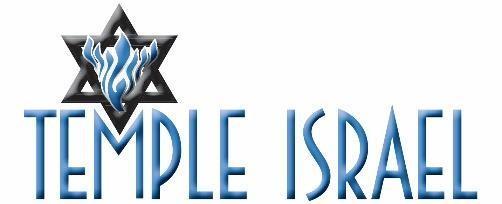

We offer in person Shabbat service each week, and daily minyan services on Zoom.
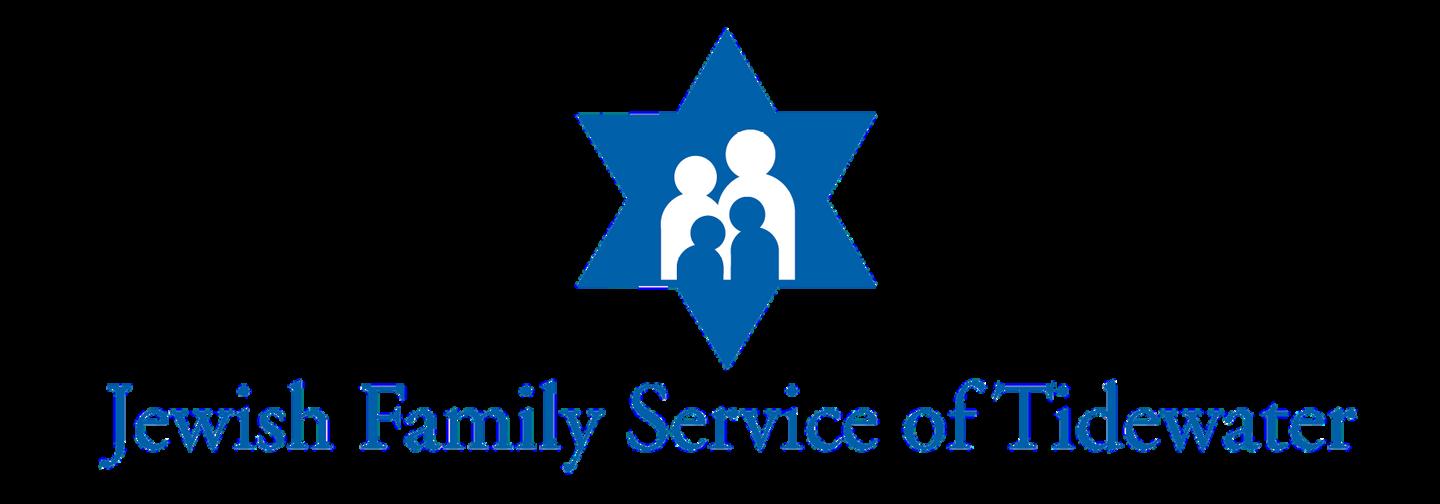

We have in person and virtual programs throughout the month, and you can participate in our “Mitzvah of the Month” helping organizations in need.

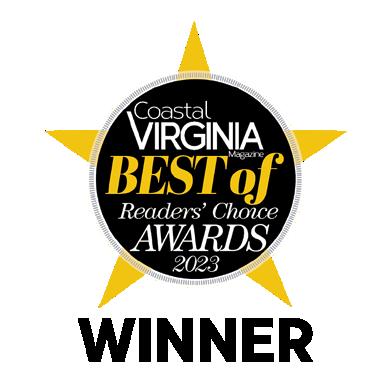
We are proud of our military families and offer affordable and flexible membership options for those who serve our country. Give us a call for more information.

Dr. Michael E. Panitz, Rabbi Nancy J. Tucker, Executive Director Tammy Conklin, Executive Assistant 7255 Granby Street Norfolk, VA 23505 757-489-4550 www.templeisraelva.org
-Andrew H. Hook, President of Hook Law Center
With the growing threat of a war with Hezbollah, we can’t ensure this Rosh HaShanah will usher in a peaceful year. But with a new campaign to add 300 urgently needed ambulances to MDA’s fleet, we can save lives no matter what 5784 brings.

Make a donation today or contact us about how you, your family, or synagogue can provide the ambulances MDA will need.
Visit afmda.org/give or call 866.632.2763.
(JTA) — One of the centerpieces of the Rosh Hashanah and Yom Kippur liturgy is the “Avinu Malkeinu” prayer — Our Father, Our King. It’s a desperate and emotional appeal for forgiveness, set to powerful melodies over the centuries.
It’s also a hurdle for many people, regular and occasional synagogue-goers alike. Some can’t relate to a “king,” or bristle at the gendered implications of “father.” Whatever they hoped to feel or achieve in prayer is undermined by the archaic language and metaphors that don’t speak to them.
That’s the challenge described in Rabbi Toba Spitzer’s book, God Is Here: Reimagining the Divine. The spiritual leader of Congregation Dorshei Tzedek in Newton, Mass., Spitzer understands how the language of Jewish prayer can stand in the way of the meaningful spiritual experience many people are seeking. Her solution is to “dislodge” unhelpful metaphors of prayer and look for meaning in different ones — ancient and modern — in ways that help people think and talk about “something that is greater than ourselves.”
The book asks what might be useful if we were to think of God as water, or fire, or a place, or yes, even a king. All are metaphors for God found in the Torah and the Jewish prayer book. You don’t need to ask whether you believe that God is a parent or a monarch, she says, but rather explore where the poetry of metaphor can take you. “My hope,” she writes, “is that we can recapture the alive-ness which once pervaded our holy texts, and reconstruct our metaphors so that they are once again engaging and meaningful.”
Spitzer is the past president of the Reconstructionist Rabbinical Association and is the first LGBTQ rabbi to head a national rabbinic organization. She spoke with me via Zoom.
Our conversation has been edited for length and clarity.
Jewish Telegraphic Agency: It’s the High Holidays. People find themselves in a synagogue for the first time all year, where even regular synagogue-goers face that firehose of liturgical language that may not speak to them. For both sets of people, there may be a sense that
the Iron Age metaphors of the prayer book — God is king, heavenly father, shepherd, or even a potter — don’t resonate with them. You say, “people don’t have a God problem as much as a metaphor problem.” Can you explain that?

As Israelis rejoice in the sound of the shofar, we’re also preparing for the wail of the siren.
Rabbi Toba Spitzer: When I started this journey into metaphor and cognitive linguistics, I realized, and this is a quote from the anthropologist Barbara J. King, that “the religious imagination thrives on the human yearning to enter into emotional experience with some force vaster than ourselves.” There is some foundational human experience of the sacred that’s existed at all times and at all places. And at some point, people started using metaphors to think about and interact with that experience:
“God is a big person” or “God’s an old man in the sky.” It’s not that that is a bad metaphor, but there are some problematic aspects to it. Or the “king” one: I think Americans have a huge problem with royalty. We’re trained to not like authority, so it doesn’t work for a lot of Americans.
So, the metaphor problem is, “Wow, I do have spiritual experiences. I do want to feed my spirit. And then I turned to a metaphor that doesn’t work for me, what do I do?”
I use this analogy of a restaurant — like I just walk out of the restaurant, because there’s nothing on the menu that satisfies me. And yet our ancestors had a much richer palette of metaphors to choose from that could convey their experiences of the sacred. So, the book is nothing new. It is just trying to say, what if we took these other metaphors seriously?
So, when you try to reclaim metaphors, you’re still drawing on some of those found in tradition: God is fire, or a warrior, or an eagle, water, a rock.
I want to reclaim all of it. In the first couple of chapters I lay out this argument, which is the argument of cognitive linguists George Lakoff and Mark Johnson, that in order to apprehend reality and get our minds around abstract things, we need metaphor. I feel like these were metaphors that were very alive in our ancestors’ lives and not just words on the page, so it’s not surprising a lot of them are from the natural world. I tried out more modern ones, like electricity and GPS, but I love the ancient ones.
JTA: I want to dig into a few of those in a second, but I like your framing of how to deal with doubt. Instead of asking, “Do I believe
this?” we can ask of a prayer: “Where is this trying to take me?” How might that work in practice?
TS: Let’s go back to the High Holidays and some of the human metaphors. We say, “Our Father, our King.” Do I believe God is a king? No. But if I say this is poetry and my ancestors were trying to evoke something, it takes me to a few directions. I think the big theme of Rosh Hashanah is like, “I’m not the center of the universe. There’s something much bigger than me.” So, what did a king represent to the ancients? Something powerful, someone who held the power of life and death in their hands, but who is also largely beneficent. The High Holiday liturgy is asking me to confront my mortality and confront the fact that I’m extremely, extremely miniscule in the scheme of the cosmos. I was just doing some research and found that referring to God as a king in the Roman period was subversive — at a time when the Roman emperor was considered God. So, the metaphor is saying that while we have earthly rulers, there’s something higher than that. So even if the word “king” might not work for me, that’s powerful, and I want to go in that direction.
JTA: How might that work with water, which you write is one of the most common metaphors for God in the Hebrew Bible, as in Psalm 42: “As the deer longs for water, so does my soul long for You, O God.”
TS: Water adds a few things. We say we are created in God’s image, and I’m 70% water. There is sacred stuff literally flowing through me. So that’s one piece. And that psalm leads me to ask, how am I dry? How do I nourish myself spiritually, what do I need? Water is also a metaphor for godly power in the Bible. If in the Bible, God’s justice is often imagined as water, how do we align ourselves with the flow? How do I get my values and my actions aligned in the new year? Right now, in New England, we’re in a drought and in other parts of the world they are getting too much water. That’s scary, and God is scary. So, it’s both: We need both a sense of awe and sustenance, and as we move through the High Holidays, those
two pieces are a big part of the liturgy.
JTA: You write that in the early rabbinic period, or the first two centuries of the Common Era, the term “HaMakom” — “The Place” — had become a fairly well-known Jewish name for God. I always thought of it as just a euphemism and not really a metaphor, the way the people in Harry Potter’s world talk about “the one who shall not be named.” How is it useful to think of a place as a metaphor for God?
TS: The rabbis call [God] that for two reasons. One is because wherever you
are, there’s godliness. The rabbis were in a period when the Holy Place — literally, the Temple — had been destroyed and they were recreating connections to the Divine everywhere. So literally HaMakom was where we experienced the Divine in every place. It’s always associated with compassion, and a sense of God’s nearness. I’ve found that when people are in distress, whatever they think or don’t think about God, I ask them to describe for me experiences of the sacred. And they almost always talk about places. I think it’s very easy for most people to conjure up places where they feel sheltered, where they feel a sense of wonder or the sacred. Place is very accessible.
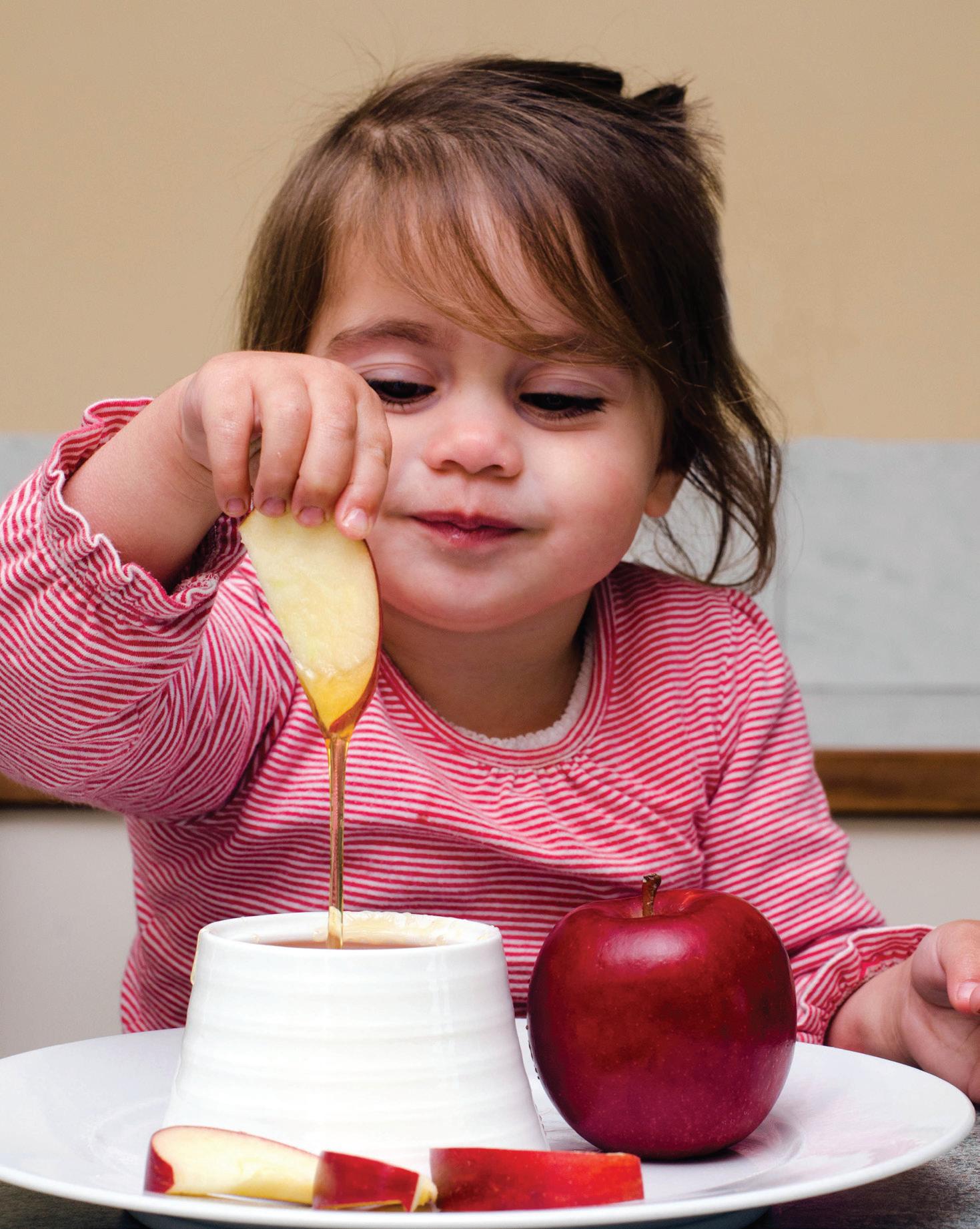
 Stephanie Peck
Stephanie Peck
While many area synagogues hire off-duty police officers or sheriff’s deputies during High Holiday services, Michael Goldsmith, regional security advisor for Secure Community Network, emphasizes the role each congregant plays in recognizing and preventing a disturbance. As the High Holidays approach, Goldsmith suggests taking these precautions to help prepare for any unforeseen disruptions:

• Maintain good situational awareness as you worship and celebrate. Pay attention to anything that seems out of place or odd while on the way to or from your destinations. Look for behaviors, situations, or vehicles that do not fit the usual pattern for the community at this time of the year.
• Make certain a close contact knows your plans. Should there be an incident at a synagogue (or anywhere for that matter), having someone who
knows where you are will assist First Responders in locating you and your family.
• In synagogue, note the locations of exits, first aid kits, and Automated External Defibrillators. Many congregants do not attend synagogue on a regular basis, so they may not be as familiar with the facility as those who attend more frequently. Whether you are worshipping somewhere new or just haven’t been in the building for a while, look around for the exits, ushers, and medical equipment before fully engaging in the service.
• Have a plan. Make sure you know what to
do should an incident take place. Be ready to act and Commit to Action to save your life or the life of another.
In advance of the High Holidays, Goldsmith shares the dates with area police departments so the departments can plan to increase patrols or practice random patrols to provide additional coverage to synagogues and their neighborhoods. – – – – – – – – – – – – – – – – – –
Two training sessions: Countering Active Threat and Stop the Bleed, will take place on Sept. 13, and 14 at the Sandler Family Campus. For information and to register, visit
THE BOARD AND STAFF OF THE UNITED JEWISH FEDERATION OF TIDEWATER AND THE SIMON FAMILY JCC
WISH YOU A SWEET & HAPPY NEW YEAR!
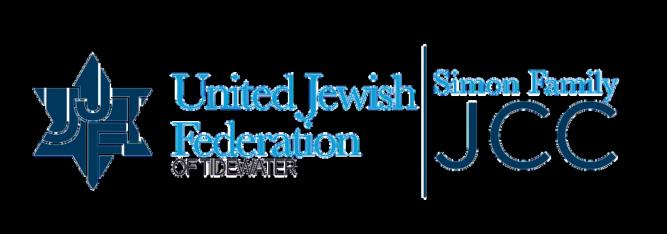
Tashlich comes from the Hebrew word, meaning “to cast.” Each Rosh Hashanah, Jews cast away their sins during the Tashlich service, often by symbolically throwing their sins (pieces of bread) into a body of water and reciting prayers of praise and repentance.
Many explanations exist as to why Jews cast away their sins into water, but one suggestion is that like fish caught in a fisherman’s net, Jews too are caught in a net of judgment. Water also represents the opportunity to cleanse the body and soul and take a new course in our lives.
This year, many area congregations will hold Tashlich on the second day of Rosh Hashanah, since the first day of the Jewish New Year falls on Shabbat. Interestingly, but not surprising, each congregation has their own style of observing the tradition. In no particular order, following are some that will take place in Jewish Tidewater:
• Tidewater Chavurah and Temple Israel will observe Tashlich at the Lafayette River in Norfolk.
• KBH traditionally meets at the synagogue and walks three blocks to a small stream.
• Members of Temple Emanuel gather and walk together to the 25th Street beach.
• Congregants of B’nai Israel and Beth El will recite Tashlich at The Hague in Ghent.
• Instead of tossing bread as a stand-in for their sins, members of Chabad will shake their tzitzis over The Hague, symbolizing the spiritual goal of shaking sins from the soul.
• This year celebrates the sixth, worldwide Reverse Tashlich, an effort to tackle the global pollution problem by cleaning up waterways. As an alternative to the traditional Tashlich,

Ohef Sholom and Beth El will join this effort on Sunday, September 10. Repair The Sea, a global organization “where science and spirituality intersect, from a Jewish perspective,” refers to this initiative as “the global Jewish waterfront cleanup.” Since September 10 is also the first day of Religious School at Ohef Sholom, Reverse Tashlich will be a community effort (in partnership with Norfolk Beautiful) involving students, their families, and new members. Beth El will meet at the Virginia Museum of Contemporary Art (in partnership with Lynnhaven River Now) to clean up waterways in Virginia Beach.

This year celebrates the sixth, worldwide Reverse Tashlich, an effort to tackle the global pollution problem by cleaning up our waterways.

Leah Kadosh
This story originally appeared on Kveller.

Shanah Tovah, Happy, Healthy New Year! The Jewish New Year, Rosh Hashanah, is nearly here.
Rosh Hashanah, or “Head of the Year” is observed this year from sundown on Friday, September 15 through Sunday, September 17. Rosh Hashanah celebrates the beginning of the next year on the Hebrew lunar calendar and is a time of great reflection, repentance and, of course, guilt.
In honor of this very important Jewish holiday, we eat special foods, don white attire, hear the shofar, attend, or stream services, give tzedakah, and, in many families, make brisket and
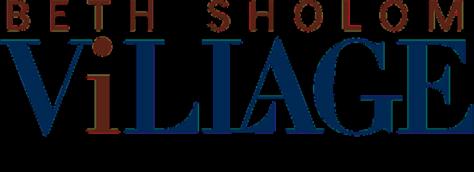
tzimmes. Perhaps most importantly, we contemplate how we can improve our actions in the coming year. With all the food, remorse, praying, and thinking, Rosh Hashanah is the classic Jewish holiday.
So, take a break from whatever you’re doing and enjoy these fun facts about Rosh Hashanah:

1. This New Year corresponds to 5784
The year 5784 counts the years since God created the world, as described
in the very first portion of the Torah, Genesis Chapter
1. Just how did we arrive at this number? Many estimates were suggested by scholars, although Rabbi Yossi Ben Halafta’s calculation (which he made around 165 CE in Israel) became the most widely accepted.
Through careful study of the Hebrew Bible, with special emphasis on the dating of biblical figures’ lifetimes and kings’ reigns, the established date of 70 CE (the destruction of the Second
Temple) was used as the end point and counting started backwards from there. Rabbi Yossi Ben Halafta established that God created the world on Monday, October 7, 3761 BCE. (using Gregorian calendar terms). And now it’s math time: 3761+2023=5784!
2. The name “Rosh Hashanah” is not mentioned in the Torah
It’s true: This major Jewish holiday is not mentioned by name in the Torah. Instead, it is referred to as Yom Teruah (Day of Sounding the Shofar) and Yom HaZikaron (Day of Remembering). The holiday becomes identified as “Rosh Hashanah” during the 1st century CE in Mishnah Rosh Hashanah 1.1.
3. Rosh Hashanah celebrates the New Year, but falls on the first day of the seventh month
Like so many Jewish holidays and traditions, there are several and conflicting theories as to how Rosh Hashanah evolved and how the new year came to be celebrated in the seventh month on the Hebrew calendar. Among the numerous interpretations, one is: In the 13th century, Sephardic sage, Rabbi Nachmonidies, equated the counting from the months of Nissan (the first month of the Hebrew calendar) to Tishrei (the seventh) to be the same relationship as the first day of the week (Yom Rishon, which literally means “the first day”) with Shabbat (the seventh day). The number seven in Judaism holds sacred significance. It is associated with God’s six days of creation to the seventh day of rest, Shabbat. Counting seven months from the time of the Exodus from Egypt — which, you guessed it, happened in the month of Nissan — emphasizes the holiness of the seventh month of Tishrei, and is therefore the perfect excuse for a new year celebration.
As the song goes: “Wherever you go…” not only will you find someone Jewish, but Rosh Hashanah is celebrated for two days. That’s true whether you’re in Israel or elsewhere. This contrasts with other important biblical festivals, such as Sukkot, Passover, and Shavuot, which are observed for an extra day in the diaspora (outside of Israel) — just to be sure the correct day is commemorated. (Why? Nearly 2,000 years ago, holiday start times were determined by moon-witness testimony, and then word was dispersed by foot. Extending the holiday by one day compensated for inevitable delays.)
So, why is Rosh Hashanah celebrated for two days even in Israel?
Maimonides, 12th-century scholar, and philosopher, explains that it is the only Jewish holiday that begins on the first day of a new month, and therefore, witnesses were not permitted to travel to alert their communities on the sighting of a new moon. To enable complete worship, two days were established and came to be known as “yoma arichta,” – a long day lasting 48 hours. Ask any Rosh Hashanah host at the end of the second day, and you’ll find that “yoma arichta” is the perfect description.

Because Rosh Hashanah is a rather serious holiday filled with introspection, repentance, and self-improvement, traditional foods symbolize those themes as well. In Ashkenazi tradition, apples are dipped in honey for the delight in literal sugary sweetness and the hope for a fulfilling year ahead. But that’s hardly the only traditional Rosh Hashanah food. There’s also round challah, as opposed to oblong braided challah, which represents the yearly cycle and God’s crown or majesty. Fish heads are traditional in Sephardi Rosh Hashanah feasts. (“Rosh” is also the Hebrew word for “head,” and therefore, there is a literal connection to beginnings.) Pomegranates are in season during this time in Israel, and are another traditional Rosh Hashanah treat. They were once thought to contain 613
seeds, the same number of mitzvot (commandments) in the Torah.

6. Strangely, it’s tradition to avoid nuts
It is a custom to abstain from eating nuts during Rosh Hashanah for a couple of reasons. According to the Shulchan Aruch, one of the most consulted Jewish law books written by Joseph Caro in the 16th century, nuts increase the production of saliva and phlegm, and perhaps could hurt one’s pronunciation of words recited during services.
7. The shofar is an integral part of the High Holiday season, although it’s never blown on Shabbat
As mentioned previously, one of Rosh Hashanah’s biblical names was “Day of Sounding the Shofar,” and only two details are included in its observance as written in the Torah: to hear the shofar and to abstain from work. Shofars are horns taken from kosher animals and can vary greatly in size, color, and shape. It also takes a skilled musician to make a decent sound.
The shofar is an ancient instrument of communication and had a multitude of purposes: to declare battle, welcome Shabbat and a New Moon, announce the reign of a new king and so on. Nowadays, one can hear the shofar blown after morning services every day (excluding Shabbat) in the month of Elul, the month preceding Rosh Hashanah — except for the last day, the day before Rosh Hashanah.
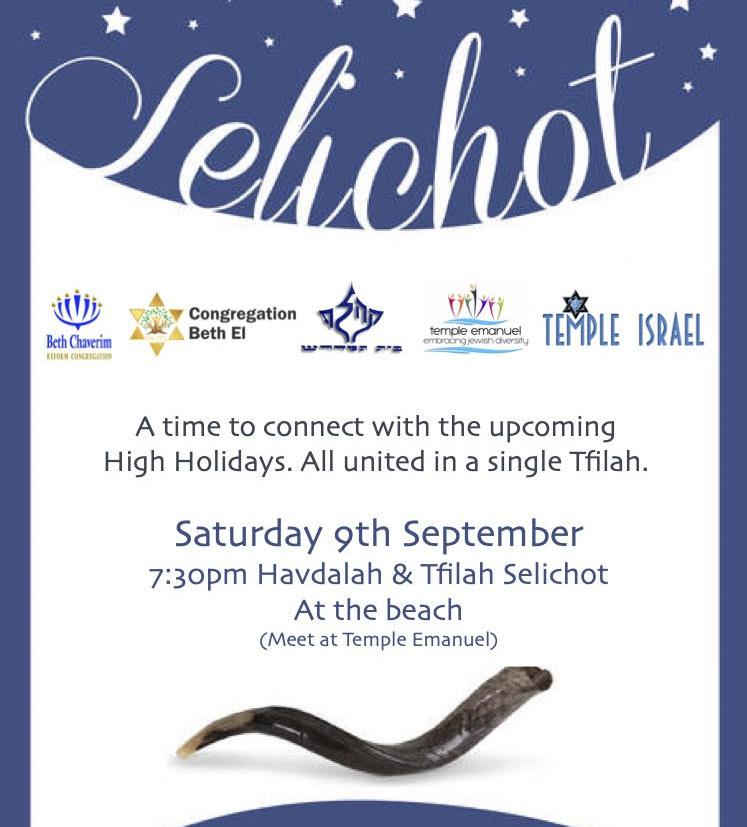
The unique sound of the shofar reminds congregants of an alarm, a reflective wake up call. Maimonides reasoned that the sound awakens our souls and calls to our attention our actions of our past and what we want to change in the future. We are tasked to analyze our relationship with God, ourselves, and others and to change for the better.
As for the reason for abstaining from blowing the shofar on Shabbat, that’s due to the fear of carrying the instrument itself. The Talmud explains that it was not the actual sounding of the shofar that was forbidden, but the worry of an inadequate shofar blower carrying their shofar to an experienced shofar blower for help and training on Shabbat that was prohibited.
Among its many activities, Jewish Family Service attempts to make all the major Jewish holidays better for those who might need a bit of a boost or metaphorical hug.
Prior to Rosh Hashanah, for example, Jewish Family Service will deliver holiday gift bags to Jewish residents living in non-Jewish senior facilities. These offerings include challah rolls, apples and honey, a Jewish calendar, and a handmade card created by members of the “Come Together” series hosted by KBH in August. In facilities such as The Talbot on Granby, First Colonial Inn, and Westminster Canterbury, where five or more Jewish individuals reside, JFS wants “seniors in the area to know that they’re not forgotten,” says Jody Laibstain, JFS director of volunteer services.
Often, these individuals are unaware that the
Jewish New Year is ahead, and this outreach serves as a reminder of the upcoming holiday. JFS provides similar outreach during Hannukah, Purim, and Passover. Know someone who could benefit from this free service? Call Jody Laibstain at 757-321-2227.
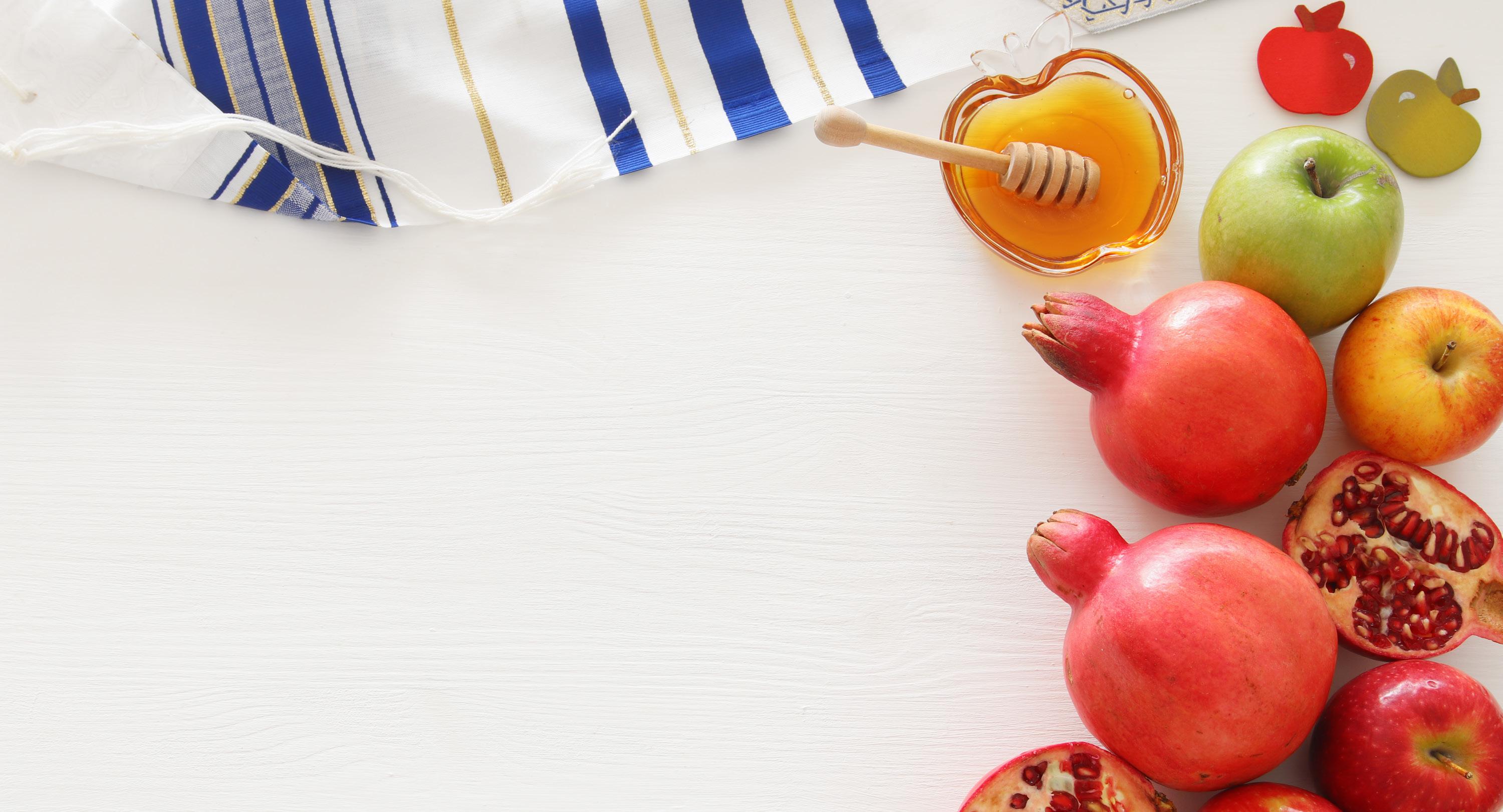
For Yom Kippur, Jewish Family Service encourages area synagogues to host food drives. This summer, JFS’s Food Pantry saw an increased need due to the high cost of groceries, making the anticipated Yom Kippur donations even more important to help
resupply the Food Pantry for the fall.
Non-perishable food items, cleaning supplies, detergent, and other household items are all in high demand. Donations are needed and appreciated. To give, check for congregational food drives or drop food and supplies at the Sandler Family Campus.
Jewish Family Service offers food and financial assistance to local families in need during the holidays and all year. If you or someone you know could benefit from this assistance, contact Maryanne Kettlye at 757-459-4640.

At first glance, Rabbi Shlomo Eisenberg, B’nai Israel Congregation’s new rabbi, looks like a yeshiva student. Tall and lean, he has a generous smile and a warm welcome. After a few minutes of conversation, however, his composure and focus suggest a mature and determined spiritual leader who plans to grow his Orthodox congregation, as well as make a positive impact on the larger Jewish community.
Originally from Rochester, N.Y., Rabbi Eisenberg, age 32, is the son and grandson of doctors. When asked if he considered a career in medicine, he says that the medical and rabbinic fields are similar – doctors and rabbis both care for individuals. His passion to inspire, educate, and help all Jews led to his decision to become a rabbi. Still, he does have some rabbinic genes – his maternal grandfather was a rabbi for many years in Montreal, serving as a tremendous role model for the entire Eisenberg family.
Rabbi Eisenberg met his wife, Liba, during yeshiva in Baltimore. The couple has four children, ages two to
nine years old. Before moving to Norfolk this summer, they lived in Columbus, Ohio, where Rabbi Eisenberg was the assistant rabbi of Beth Jacob Congregation, and Liba Eisenberg served as the principal of the Columbus Torah Academy. Liba Eisenberg has a master’s degree in special education and now teaches at Toras Chaim, where their children attend school.
Both Rabbi and Liba Eisenberg are from large Orthodox families. Rabbi Eisenberg is one of seven children; three are now rabbis. Liba Eisenberg, who grew up in Philadelphia, has eight siblings. One of the Eisenbergs’ brothers-in-law is the rabbi of another B’nai Israel – this one located in Philadelphia.
For Norfolk’s B’nai Israel, Rabbi Eisenberg has three main goals: to grow each congregant’s connection to G-d by raising his or her level of observance and making B’nai an exciting place to be; to meet the needs of all Jews and those of the broader community; and to bring people in, through programming, events, and classes. “I am here to listen and support people,” he says.
Eisenberg believes the Orthodox community will grow by providing schools, a synagogue, a mikvah, and kosher food. He finds that the Tidewater community is warm, caring, and, a great place to raise a family. “This place is a hidden gem, but my hope is to make it into a visible and well-known gem,” he says. “The beach and weather are an added bonus!”
At B’nai Israel, many diverse groups of Jews come together to pray and learn more about their Jewish heritage. In fact, Jeff Brooke, immediate past president of B’nai Israel and a member of its Rabbinic Transition Committee, says, “While many of the stalwarts are still involved and are active, there is a new cohort of young Orthodox families with their own needs and concerns.
“We needed someone who could connect with everyone. The transition committee believes it ‘hit a home run’ with Rabbi Shlomo and Mrs. Liba Eisenberg.” Brooke says they met all of the criteria on paper, but it was during the many interviews and community visits that it became clear the Eisenbergs were ‘the ones’ for Norfolk.
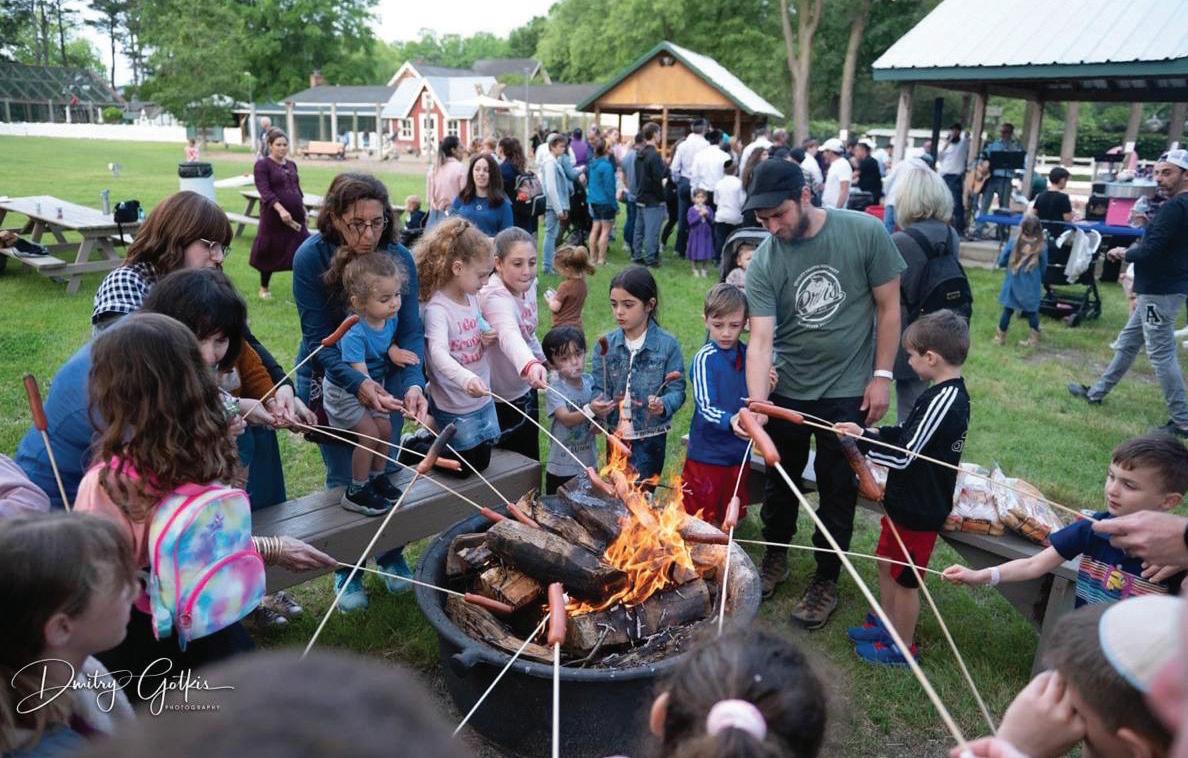
Following four years of service to Orlando’s Jewish community, Rabbi Meir and Adina Lessoff have brought their passion and commitment to Virginia Beach. Their mission: to reach Jews in search of a deeper connection to their heritage.
Arriving as newcomers to Virginia Beach, the Lessoffs, both 27 years old, collaborated with the synagogue, Heichal Shlomo (founded by the Sibony family), and harnessed the power of social media to make connections with area Jewish individuals. Their outreach began with delivering challah before Shabbat and offering free kosher mezuzot for front doors – one home at a time. With their youthful energy and dedication, they visit elderly couples and engage volunteers to enhance the community experience.
At the heart of the Lessoffs’ synagogue lies inclusivity. Shabbat services, lessons, and events are offered free or with a subsidized option. From Jewish Kids Club for children, to Women’s Circles, Men’s Socials, and Youth Circles, the Lessoffs tailor programs to suit every age and demographic. In fact, events have been known to attract more than 200 participants, demonstrating the rapid growth of their local Jewish community.
The Lessoffs say they believe that “building a thriving community begins with a genuine willingness to connect, share, and nurture.”
For more information, visit www.JewishVB.org.




Financial aid applications for 2023-24 school year re-open.
Deadline: September 30, 2023
With more than 45 million Americans in some form of outstanding interestbearing student loan debt, 0% interest loans can help save borrowers thousands of dollars in high interest-bearing debt each year.
JELF (Jewish Education Loan Fund), through its partnership with Jewish Family Service of Tidewater, assisted 10 local Jewish students with nearly $60,000 in interest-free loans this past year. JELF loans are designed to help cover costs associated with educational and living expenses that other financial aid often does not cover, such as travel, rent, food, and books. These interest free loans help bridge the gap between a student’s total financial resources and the cost of attending school.
Since 1961, JELF has provided more than $14 million to more than 5,000 students from JELF’s five-state region of Florida, Georgia, North Carolina, South Carolina, and Virginia (excluding metro DC). While many organizations provide interest-free loans, JELF is distinct in that it is the only Jewish organization in the U.S. focused solely on higher education.

JELF has a 99% repayment rate and believes that money should not stand between a student and the education that they need to excel in life. The strength of the longstanding “free loan” model is based on funds lent to those in need, and then paid back to serve the next student – and so on. As funds are recycled indefinitely, the organization’s sustainability allows it to always help future students in need. In addition, hundreds of former JELF recipients continue donating to JELF each year after completing their repayment.
“This is the only type of organization I know of that when I write a check I know exactly where it’s going, and it keeps going. My dollars never die,” says Stan Lowenstein, former JELF board chair and long-time volunteer.
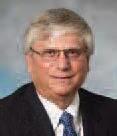
“JELF has been a life saver for my daughter,” says one local Jewish mother on the impact the JELF loan has had on her daughter’s education.
“After a recent divorce, it’s been a struggle to assist her with her school expenses. Even after getting assistance from FAFSA and her being a Resident Assistant to aid with the expenses, ensuring she has money for supplies was a struggle,” says the mom. “Thankfully, JELF offers an interest free loan for her to cover supplies and some of the tuition debt she will now have to carry.”
Applications for JELF’s interest-free loans for higher education (college, graduate school, and vocational programs) is open through the end of September for students that missed the first application period and need assistance for Spring/Summer 2024.
Jewish Family Service of Tidewater administers the local JELF Program. For more information about JELF in Tidewater, contact JFS at 757-459-4640. The deadline is September 30.
To qualify, an applicant must be:
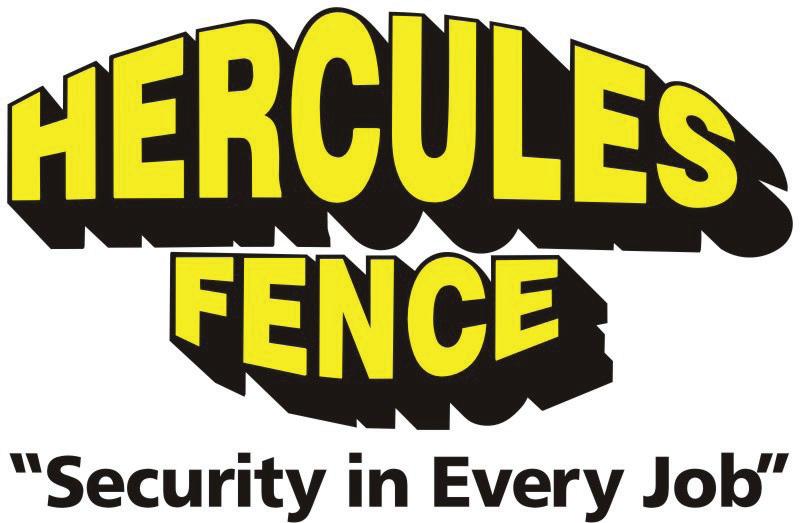
• A permanent resident of Fla., Ga., S.C., N.C., and Va. (excluding metro DC) but can attend any U.S. accredited school.
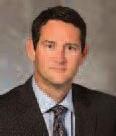
• Enrolled full-time in a program leading to a degree or certificate.

• In good academic standing.
• A U.S. citizen or have lawful immigration status.

• Able to provide a designated co-signer.

• Planning to accept federal subsidized and unsubsidized loans (FAFSA application required).

Few would deny that Jenny Sachs can hold her own. She’s a mom, practicing psychologist, and singer in a five-person band with her husband Matthew, a child and adult psychiatrist.
During the pandemic, Sam, their 11-year-old son and only child, was diagnosed with cancer.

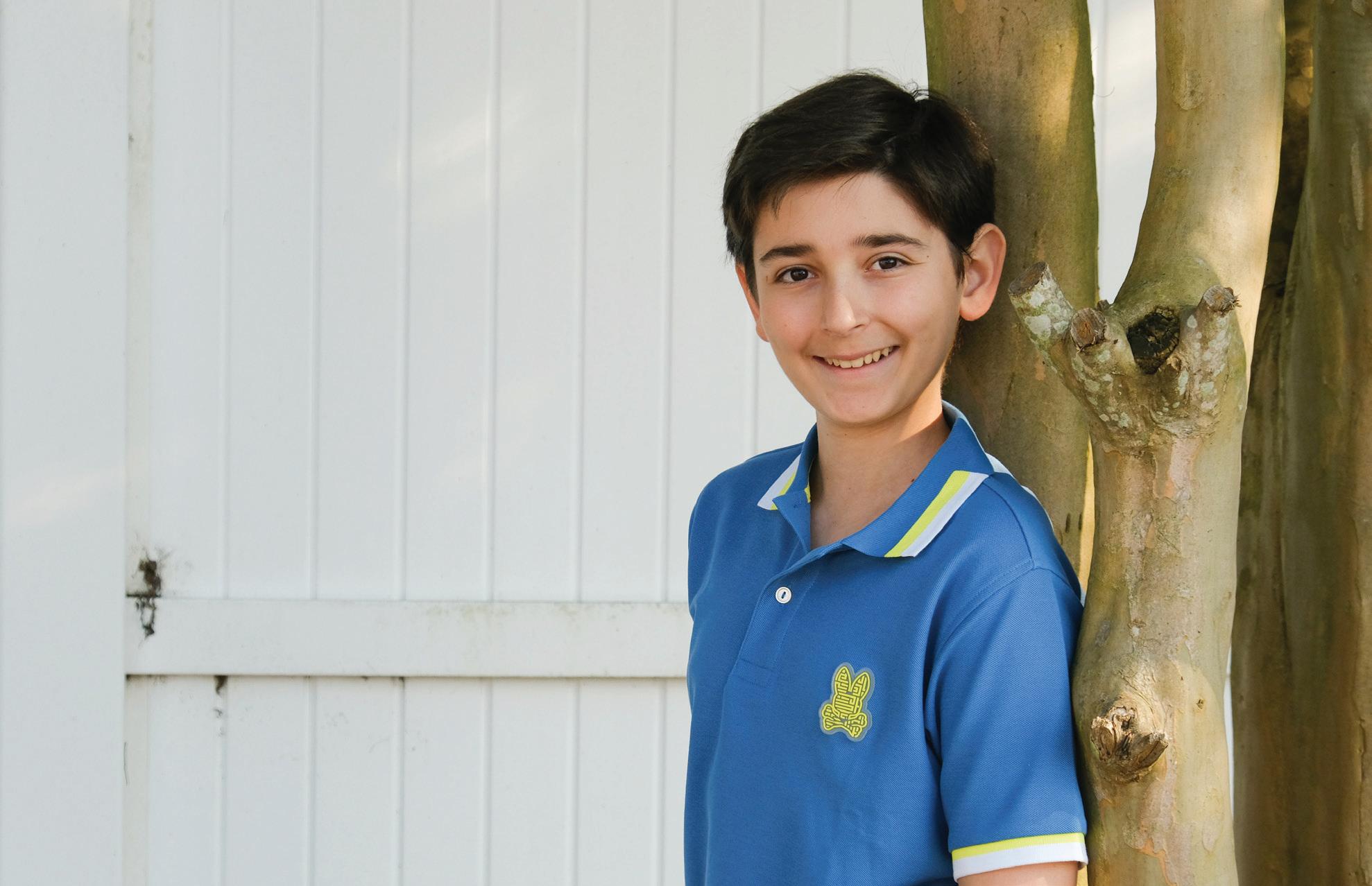
After the initial celebrations were over, Jenny was determined to plan the perfect post-chemo party to celebrate Sam’s life after undergoing treatment that ravaged his body.
“He had to have the best time ever,” says Jenny. “Whatever it takes.”
Sam was diagnosed with Acute Lymphoblastic Leukemia. ALL is known for its merciless arrival and painful side effects that can last long into adulthood. So, when the 2.5-year protocol was over, and Sam was clear – and in the best-case-scenario group – the celebration had to rock hard.
Matthew, Jenny, and Sam Sachs have a tribe of friends and family who saw them to the finish line in March, when treatment was in the rear-view mirror, and Sam entered remission.
“We looked at several party venues but circled back to the Simon Family JCC for lots of reasons. For starters, Sam was clear that it had to be a pool party,” she says.
Parties are always full of what-ifs (weather) and how-tos (build a donut hole wall). Getting every detail right can make anyone crazy.
“This party was an even bigger deal because it allowed our family to celebrate with all the people who didn’t attend Sam’s Bar Mitzvah because it was in Israel, and for all the people who supported us throughout Sam’s medical journey.”
Sam has a wry smile to match his clever wit. “My party was like a Bar Mitzvah that isn’t awkward. It had such good energy.”
Sam loved hanging out with school buds, family friends, and people he has met along his medical journey. Some friends he has known since he was three, and many others were first
introduced at ODC, his school since age seven. Some were fellow performers from his time as Charlie in Charlie and the Chocolate Factory and others were his teammates from their historic winning streak in the Battle of the Books competition.
Build a donut hole wall and they will come.
“All the kids had a blast,” says Jenny. “We didn’t see Sam the whole time!”
Not many venues are set up for Sam and many of his friends to shoot hoops and play putt putt, Marco Polo, corn hole, gaga, and float-shoving pool games in conjunction with the pleasures of a photo booth, body painting, four food trucks, and a DIY glow-in-the-dark donut hole wall.
Jenny gives Pinterest credit for the donut hole wall
idea which delightfully converted to a 10-hour bonding experience between Sam and his grandfather Warren. Together they collected and cut the heavy boards, drilled the hinges, and hammered holes. “That was a highlight for sure,” says Sam. “My grandfather is really really handy and this was right up his alley.”
Their homemade board was a big hit. Sam gets a kick reporting on a quirky friend who made a Pollards Chickwich with the last two donuts.
“It seems that Sam and his friends are entering the soda ‘shotgun’ stage of their lives? Not sure who taught them that,” Jenny smirks.
Matthew Sachs sees children, often at their worst. His collaborative practice model is refreshing to patients and their parents. A tech lover, he prepared a professional slide show that celebrated Sam while realizing a childhood dream of his own.
“It could have been sad,” says Jenny, “but instead Matthew made the illness feel like a small part of a beautiful life just beginning.”
Jenny’s speech to Sam was just another parental mic drop moment.
Marty Einhorn, of beloved memory, was Sam’s musical mentor long before cancer was on anyone’s radar. Following Einhorn’s death, Sam was still in treatment and the pandemic was in full swing. Despite feeling terrible from the enormous physical toll of chemo, he insisted on blowing the shofar for the dedication of The Marty Einhorn Pavilion.
Two years later, feeling fantastic, he had a second full-circle Marty Einhorn moment. This time he concluded his very own party playing trumpet to Sweet Caroline with the band, two members of which are his parents.
So many friends came to celebrate Sam and enjoy the JCC.
his family are surrounded by love and support. –
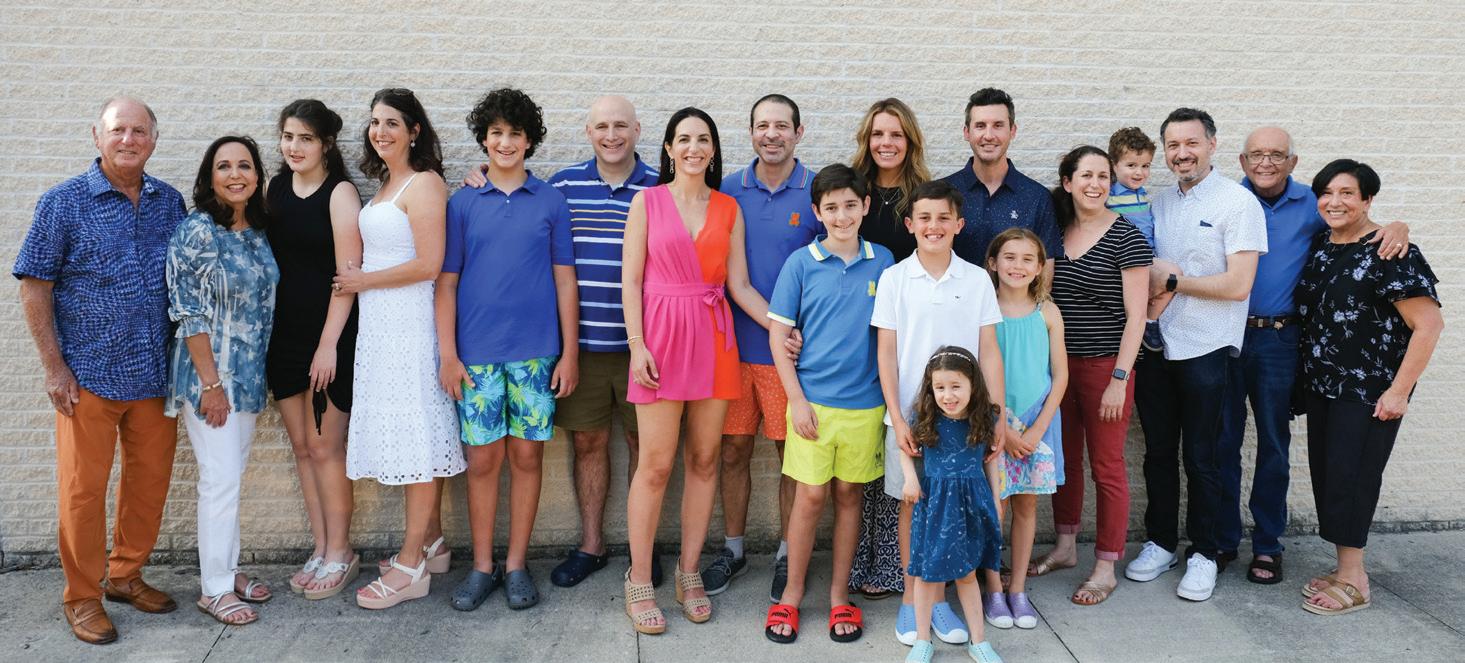 Erinn Foleck Portnoy
Erinn Foleck Portnoy
Sam’s celebration was amazing! So many of his friends and family were there. I loved that the party was at the JCC pool so that we could cool off and have a blast. –
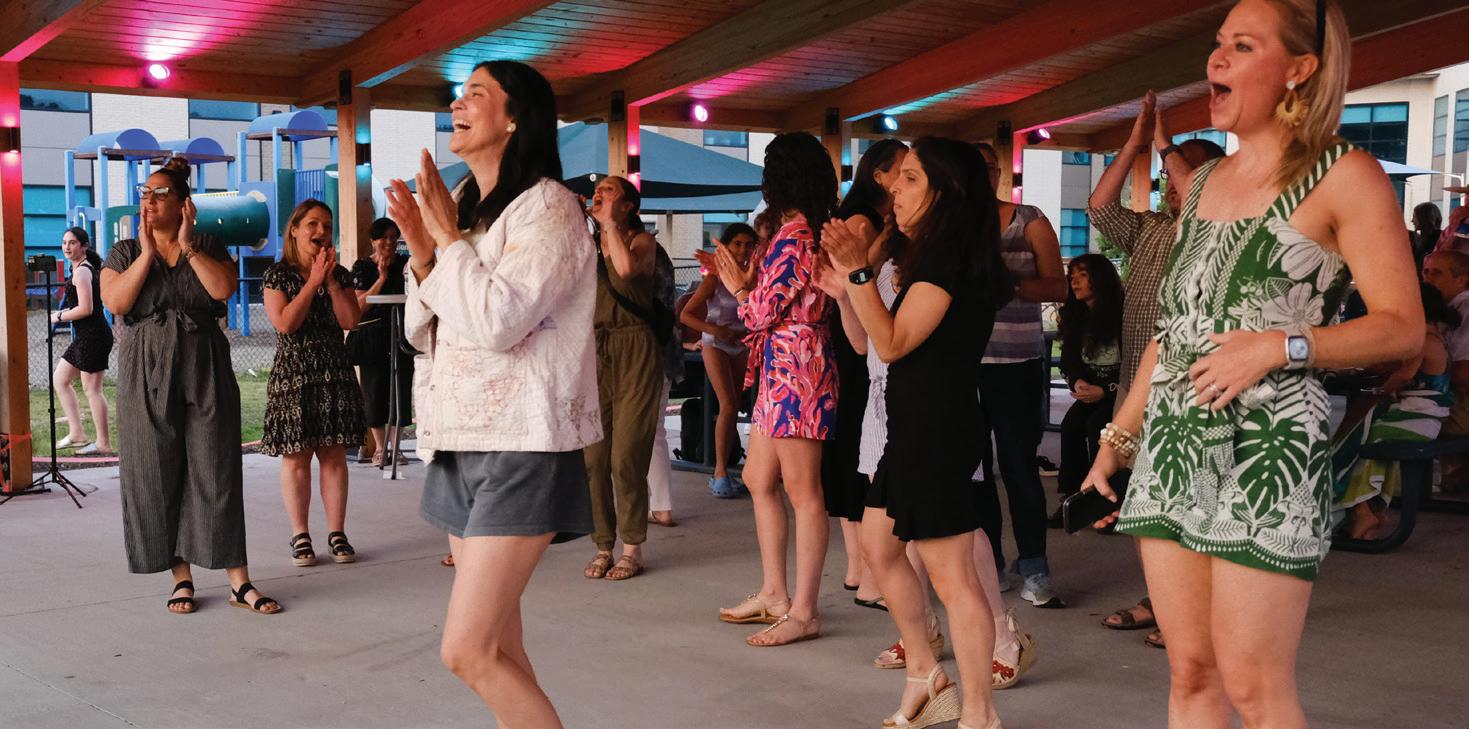 Amelia Portnoy
Amelia Portnoy
My family and I absolutely loved celebrating Sam. He is an amazing kid. It has been an honor to work with him and his family to help support kids at CHD through Sam’s Warriors. He was a true bright light like his glow-themed party! – Robin
We had so much fun celebrating Sam! His party was awesome especially the ice-cream truck and photo booth! We also loved swimming! –
Joey and Brody KantorThe best part of the party was knowing that Sam was done with his treatment, and I loved hanging out with all my friends. – P
iper Werby Kantorinspiration and gives us all hope that with community support, prayers, and love anything is possible – we are all in this together! –
Rebecca Levy-LevittSeeing this emotional experience the Sachs have been through has been quite the journey. From the lowest of lows and the highest of highs, it was so amazing to see his family come through the other side into brightness and better days. –
Rachel KrupnickMy parents tell me one party or another is a celebration of life. But Sam’s party really was a celebration of life – Sam’s life. I’m grateful to be able to celebrate with Sam for years to come. –
Randall NiedThe Sachs are our family and so we’ve been following them closely since the very beginning. We are relieved and beyond thrilled that Sam fought so hard and won his battle. He’s a sweet, kind, and all-around great kid who will no doubt do great things. We were so happy to be by his side as the commu-
The video Matthew prepared was centered around Sam’s friends and family and his Bar Mitzvah in Israel. It was such a positive expression of love that captured details of Sam’s life. It hit all the emotional highs and made us smile and laugh and captured the pivotal lows from the past few years. Throughout it all, the message of the importance of family and friends rang clear. Sam and
Sam and our daughter Piper are the same age, and there have been so many times over the last three years when I would think “Wow, Sam’s navigating this whole season of middle school and bar mitzvah preparation AND undergoing treatment!” That must have taken a herculean effort, yet every time we saw Sam he had his head held high and a smile on his face. This party felt like a collective sigh of relief followed by one heck of a celebration – not just a celebration of life and health, but also of the love and strength that propelled Sam, Jenny, and Matthew through this period of their lives. –
Monique WerbySam is an absolutely incredible strong, young man – truly a warrior! His positive outlook (as well as his parents’) on life given all that he has endured these past few years is truly inspiring. To be able to celebrate this culmination and the “light at the end” with him and his amazing family is an
nity celebrated the end of his treatment and the beginning of the next chapter! The kids had a blast just playing with Sam doing all the things kids do at a party! We could not be happier and know that Sam’s future is full of possibilities. –
Stephanie Gusoff SteermanThe whole Sachs family is so beloved in the community. We were thrilled to see them all doing so well and enjoyed the show the most! We had no idea how talented they all are. We love Sam so much and can’t wait to see him thrive as he moves forward with his life. –
Leah FlaxIt was a joyous occasion when we gathered to celebrate Sam. He had been through so much pain and hardship, but our community rallied around him and hope was never lost. Sam inspired us all with his courage and strength. –
Sharon Debb and FamilyThe pizza truck, Jenny’s singing, and seeing Sam have a good time were my favorites. Also, it was awesome to see so many people there for the celebration. – Leiba
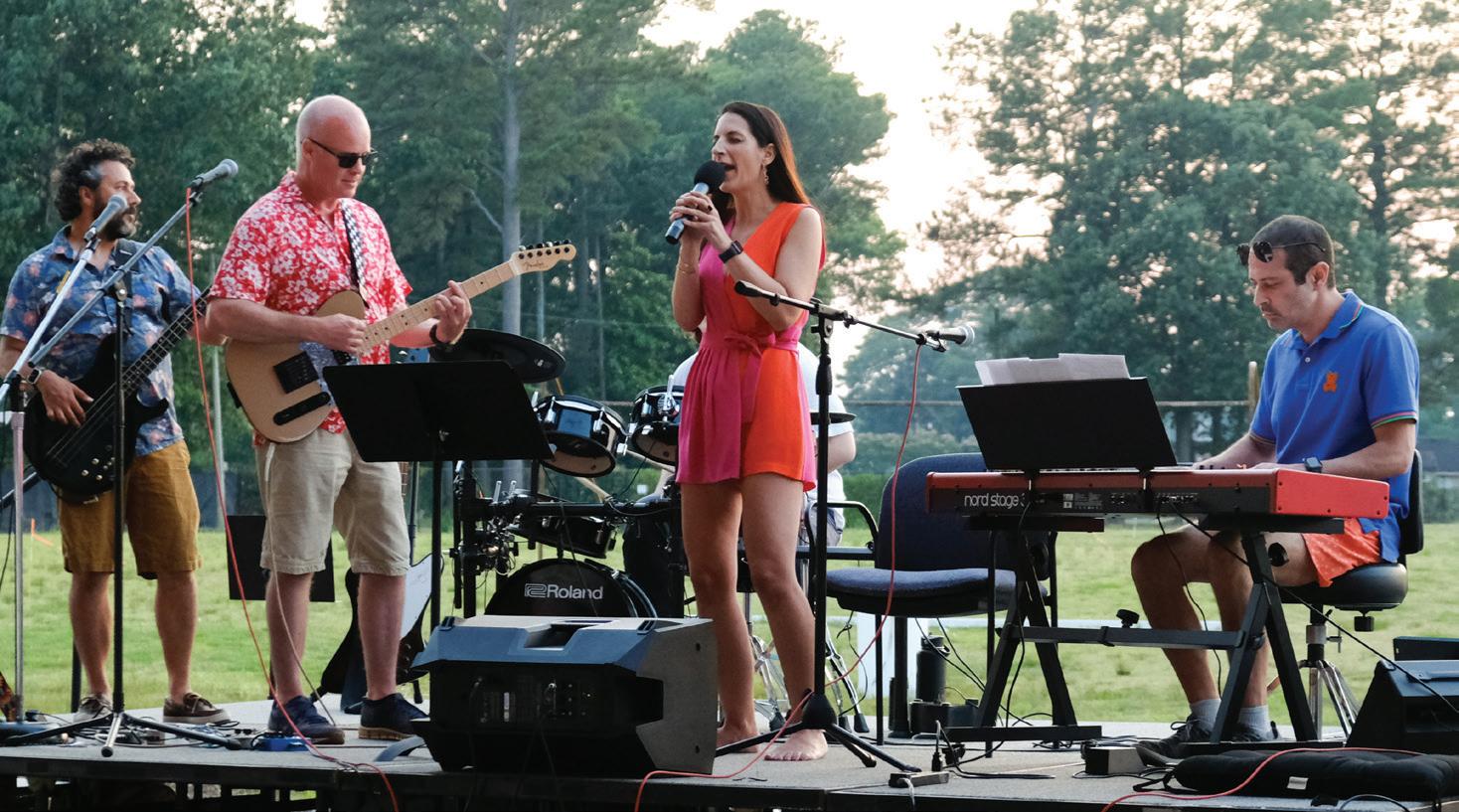 Debb
Debb
Here is what a few said they loved most about the party, the hosts –and most of all Sam, a very brave and lovable friend:The Band: Eliot Weinstein, Nick Foster, Jenny Sachs, and Colin Buck. Dancing at the party. Sam Sachs surrounded by his family.
Israeli Scouts from the Tzofim Friendship Caravan visited Tidewater on July 28 for the first time in four years. Their performances bridge the gap between Israeli and American culture, demonstrating the power of music
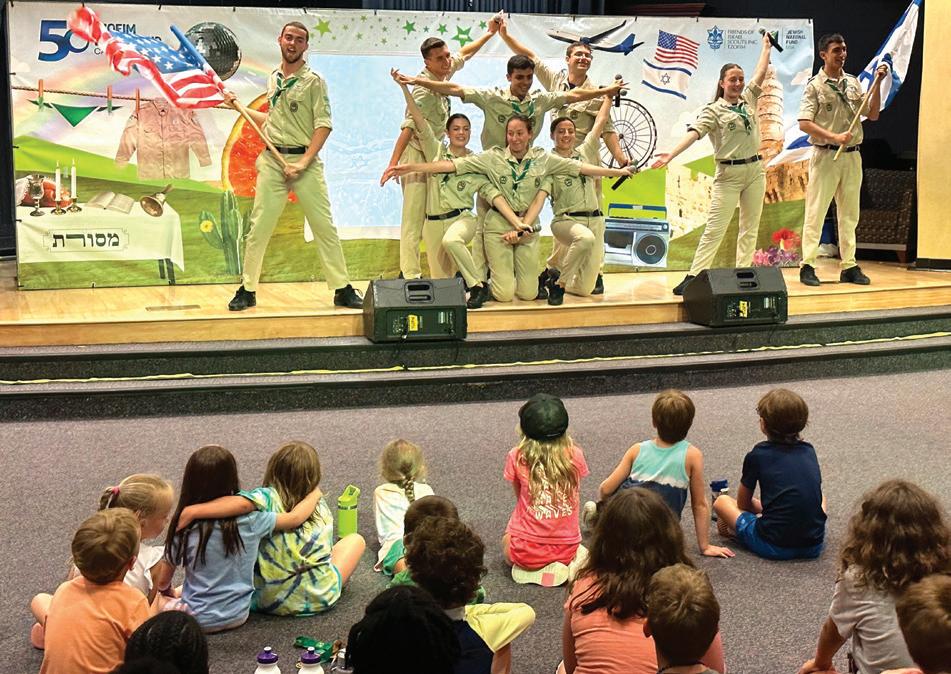
and unity in fostering connections that transcend borders.
With two energetic performances, spirited melodies echoed throughout the Simon Family JCC as the Tzofim sang and danced bringing pieces of Israeli culture to Tidewater.
The first concert, for Camp JCC, had 175 campers captivated by the Israeli Scout troop’s catchy tunes. Even the Camp JCC counselors couldn’t keep themselves still, singing along and dancing to the music.
Nearly 100 people, including local scouts, attended a community concert later that evening. The event featured a diverse repertoire of songs – ranging from traditional Israeli tunes to modern hits that had everyone dancing and singing. The melodies entertained as well as told stories of friendship, resilience, and shared values.
Beyond the lively performances, the event offered an opportunity for members of Tidewater’s Jewish community and the local scouts to interact with the Israeli Scouts. Twenty-five regional scouts got to spend time with
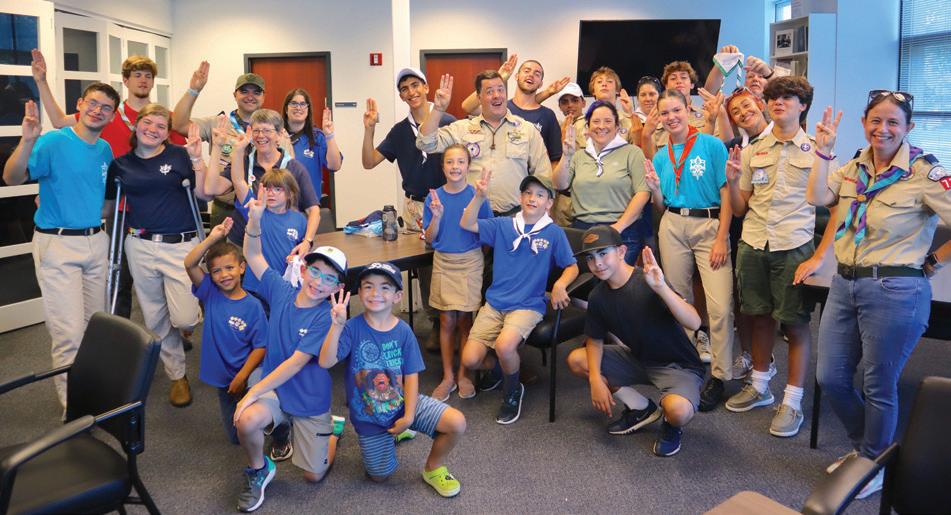
the Israeli scouts, sharing stories about scouting customs and discussing the similarities between the scouts in different countries.
The Tzofim Friendship Caravan is not just a group of performers on stage; they are ambassadors of friendship and cultural exchange. The United Jewish Federation of Tidewater and Camp JCC look forward to hosting them again in the future.

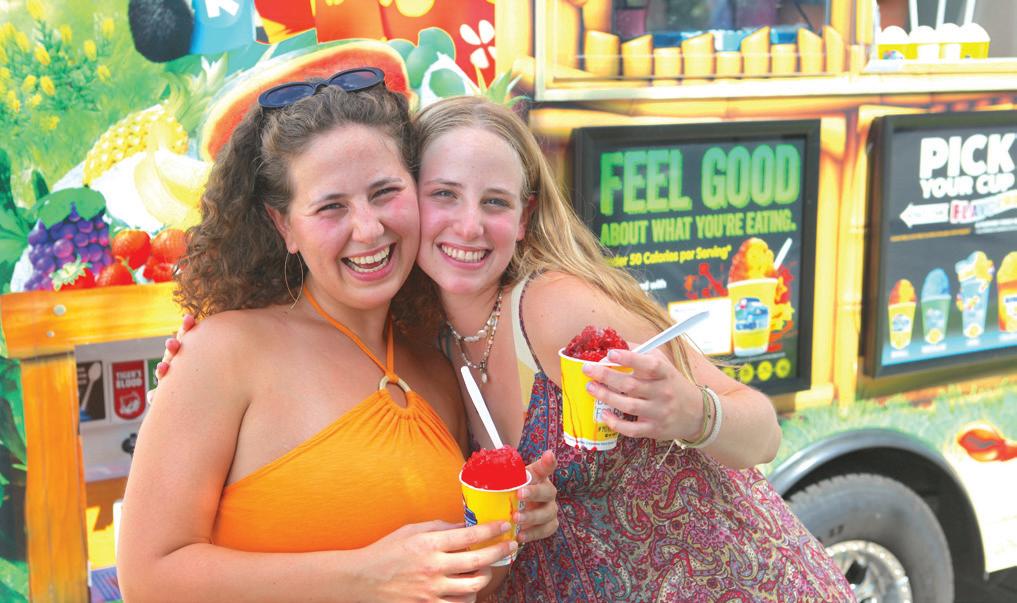

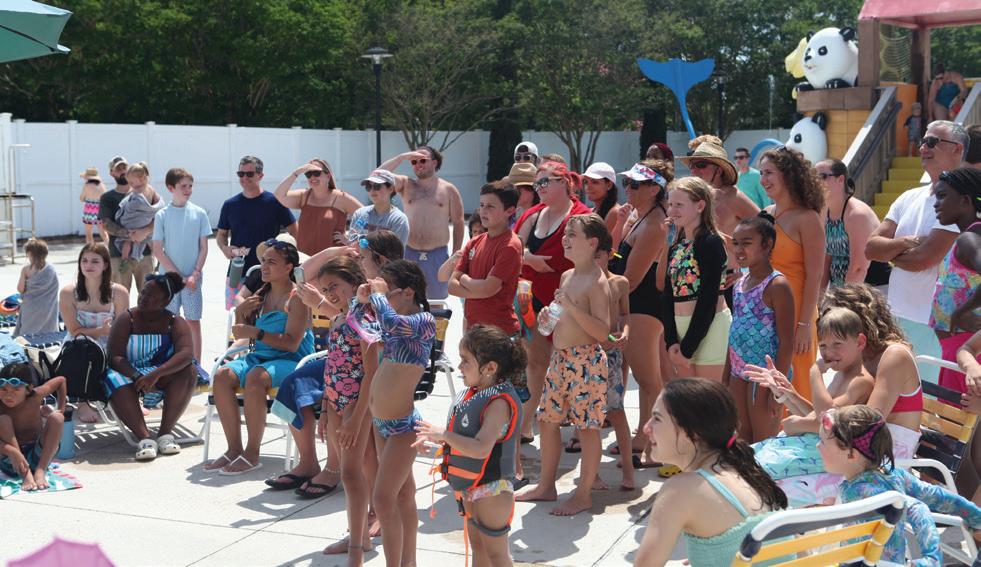
Ablazing sun over the Metzger Outdoor Aquatic Center at the Simon Family Jewish Community Center helped make certain temperatures were up – in a good way – for Sunday Fun Day in August. The afternoon was a heartwarming convergence of community members, brought together by the Tidewater ShinShinim, Aya Sever and Alma Ben Chorin – and the promise of cooling off in the pool.
Having spent a memorable year with the community, the young women were welcomed one final time with open arms. The bond that had formed between these young emissaries and the
community members was apparent as they shared smiles, stories, laughter, and some tears. A video presentation encapsulated the incredible impact of their year-long engagement, showcasing the transformative work they had undertaken during their year of service in Tidewater.
Several speakers, including host families, took to the stage to express heartfelt gratitude and reflect upon the profound influence that the Shinshinim had on their lives. The stories shared were a testament to the power of cross-cultural exchanges.
For more information about the ShinShinim program, PJ Library, or the next Sunday Fun Day, contact Nofar Trem at ntrem@ujft.org or visit JewishVA.org/PJ.

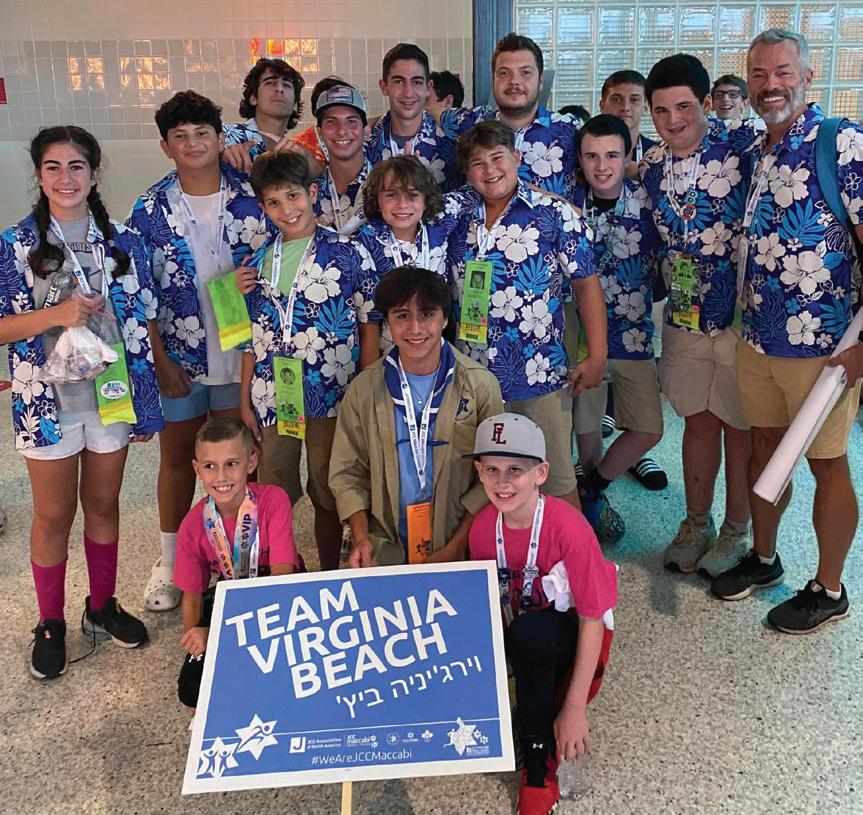 Stephanie Peck
Stephanie Peck
Ten teen athletes from Tidewater travelled to Fort Lauderdale, Fla. to participate in the JCC Association of North America’s 41st Maccabi Games last month. Along with Tom Edwards, athletics director for the Simon Family JCC, these teens braved the Florida summer heat for four days, August 7-11, along with approximately 1,600 other Jewish teens comprising 64 delegations from the U.S., Canada, Ukraine, Mexico, South Africa, Argentina, and Israel.
Baseball, flag football, lacrosse, basketball, ice hockey, girls’ volleyball, swimming, soccer, table tennis, tennis, and dance competitions are among the Games.
For Tidewater’s competitors, however, basketball, soccer, and flag football were the games of choice.
Five boys – Caleb Bailey, Leo Gottlieb, Ashten Konikoff, Eli Lomogda, and Henry Scolnick – played 3 on 3 basketball in the 14 and under category. The youngest team to compete, after round robin play to determine rankings, they upset the number one seed in the first round.

Charlie Gross also played 3 on 3 basketball as part of a 16 and under team with players from Tucson and Kansas City. Undefeated until the gold medal finals, the opponent scored with six seconds left, earning Charlie and his team a silver medal.
Tamir Zach, participating in his third and final Maccabi Games, and his younger sister, Shanny, both competed in soccer. Shanny played goalie for the first time and was awarded the Midot award by her coach for being an exceptional teammate.
Sam Levin played 16 and under flag football, and his team made it to the bronze medal round. While tied at halftime, his team finished in fourth place.
Another highlight of the Games belongs to 12-year-old Oliver Scolnick who competed in Access, a Maccabi program for Jewish athletes ages 12-22 years old with intellectual and developmental disabilities. Of the 21 Access athletes who participated in multiple events, Oliver was voted outstanding male athlete. He also won six medals for his many
sports, including swimming, football, basketball, and bowling.
In addition to competition, the Maccabi Games encourage community service and other volunteer activities through JCC Cares, the service component of the JCC Maccabi experience that highlights the JCC Maccabi value of tikkun olam (repairing the world). This year, athletes brought 3,000 new pairs of shoes for underprivileged families of Broward County, Fla. Athletes spent an afternoon preparing these shoes for distribution, including a personal note wishing recipients a good school year.
The JCC Maccabi Games also aim to encourage Jewish pride and identity in the athletes and offer an environment for them to develop friendships with Jewish peers around the world.
“The spirit inside those
arenas parallel those of the Olympic Games,” says Hila and Shachar Zach, parents of Tamir and Shanny. “We truly enjoy seeing the Jewish spirit coming to life while being part of such a large Jewish event.” The Zach family has been participating in the Maccabi Games since 2018.
“As a parent attending the JCC Maccabi Games with our son, the event from beginning to end was outstanding,” says Drew Gottlieb, Leo’s dad. “The coaching was top notch. The opening night ceremony production was something I would have expected from a professional sports team. The local JCC was fantastic with great accommodations for all the visiting athletes and their families.
“I would and will recommend (the event) to anyone who asks, and even those who don’t,” says Gottlieb.
At the Games’ conclusion, the locations for the 42nd JCC Maccabi Games® next year were announced. The Jewish Community Center of Metropolitan Detroit in West Bloomfield Hills, Michigan, will host the Games July 28 to August 2, 2024, for athletes ages 12-16. And in Houston, Texas, the Evelyn Rubenstein JCC will host the JCC Maccabi Games® and Access August 4 to 9, 2024, for athletes ages 12-16 and Access athletes ages 12-22.







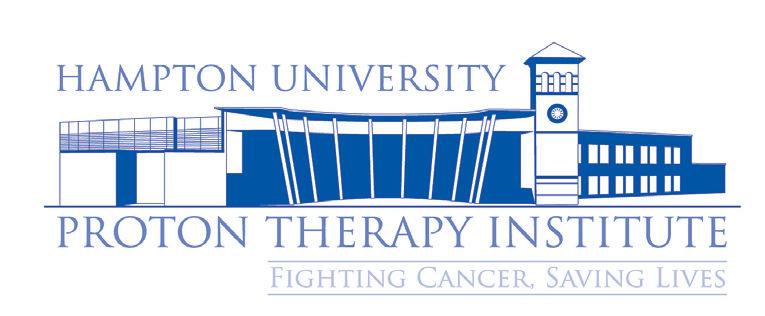

Complete with crafts, games, and activities with a focus on Tzedakah and giving back, Sunday Fun Day promises to provide lots of fun.
Babysitting will be available for 30-minute slots between 12 and 1 pm so that parents can engage in Sunday Fun Day activities with their children, then step away to join Super Sunday under the Marty Einhorn Pavilion and make calls.
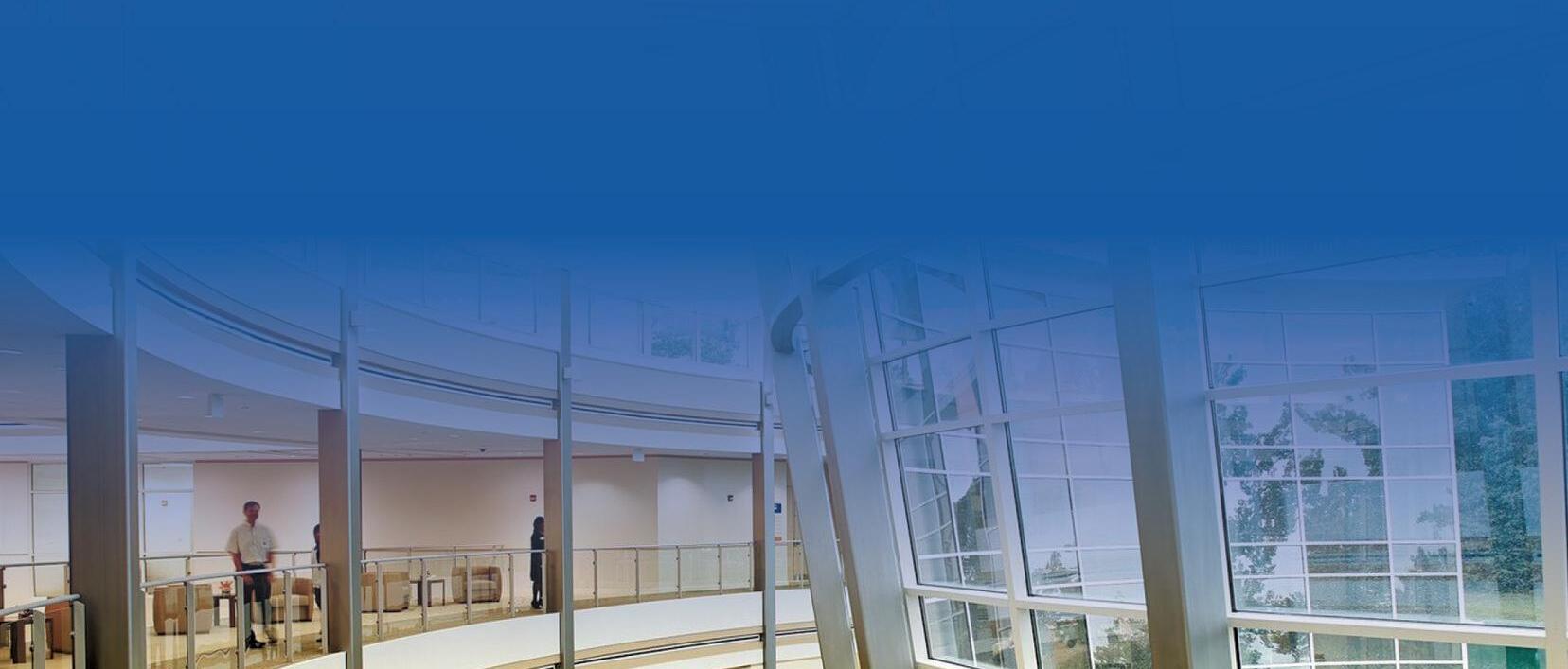
The event is free and open to the community, but registration is encouraged at jewishva.org/sundayfunday.


For more information, please contact Nofar Trem at ntrem@ujft.org or call 757-321-2334.

Monday, September 11, 8 pm, B’nai Israel
In preparation for Rosh Hashanah, Congregation B’nai Israel’s Sisterhood and the Norfolk Community Kollel are partnering to present renowned speaker and educator, Shifra Rabenstein.
Rabenstein’s personal life story is one of overcoming adversity through faith in G-d. Her journey of faith and courage uplifts and inspires audiences around the world.
The evening will also feature cake tasting by Nothing Bundt Cakes.
The event costs $10. Sponsorships are available. Contact Liba Eisenberg at 215-266-6358 for more information.
SEPTEMBER 10, SUNDAY
Super Sunday Community Campaign at the Sandler Family Campus. 10 am – 1 pm. For information, contact Amy Zelenka at azelenka@ujft.org or 757-965-6139. See page 14.
Tzedakah Sunday Fun Day. Families are invited for an afternoon of fun with tzedakah-themed games and crafts at the Simon Family JCC. Babysitting sign-up will be available for parents who volunteer for Super Sunday Community Campaign in the Marty Einhorn Pavilion between 12 and 1 pm. Free and open to the community. For more information and to register, visit JewishVA.org/children-family or contact Nofar Trem at Ntrem@ujft.org or 757-321-2334.
SEPTEMBER 11, MONDAY
A FREE Taste of Melton - Jewish Medical Ethics: A 21st Century Discussion (Online).








Led by Harman Grossman, an attorney and long-time Melton teacher at Central Synagogue in New York, students will have a taste of the upcoming Melton Course, which begins on September 27. Explore the positive, negative, beneficial, and detrimental aspects of the new technologies in the medical field and the wisdom Judaism offers in encounters with them. Begins at 6:45 pm. For more information and to register, visit JewishVA.org/KCL or contact Sierra Lautman at slautman@ujft. org or 757-965-6107.
SEPTEMBER 13, WEDNESDAY
Fiddler on the Roof: Backstage and Beyond. A thought-provoking panel discussion that goes beyond the curtains of the upcoming Norfolk production of Fiddler on the Roof. Panelists include Rabbi Michael Panitz (Temple Israel), Tom Quaintance (Virginia Stage Company), Jeff Ryder (Virginia Stage Company), and others. Free and open to the community, registration is required. 7:30 pm Wells Theater. Part of a partnership between the United Jewish Federation of Tidewater and Virginia Stage Company in advance of VSC’s October production of Fiddler on the Roof. Learn more at JewishVA.org/Fiddler.






Monthly Moon Circle. The Konikoff Center for Learning of the United Jewish Federation of Tidewater presents a tradition that spans thousands of years: a monthly holiday known as Rosh Chodesh, meaning “head of the month.” 6:45 pm. This is a time for self-reflection and rituals to help connect with this ancient legacy, learn from Jewish wisdom, and embrace the unique spiritual energy of each month. For more information and to register, visit JewishVA.org/KCL or contact Sierra Lautman at SLautman@UJFT.org.
Jewish Medical Ethics: A 21st Century Discussion (Online). A 10-Week Melton Course offered by the Konikoff Center for Learning at the United Jewish Federation of Tidewater. 6:45 pm. Led by Harman Grossman, an attorney and long-time Melton teacher at Central Synagogue in New York. From human cloning to surrogacy, modern medical advances can improve and prolong life, but also raise dilemmas – and Judaism has a lot to say about it. Early Registration is $235 before September 20 using code EARLYBIRD at checkout. Standard registration, $295. For information and to register, visit JewishVA.org/Melton or contact Sierra Lautman at slautman@ujft.org or 757-965-6107.
Scripture on the Silver Screen. In this 10-session course, offered by the Konikoff Center for Learning at the Simon Family JCC and taught by Temple Israel’s Rabbi Michael Panitz, students will learn how Hollywood retells a Bible story through five films, noting a fascinating synthesis. The biblical original, the long history of biblical engagement by students of different faiths, the conventions of modern-day cinematic storytelling and the creativity of the artists involved in the film all interact to produce a distinctively “modern midrash,” speaking to generations of film audiences, from the 1920’s to the present. 11 am – 12:30 pm. Registration is $75, $60 for JCC members. For more information and to register, visit JewishVA.org/KCL or contact Sierra Lautman an SLautman@ujft.org.
Chapman passed away peacefully at her home in New Orleans, Louisiana, on August 18, surrounded by her family.
Born and raised in Norfolk, Virginia, Ellen attended college at Tulane University and medical school at New York University. After completing her residency at Columbia, she returned to New Orleans with her
young family to settle permanently. Ellen fully embraced her adopted city and made many lifelong friends, including through her professional and equestrian circles. She loved to have a good time and particularly enjoyed carnival season, helping to organize the much-admired Ladies Godiva riding group.
There is not a person who knew Ellen who was not touched by her warmth.
She will be remembered for her natural energy, unabashed humor, candor, and indomitable attitude. On a typical day, she could be found waltzing the hallways of Ochsner’s labor and delivery unit, scrub cape trailing behind her and Diet Coke in hand, or at home in her cut-offs working over a batch of homebrew. On weekends and holidays, she was happiest with her family in front of the bonfire at their farm in Poplarville, Mississippi (with the occasional midnight drive to Ochsner for a delivery).
As a talented and beloved physician, Ellen made an immeasurable impact on so many families in the community. As a wife and mother, Ellen was a loving supporter and an incomparable role model for her own family. She was selfless and completely devoted to her patients, friends, and family.
Ellen will be missed by all, and especially by her husband David C. Chapman, her sister Shelley K. Weisberg (Jeff), her daughter Kelsey L. Haddow (Carson), her son, Dr. Jonathan R. Zeitzer, and her grandchildren John C. and Theodore S.F. Haddow.
Ellen was preceded in death by her parents, Theodore and Ina F. Kruger, and her beloved sister, Terri F. Kruger. A memorial service was held at Temple Sinai in New Orleans. The family requests that donations be made to Gladewaves.


NOFOLK - Milton Linwood Gamsey passed away peacefully in his home on August 11, at the age of 100.
He was the son of Morton and Reba Levy Gamsey.
He was a proud World War II veteran who was predeceased by his loving wife of 71 years, Rosalind Laibstain Gamsey.
Linwood is survived by his children, Dr. Alan Gamsey (Helen), Rita Burnat, David Gamsey (Carrie), grandchildren Mark Gamsey, Jeffrey Gamsey (Elise Min), Lawson Burnat (Laura), Kyle Burnat of blessed memory, Robyn Gamsey, Brian Gamsey (Katie) and great grandchildren Ethan and Mina Gamsey, Kyla and Weston Burnat, Declan Claunch, and Isaac Gamsey. He is also survived by sisters-in-law, Helen Laibstain (Harry of blessed memory), Carol Laibstain (Leonard of blessed memory), cousins Alvin (Brita) Levy, Armand
(Brenda) Levy, Jerry (Cookie) Levy, and Donna (Paul) Kelman, and many nieces, nephews, cousins, and friends.
Linwood was born and raised in Norfolk, graduated from Maury High School in 1941, and enlisted in the US Army Air Corps in 1942 at age 19, where he served honorably – for three years, three months, and three days, as he often said. His brother, the late Lt. Arnold Gamsey, also served and was killed in the last few weeks of the war at age 25.
As a young man, Linwood was active in the Boy Scouts. He became a Life Scout and served as Scout Master of Troop 29, mentoring many in the area. Linwood joined the family business, A. Levy & Sons, at age 11, until his retirement at age 72. Linwood and Rosalind attended services regularly at Beth El Synagogue. He was also a member of the Arnold Gamsey lodge of B’nai Brith and was a lifelong Mason at Norfolk #1 Lodge.
Linwood was an avid photographer whose photos preserved the family history. He was well known at the JCC on Newport Ave., where he swam and exercised for decades. He continued to work out at the Norfolk Fitness center until it shut down for COVID.


Known as “Rock” within family circles, he believed in always being prepared, had a great attitude, and a good sense of humor. He was a strong and loving father, grandfather, and great grandfather.
A funeral service was held at H.D. Oliver with burial at B’nai Israel Cemetery. Contributions can be made to Beth El, Jewish Family Service or a charity of the donor’s choice. Online condolences may be shared with the family at www.hdoliver.com.


NORFOLK - Harold Levenson, 83, passed away after contracting COVID.
He was better known as Hal and can best be remembered by his booming presence – his mind and stature overwhelmed a room. He loved having challenging conversations as well as listening to music of all kinds and playing his banjo.
Born in West Springfield, Mass., Hal was a basketball star in high school and elected president of the student body. He attended Dartmouth College and Syracuse University, where he earned a master’s degree in journalism.

During his 25-year career in broadcast journalism, Hal worked for WABC-TV in New York City, as a copy boy and then as a writer. From there, he moved to WNBC-TV as a writer, and he produced two weekly TV interview shows called Direct Line and Searchlight. As an investigative reporter at WCBS-TV, he made news documentaries; he assisted the boxer, Rubin Hurricane Carter, in having his murder case reopened. Later, he went to WNET-TV and worked on the TV show, 51st State, before changing jobs again to work as a producer at WNEW-TV. As a news director, Hal moved to Washington D.C. to work for WTTG-TV. His journalism career ended as news director for WAVY-TV.
Hal started a small public relations firm called Levenson Communications. Before ending his career, he worked for Harris Communications, where he received multiple achievement awards for his ability as a salesperson.
Hal is survived by his wife, Elaine.
He passed away a week before their 60th wedding anniversary. He is also survived by two children, William Levenson of Portland, Oregon and Emily Levenson–Kurland of Lima, Ohio, and two grandsons, Zachary and Andrew Kurland of Lima. He leaves behind one sister, Judith Juarez, of La Mesa, Calif.
VIRGINIA BEACH - Joan H. Strauss, age 101, died Monday August 7.
Joan was the beloved wife of Werner S. Strauss, who preceded her in death. She was the loving mother of Renee Dawson and Larry Strauss (Katherine), grandmother of Adina S. Gadell (Tim), and great-grandmother of Mya and Kai Gadell.
Joan got her start in advertising writing and became an accomplished children’s writer with many short stories published throughout her many years of writing, teaching, and volunteering at schools. She was an avid tennis player throughout her life and a former Girl Scout Leader.
(JTA) — Claire Golomb was 10 years old and living in Frankfurt, Germany when, early one morning, there was a loud knock at the door.
Nazis had come to take her father away. She, her mother, and her older sister soon fled to Holland, where they would hide until the end of the war.
“You could say that I woke up with a bang during these years,” she told an interviewer for a 2008 oral history. “That’s the end of my childhood, I would say, around the age of 10, and I had a very realistic assessment of what the conditions were.”
If her own childhood ended there, her interest in the psychology of children — especially their creativity and intelligence from an early age — never waned. After making her way to Israel and later to the United States, Golomb became a psychologist and scholar whose work focused on children’s art, make-believe play, story construction and the role of gender in those pursuits.
In works such as her 2011 book The Creation of Imaginary Worlds, Golomb explored how children perceive fantasy and fact and can tell the difference.
Golomb, a professor emerita in the Department of Psychology at the University of Massachusetts Boston for more than 40 years, died in her home near Boston on July 26. She was 95.
In the oral history interview, Golomb drew a connection between her childhood and her work.
“The events of the Holocaust and its effect on my family and my community no doubt influenced my decision to choose a career of service, a desire to improve upon the world in some ways,” she said. “Because clearly I had to find meaning in my life and I had to make the fact that I survived sort of a response, a positive response to what had happened in some ways. I couldn’t just go back to existing, certainly not with the kind of mindset that I had in terms of looking for meaning and for change.”
Services were graveside at Oheb Shalom Cemetery, Reisterstown, Maryland. Contributions may be made to Horizons Hampton Roads or the charity of one’s choice in her loving memory.
PORTSMOUTH—Lily Stromberg, age 94, died peacefully in her home with family on August 13.
Lily was born in Montreal, Canada, to Jacob and Jennie Tessler. She earned her degree in elementary education from MacDonald College of McGill University School for Teachers. She also received her Hebrew education in Montreal, where she was a graduate of the “Yiddish Folks Shule.”
After moving with her family to Portsmouth, Va., Lily was employed by the Portsmouth Public Schools until her retirement. She had a passion for education and loved working with the special-needs children of the DAC Center. The young ones loved Ms. Lily.
She was an active member of Gomley
Chesed Synagogue and its Sisterhood. Upon its closing, she became a member of Congregation Beth El in Norfolk, Va. She was also a lifetime member of Hadassah, Beth Sholom Home, and The Women’s Auxiliary of the Portsmouth Academy of Medicine.
Lily was predeceased by the late Hyman Stromberg, MD, as well as her siblings, Maurice Tessler, Clara Friedlander, and Beatrice Mikelberg. She is survived by her three children, Jack (Mary), Burle (Robin), and Debbie (Michaeleen), her 104-year old aunt, Bella Bernstein, her grandchildren Arielle, Rachael, and Sam, her great-grandson Owen, many nieces, nephews, and cousins, and special friend, Marilyn Buxbaum.
A graveside service was held at Gomley Chesed Cemetery in Portsmouth. Memorial donations may be made to the Strelitz International Academy of Tidewater (strelitzinternationalacademy. org). Condolences may be registered at BWFosterFuneralHome.com.
(JTA) — To prepare for their role in creating Adam Sandler’s latest movie, crew members hit the Toronto bar and bat mitzvah circuit.
Production designer Perry Blake and set decorator Julia Altschul, guided by a local consultant on the Jewish coming-of-age ceremony, crashed 10 parties within a matter of weeks.
“We saw how amazing and big and outlandish and extravagant they were,” Blake says. “With a movie, you usually set your sights high — bigger than the real world. But that was like, wow, the real world is really amazing.”
The team borrowed several features from the events they attended, from 30-foot-wide videos honoring the bar and bat mitzvah celebrants to costly DJs to fanciful lighting displays. All of those led to the lavish sets in You Are So Not Invited to My Bat Mitzvah, which now streams on Netflix.
One circus-themed party inspired the dazzling Carnivalethemed bar mitzvah that opens the film, complete with a firebreather and stilt walker.
“We actually hired one of the people who was working at this circus bar mitzvah to be in our movie,” says Altschul. “She was a stilt walker and she had different outfits. So, at the circus bar mitzvah she was a bearded lady and then at ours, she was this really amazing, flamboyant butterfly girl.”
The world of extravagant, euphoric, and angst-charged parties for 13-year-olds is the setting of Sandler’s new comedy, a coming-of-age drama that is also an onscreen vehicle for his real-life Jewish family. Sandler plays the befuddled, uncool dad Danny Friedman to Stacy and Ronnie Friedman, portrayed by his real-life daughters, Sunny and Sadie Sandler, while his wife Jackie Sandler has a smaller role as the mother of Stacy’s best friend Lydia.
The friendship between Stacy and Lydia makes up the backbone of the film, which is based on Fiona Rosenbloom’s
2005 book of the same name. The two girls start out planning their dream bat mitzvah parties together, but a rift over Hebrew school stud Andy Goldfarb (Dylan Hoffman) threatens to destroy both their friendship and their Jewish rites of passage.
Sandler has previously appeared in movies with Jewish themes, including the comedy You Don’t Mess With the Zohan, about a legendary Israeli soldier who dreams of becoming a hairstylist, and acclaimed dramas, The Meyerowitz Stories (New and Selected) and Uncut Gems. (The Jewish actress Idina Menzel starred opposite Sandler in Uncut Gems, a crime thriller about the diamond business, and again plays his character’s wife in the new film.)
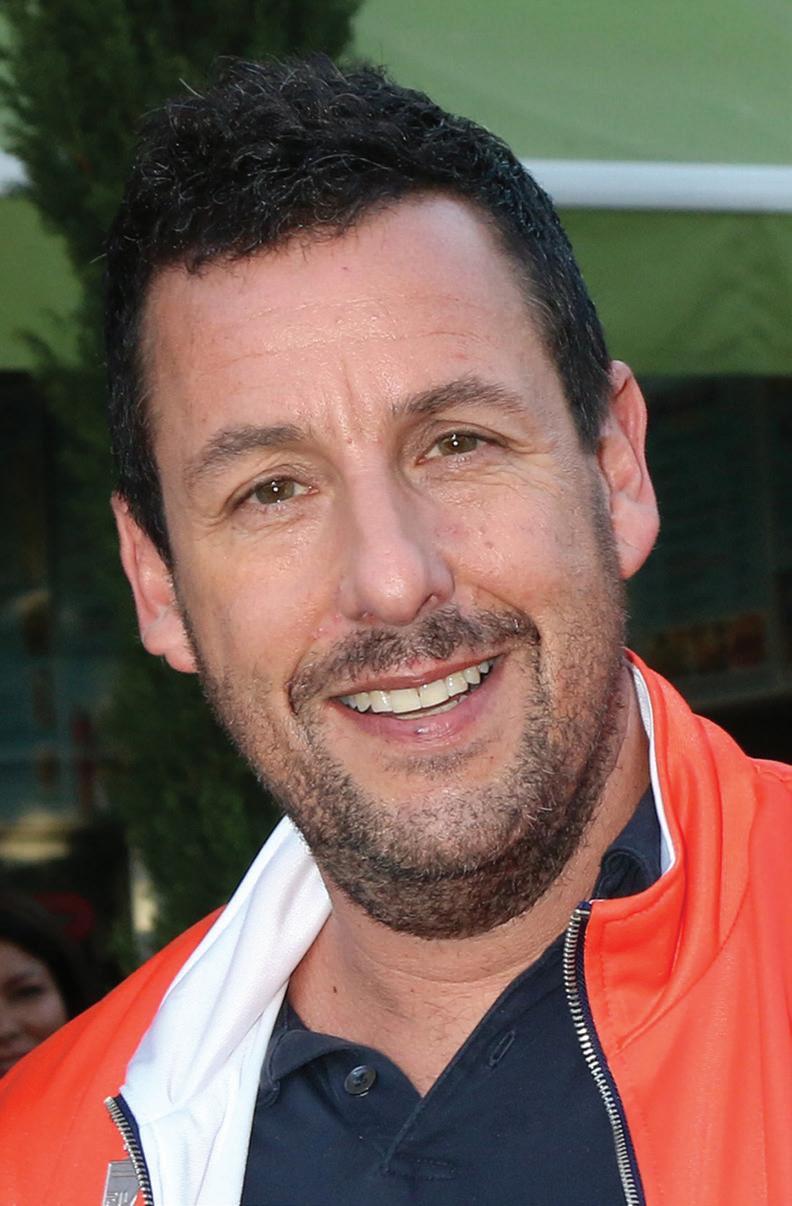
But none of those stories portrayed a centerpiece of Jewish family life so thoroughly, and so earnestly. You Are So Not Invited to My Bat Mitzvah shows Stacy practicing her Torah portion; agonizing over her “mitzvah project,” a service initiative that many congregations encourage; and meeting with her hipster, often-on-thetreadmill rabbi, played by comedian Sarah Sherman. (The movie, directed by Sammi Cohen and written by Allison Peck, filmed in part at a real Toronto Conservative synagogue, Beth Tzedec.)
For Stacy, Lydia and their friends, the point of the milestone is the party. The movie explores the intense pressure that families, especially in affluent communities, can face to throw the best-ever bash. Bar and bat mitzvah parties in the United States can cost between $10,000 and $40,000, or upwards of $100,000 for families in New York City and Los Angeles, according to The Bash, an event-planning platform — though the price tag can easily rise higher for families that choose pricey venues and entertainment. One 2015 celebration in New Jersey that featured teen idol Nick Jonas reportedly topped $1 million.
Sandler’s character battles back against the pressure. After Stacy demands a private yacht on the Hudson River and pop star Olivia Rodrigo on a jet ski, her father responds: “When I got bar mitzvahed, we had a party in Grandma’s basement. We all split this giant matzo ball. That was the fun. You know what the theme was? Being Jewish!”
The greatest challenge for crew members was packing all the splendor of real sprawling festivities into brief shots, says Altschul.
“A real bar or bat mitzvah is hours,” she says. “So, we’re trying to get people to see all the bits and pieces — speeches, a video, the grand entrance, candle-lighting, the swag, the full picture — in a quick minute or two.”
One coming-of-age party in particular fueled the crew’s imagination: star Sunny Sandler’s real-life bat mitzvah, which took place in Los Angeles just a few months before the film started shooting. Blake attended the ceremony and the celebration along with Cohen and Peck.
“That was Adam Sandler’s daughter, so it was pretty over-the-top, too,” says Blake.
The event was notable not only for its famous attendees, including Jennifer Aniston, a close family friend, and Jewish director Judd Apatow, who is Sandler’s former roommate. Like the fictional party at the climax of the film, Sunny Sandler’s bat mitzvah was Candyland-themed. Blake took photos of its impressive candy buffet and pink-and-purple color scheme, which directly inspired the movie set.
The crew worked with Heather Glowinsky, the proprietor of Rockpaper Events in Toronto, to sample other glitzy celebrations. But though the crew had fun building elaborate party scenes, they said they also sought to convey the significance of a ritual that unites Jewish families.
“The coolest thing was just seeing that it’s so much about family,” Blake says. “Just seeing the old grandma table with one kid there, or the parents all hanging out and they just know each other, and all the kids know each other from going to Hebrew school.”
Altschul, who has a Jewish father but did not have a bat mitzvah celebration herself, says the bar-and-bat-mitzvahcrashing season made her rethink her own connection to Jewish tradition.
“I realized how much I know about being Jewish,” she says. “I really didn’t consider myself so Jewish, and then I realized that my grandma and my dad had actually instilled so many things in me. So that was a nice discovery.”
Now starting as early as birth, the B’nai Tzedek Youth Philanthropy Program encourages our youngest members of the community to get involved in tzedakah by establishing a fund for Jewish charitable giving.
AND—when you establish a new fund with at least $250, TJF will match your gift with another $250 for a starting balance of $500! When your child is bar or bat mitzvah age, they will have a fund from which they can grant 4% to a Jewish charity of their choice, empowering them to take ownership of their own philanthropy—a valuable lesson we know pays off!

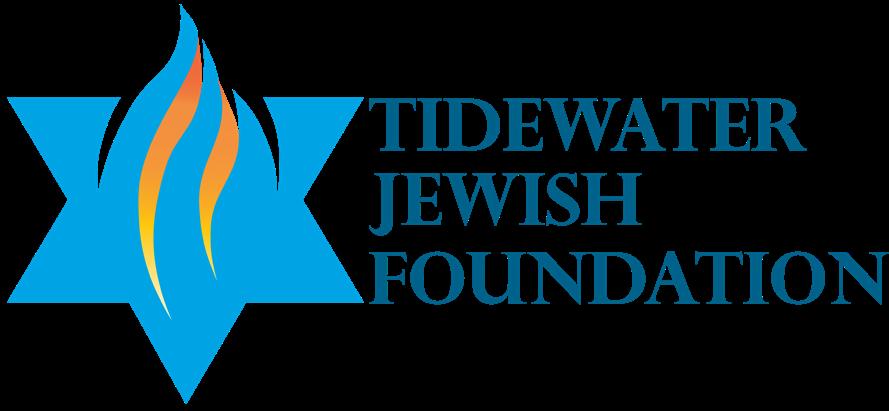
When the fund reaches $5,000, your child will have a Donor-Advised Fund (DAF)—a lifelong resource they can use for tzedakah on their philanthropic journey.
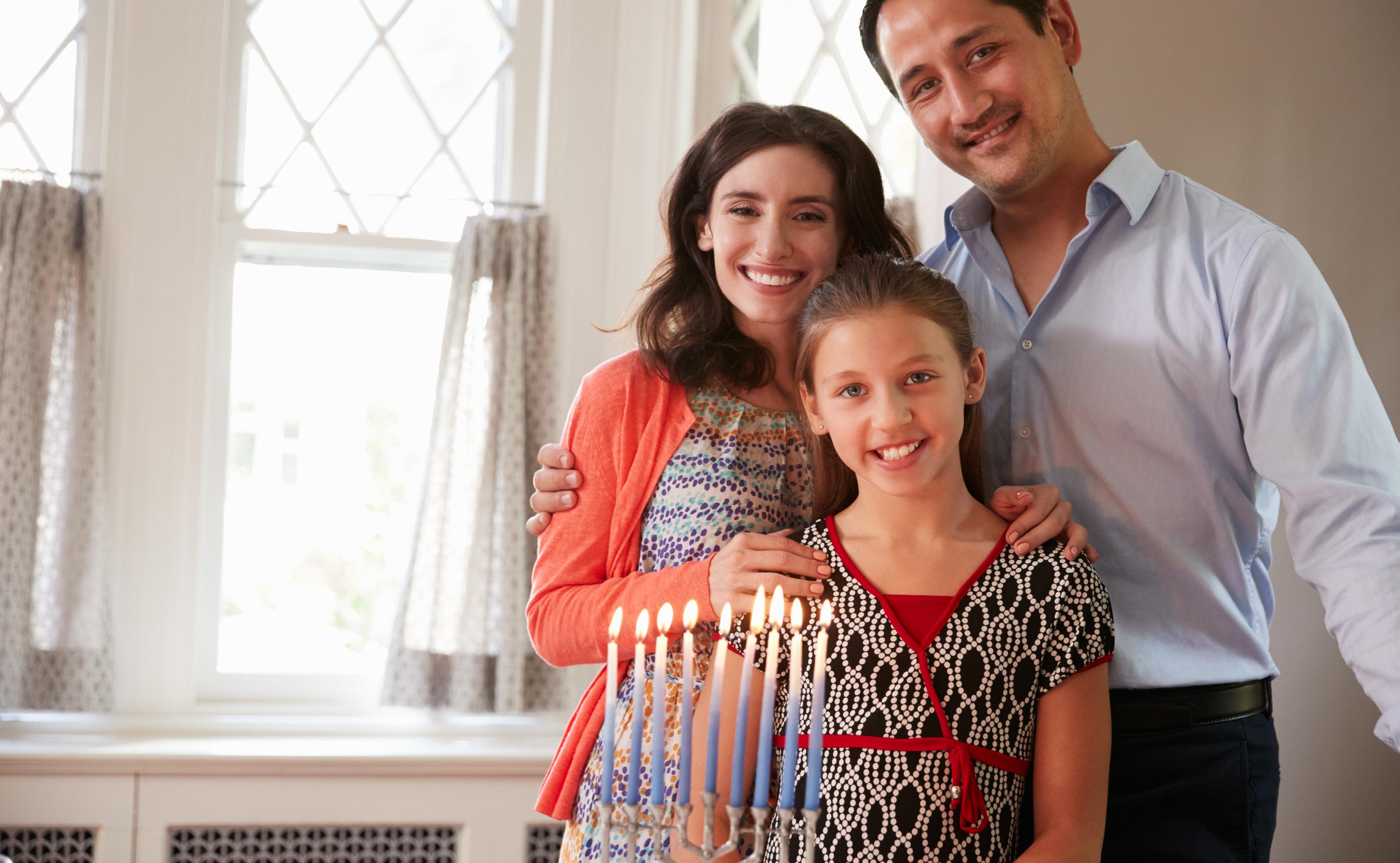
ALDO’S RISTORANTE NORTHERN ITALIAN CUISINE 757.491.1111


AMAZING LASH STUDIO EYELASH & BEAUTY STUDIO 757.347.5875
ANTHONY VINCE’ NAIL SPA FULL SERVICE NAIL SPA 757.226.0900
AVA MARIE SALON & SPA FULL SERVICE SALON 757.962.0199
CALICO CORNERS
FABRIC, WINDOW TREATMENTS, FURNITURE 757.463.1401
FIRST CAROLINA BANK FINANCIAL SERVICES 757.217.4542
GOURMET GANG BISTRO & CATERING OPENING SOON! KAADO MD AESTHETICS & ANTI-AGING 757.788.4508
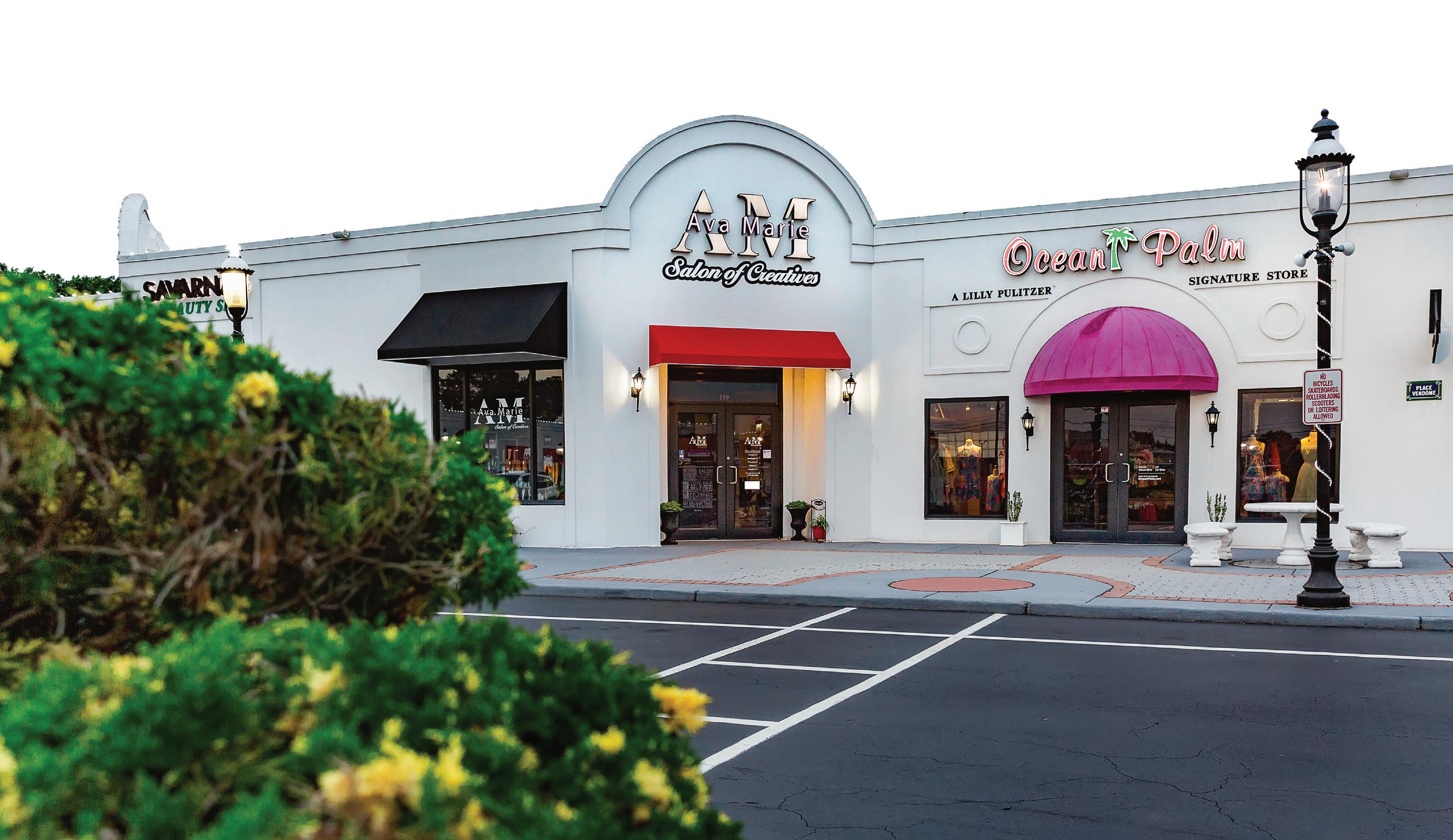

J.MCLAUGHLIN LADIES, MEN S & CHILDREN S APPAREL 757.734.7148


JOS A. BANK CLASSIC MEN’S CLOTHING 757.425.0071
MIZUNO SUSHI AND MORE 757.422.1200
NOTHING BUNDT CAKES SPECIALTY CAKES 757.395.4021
OCEAN PALM A LILLY PULITZER® SIGNATURE STORE 757.437.7256
RESTORE HYPER WELLNESS INFUSIONS & CRYO 757.769.7514
SAVARNAS THREADING, SKINCARE & HENNA 757.446.0101